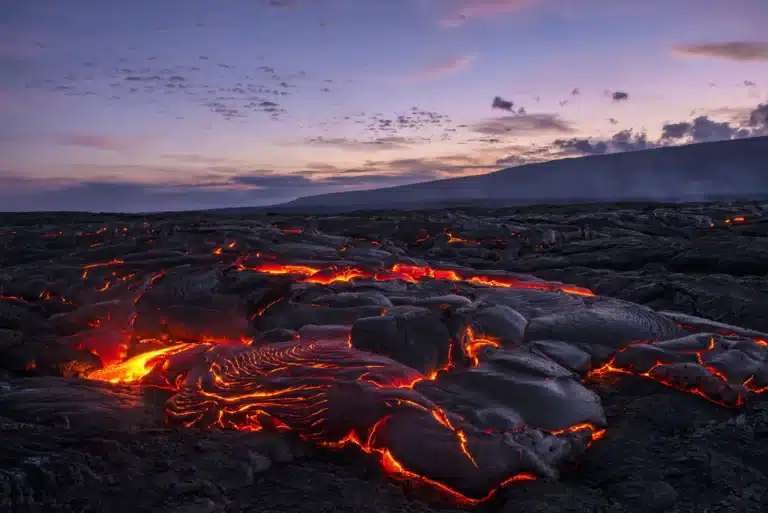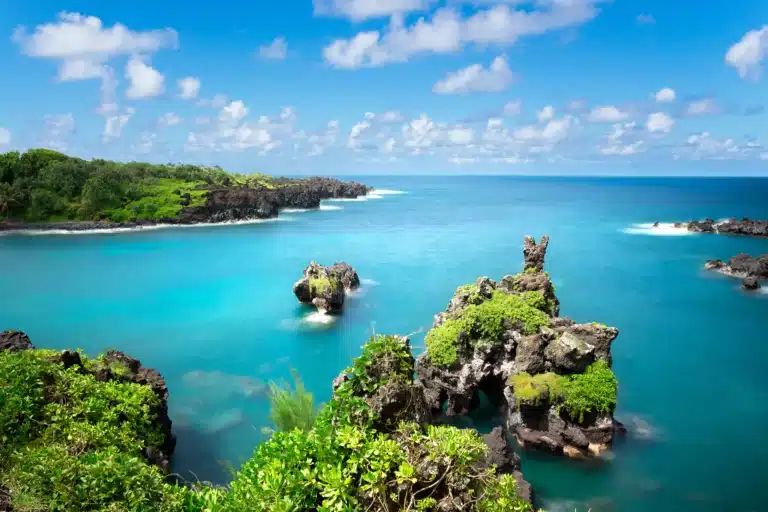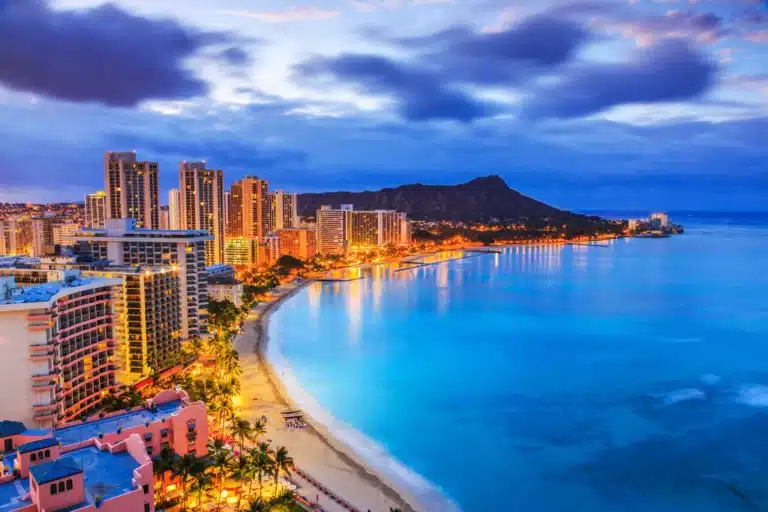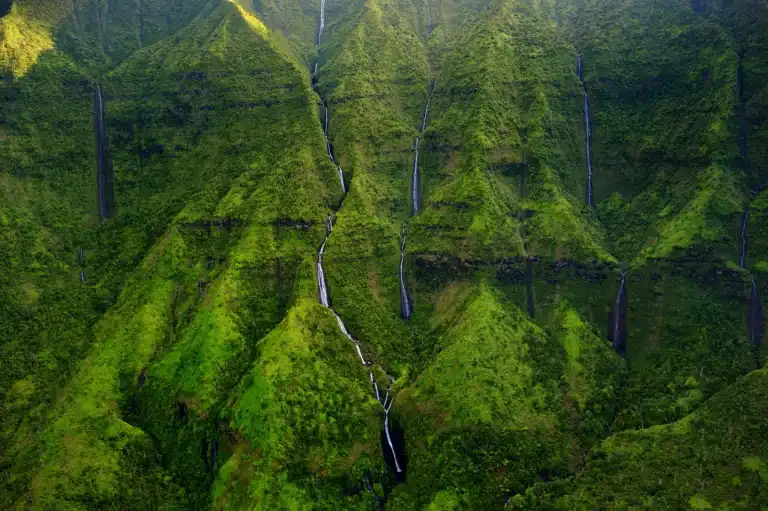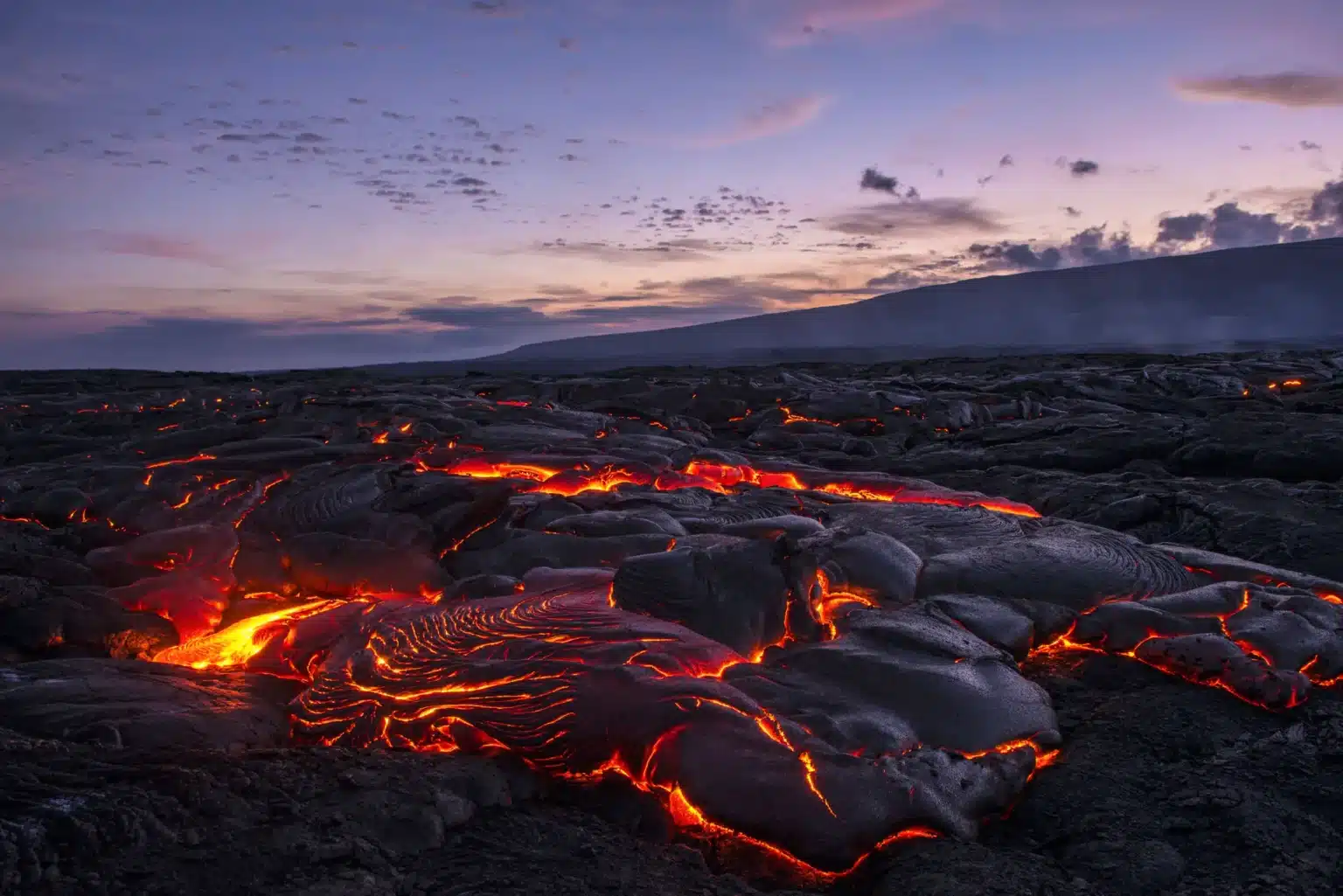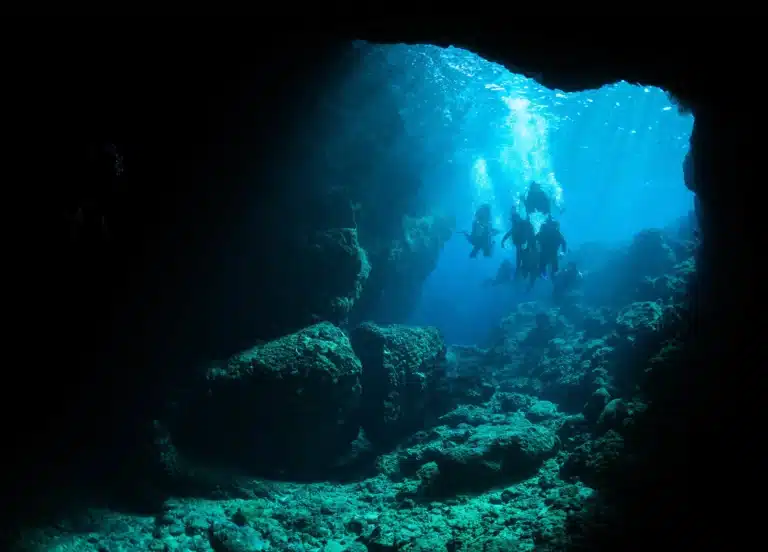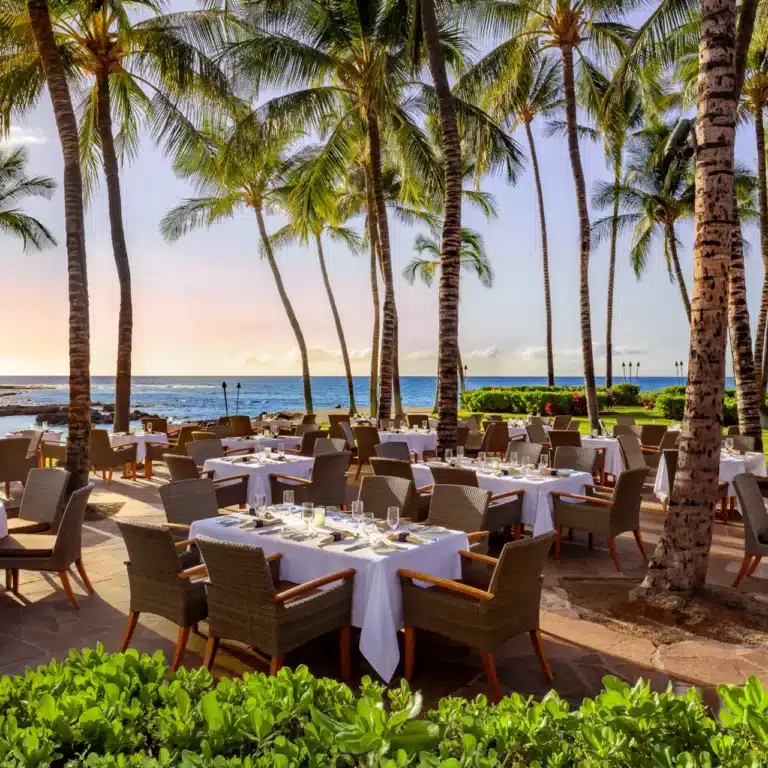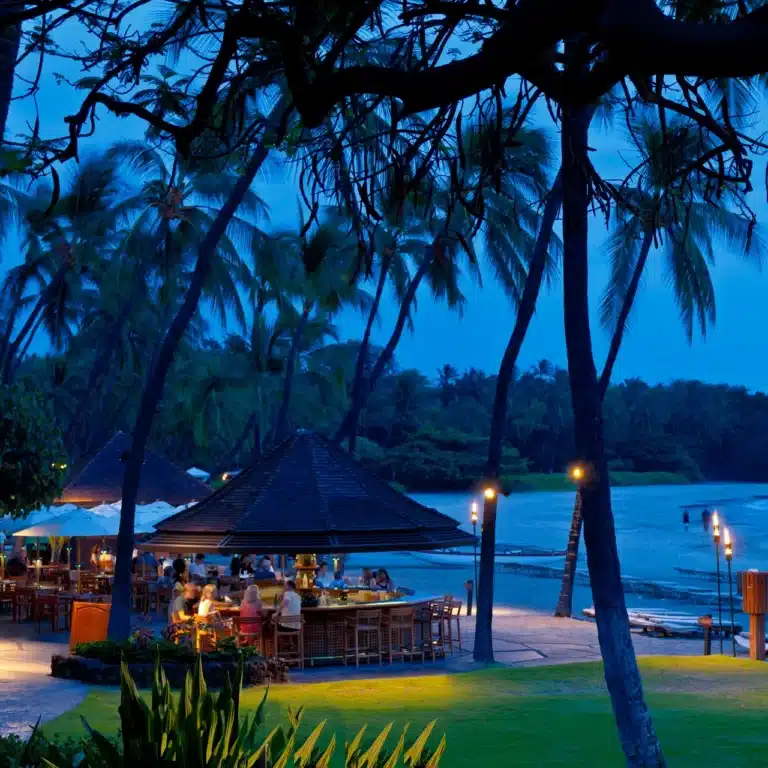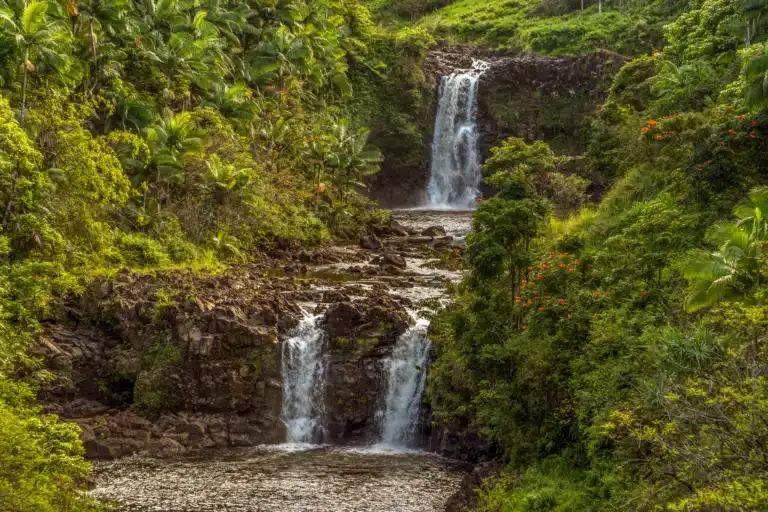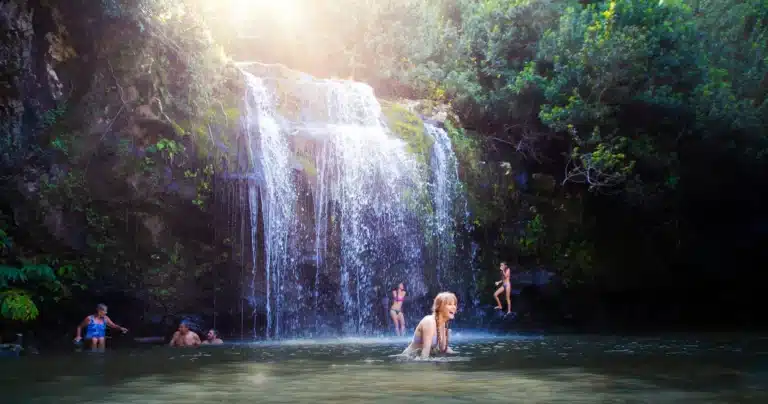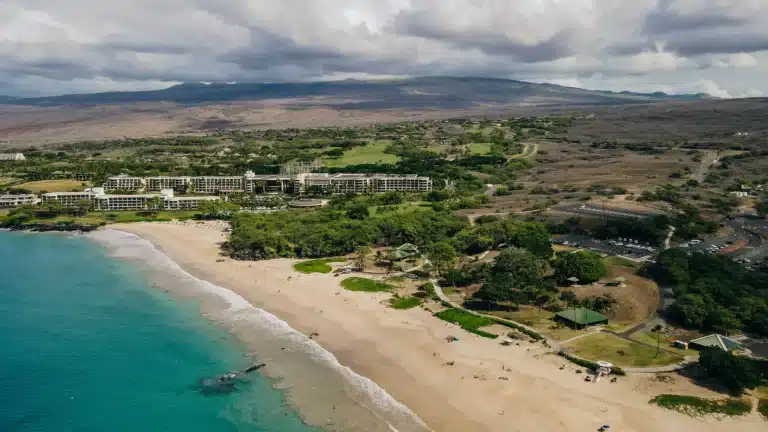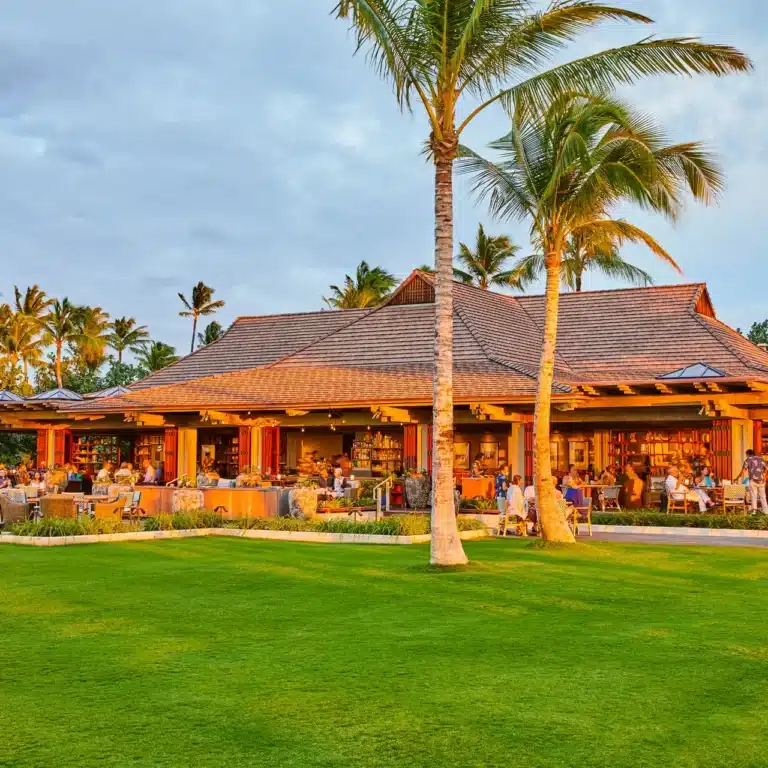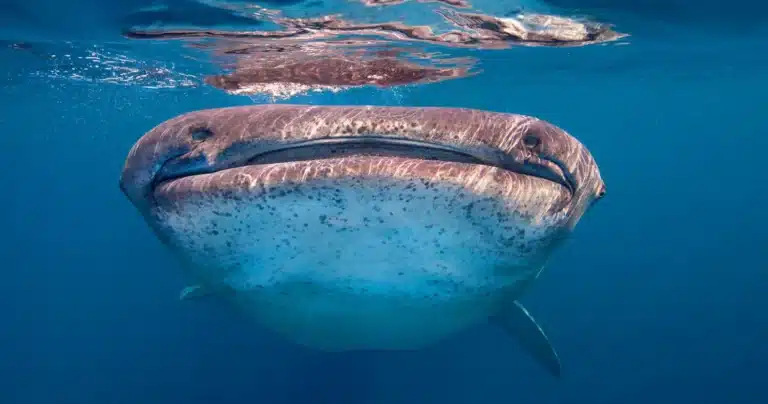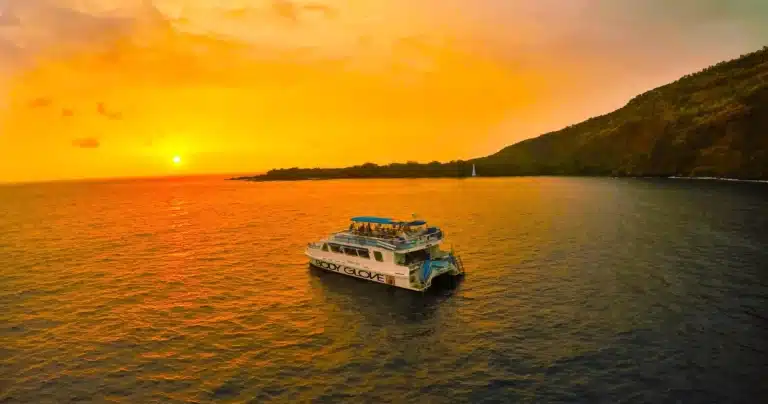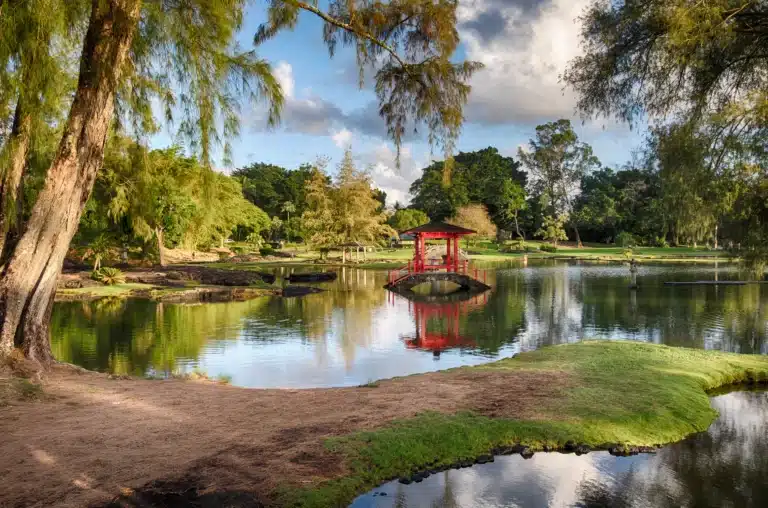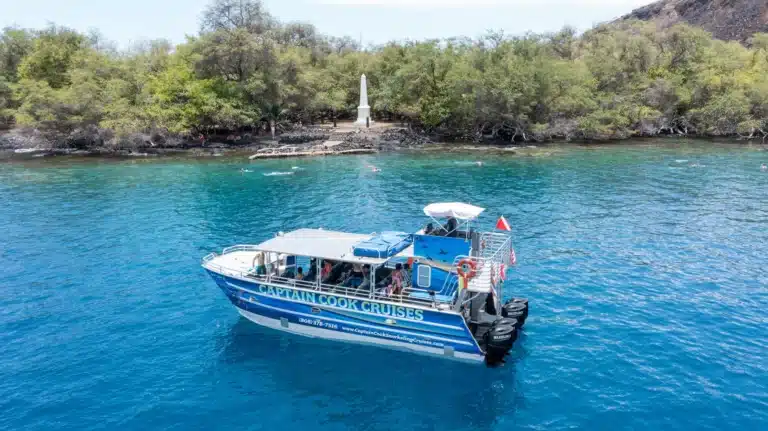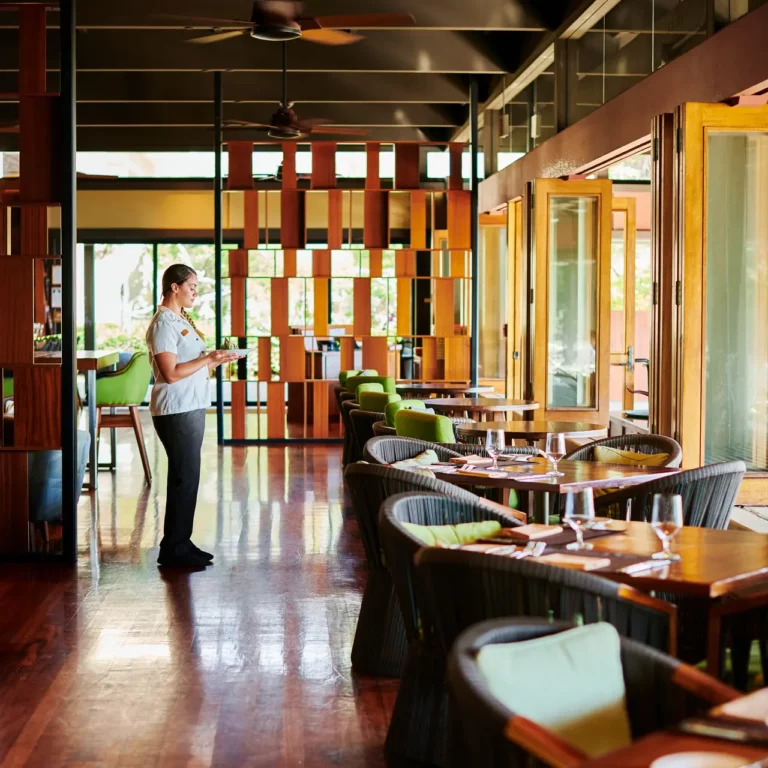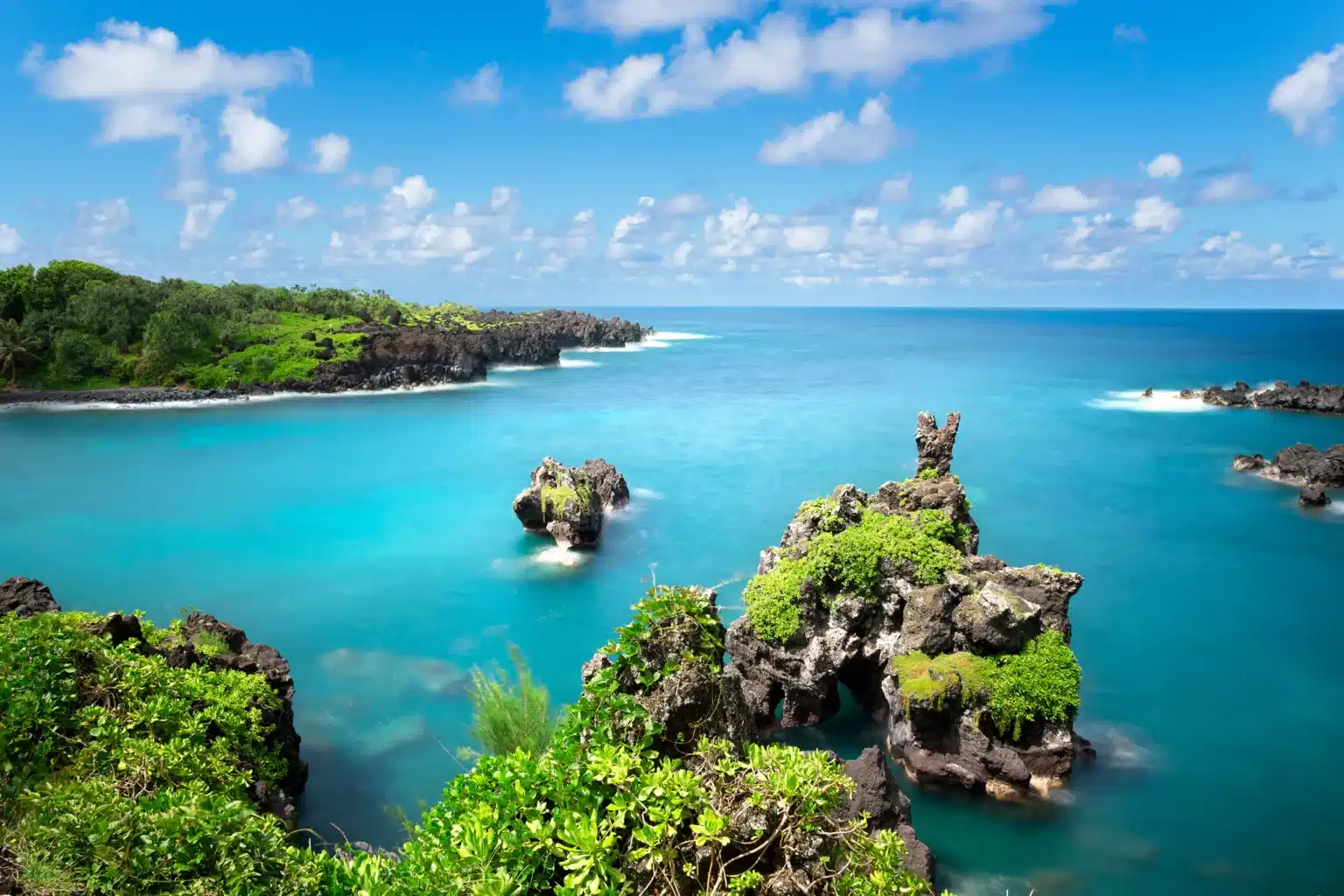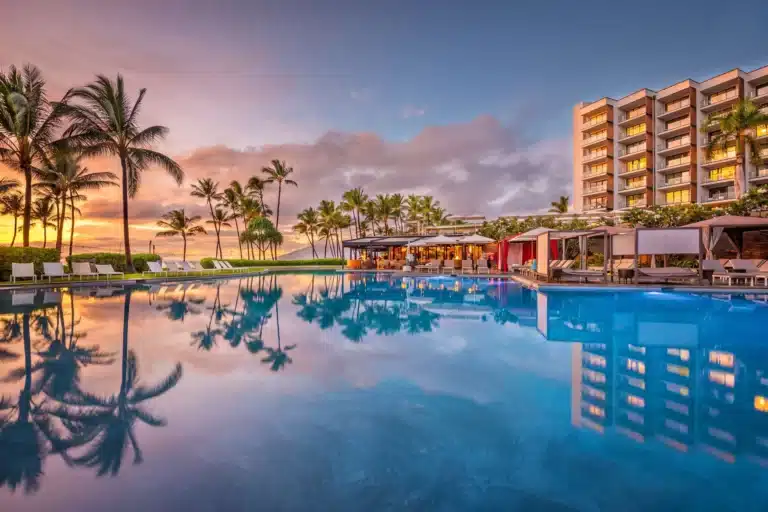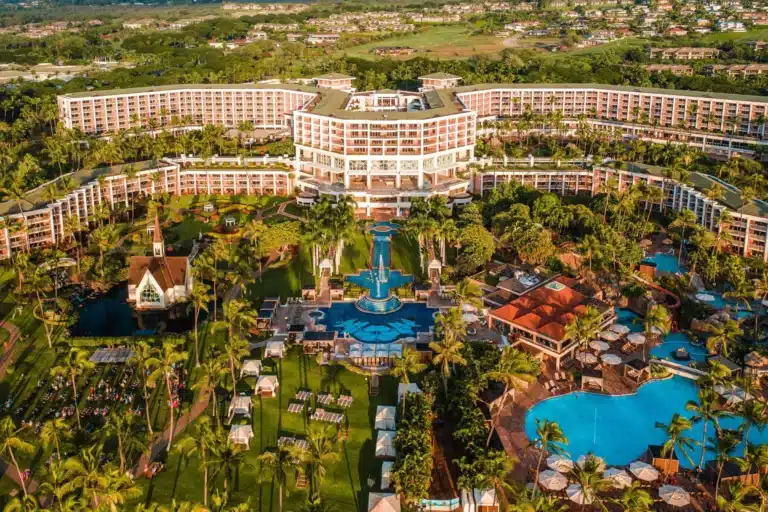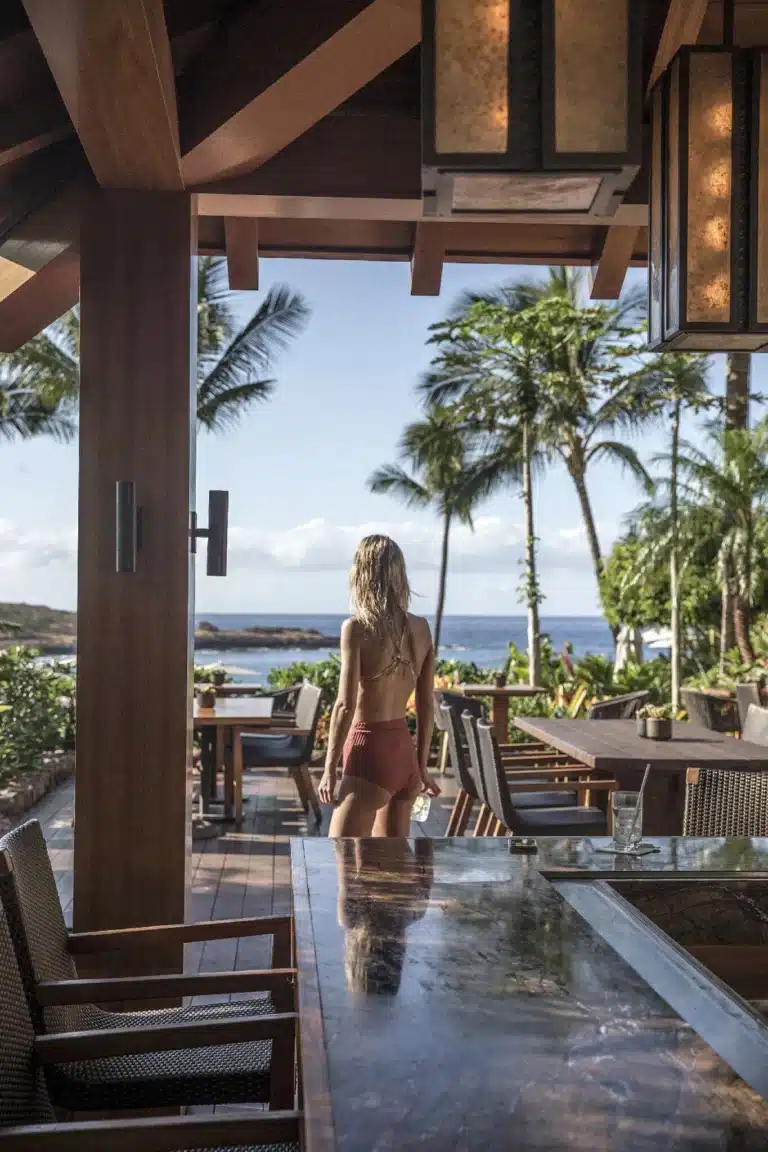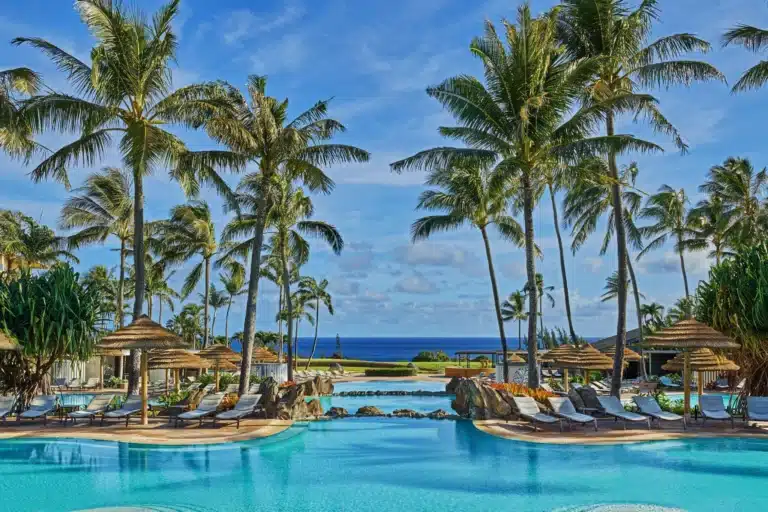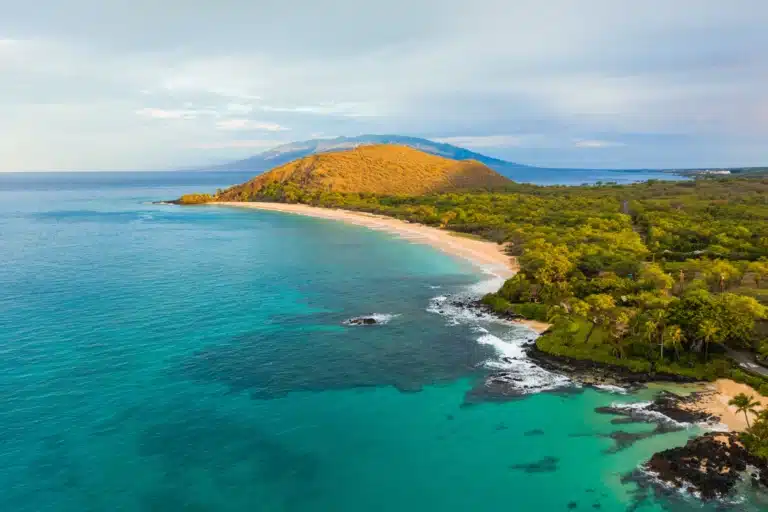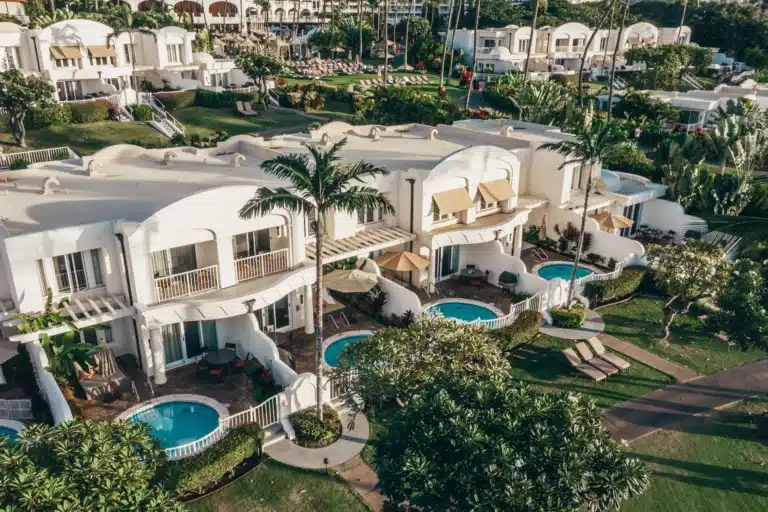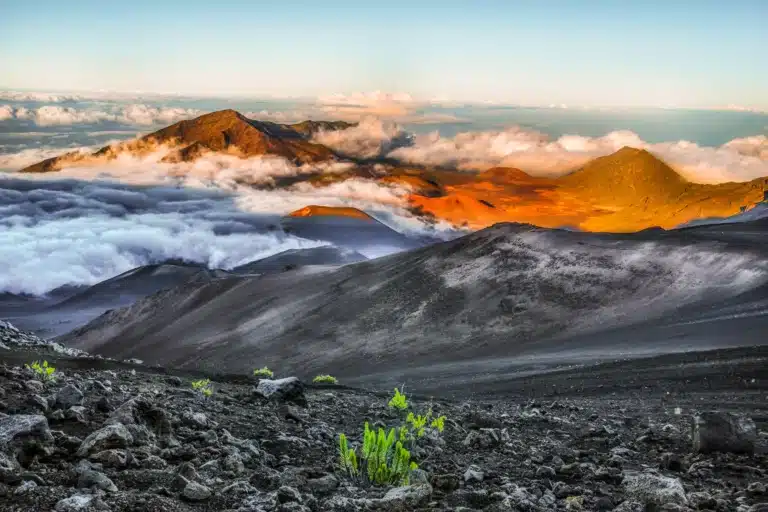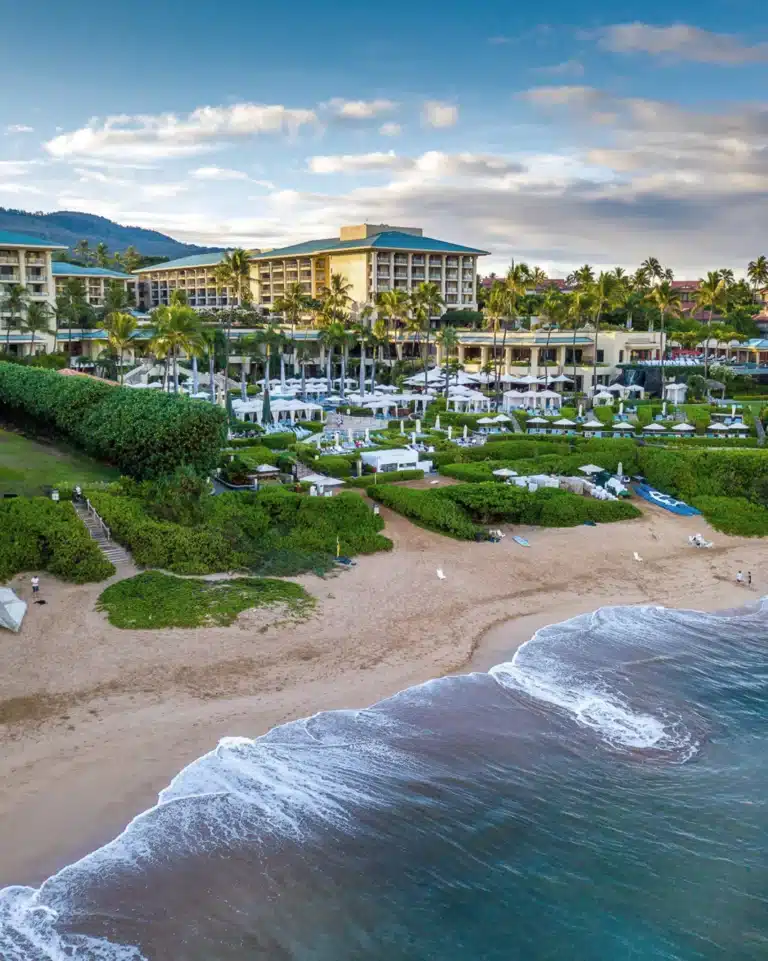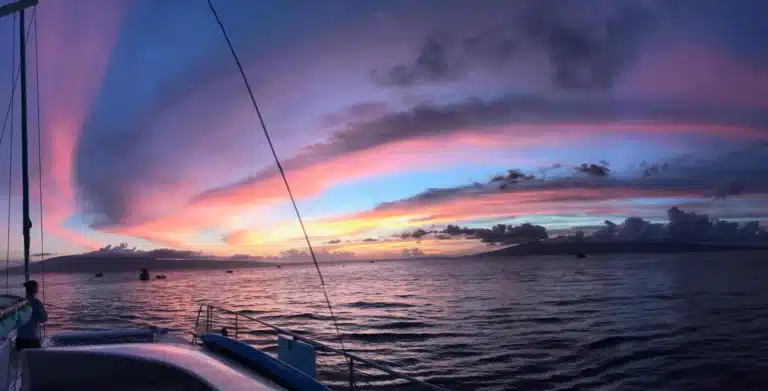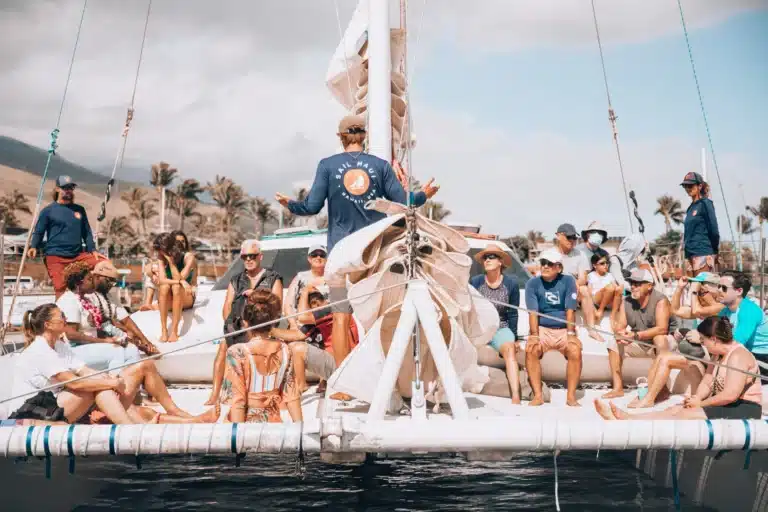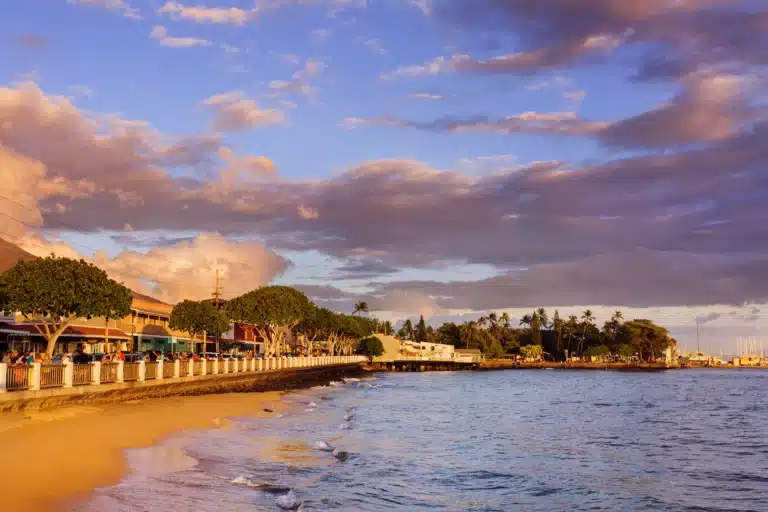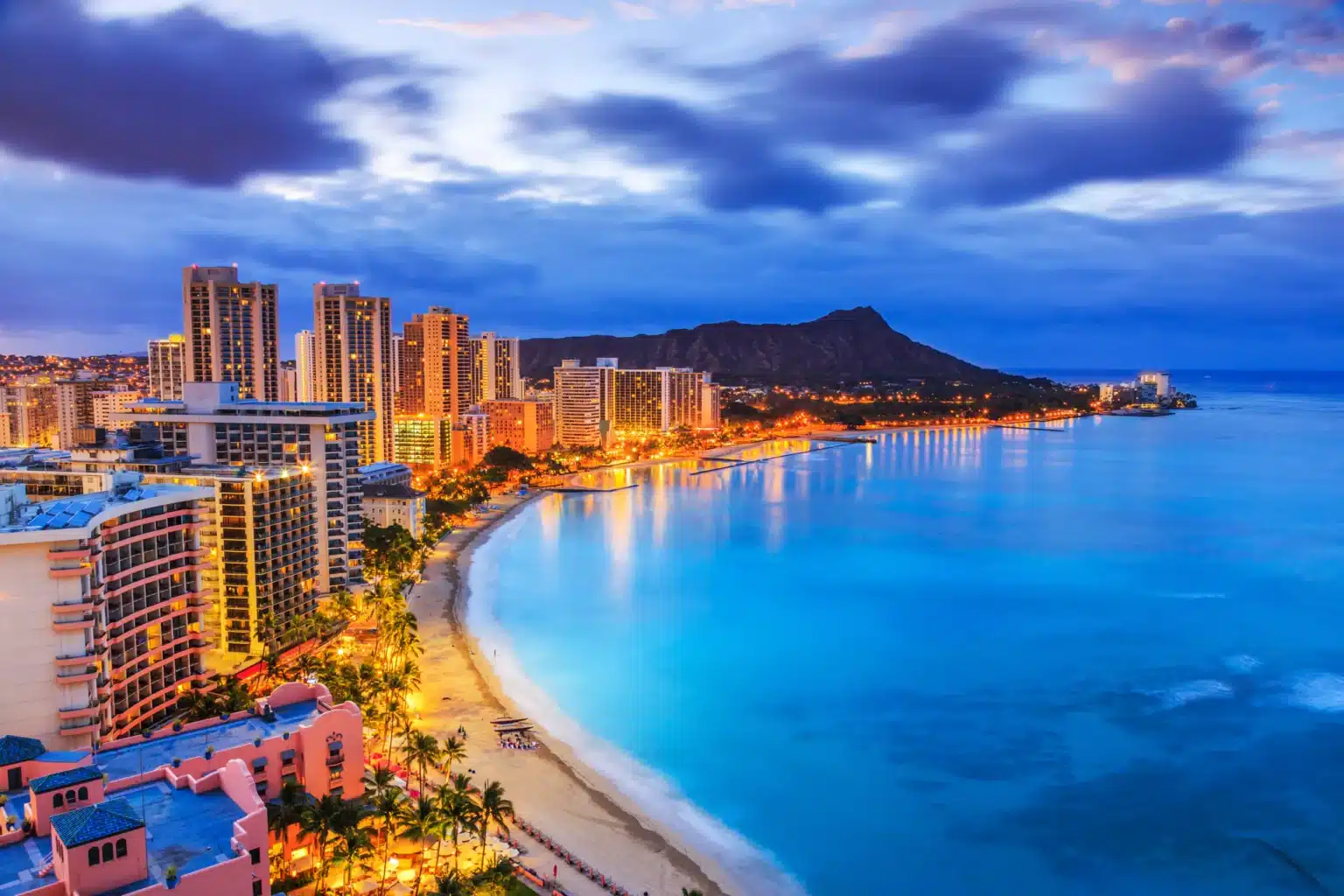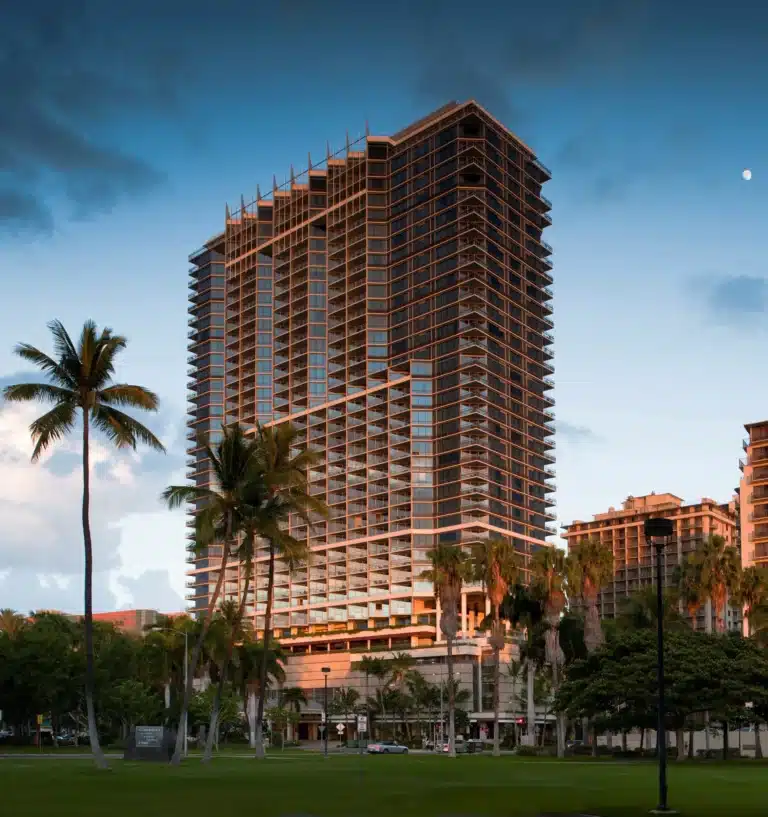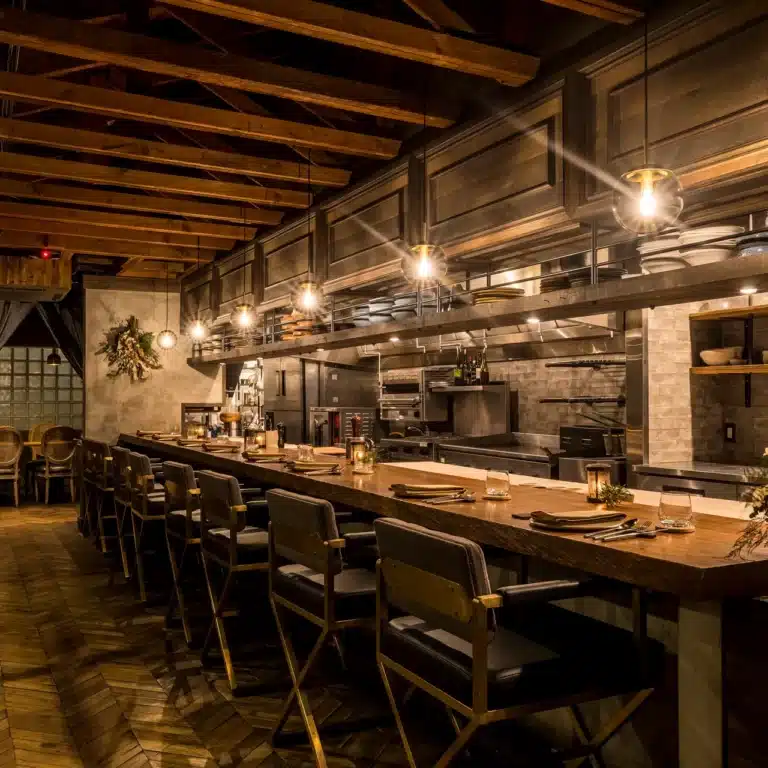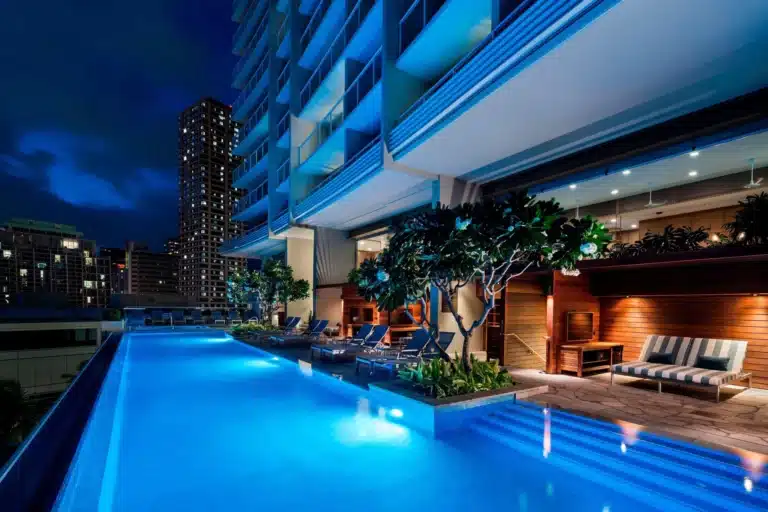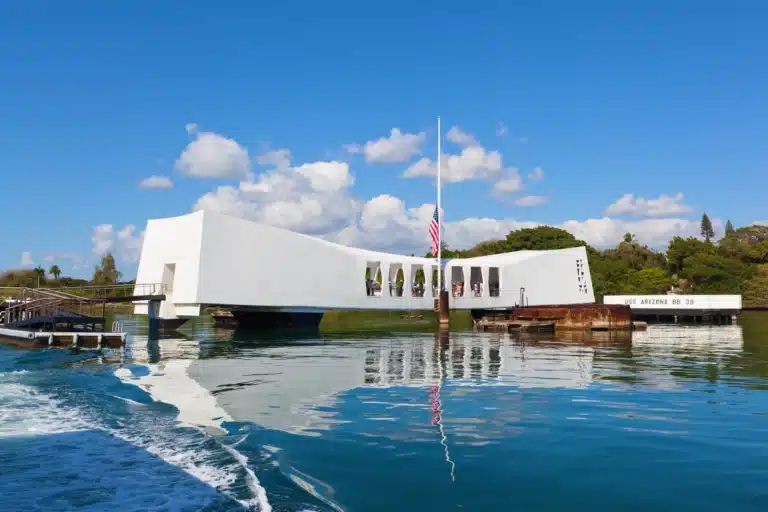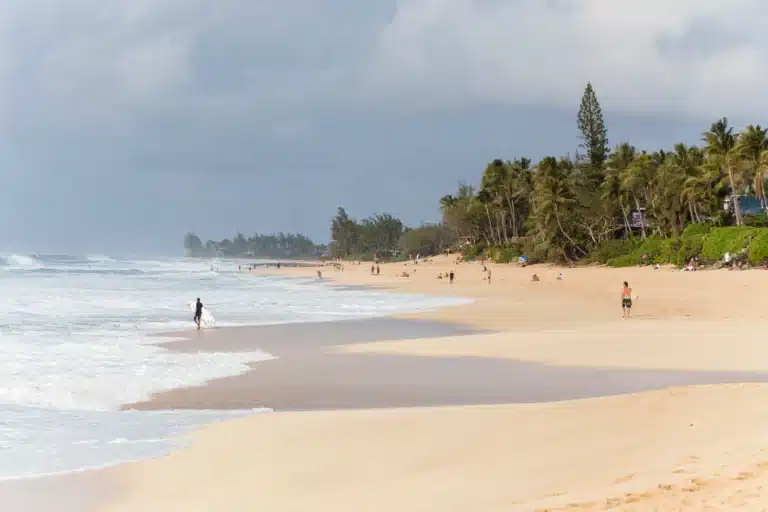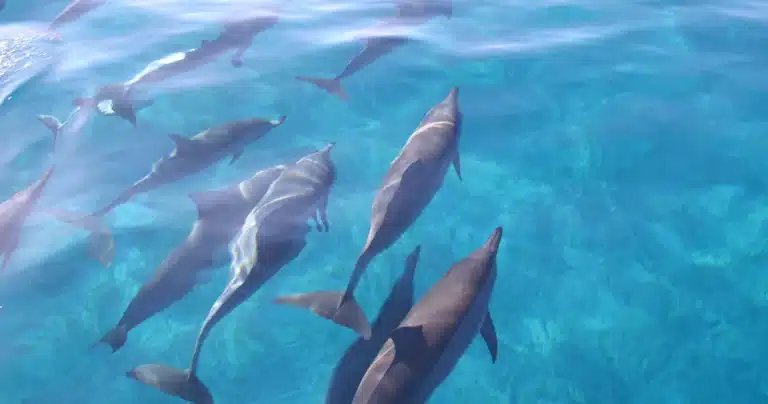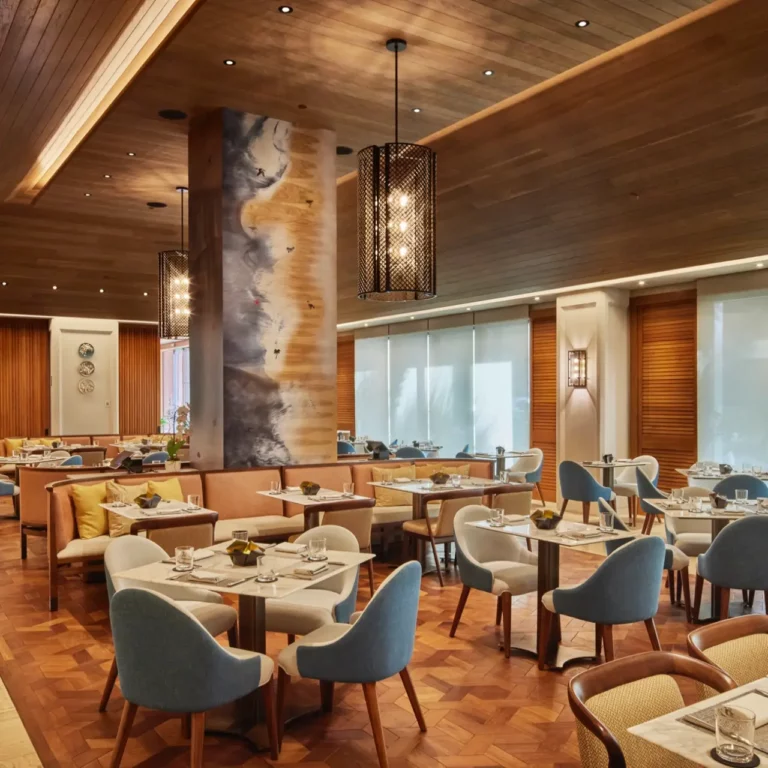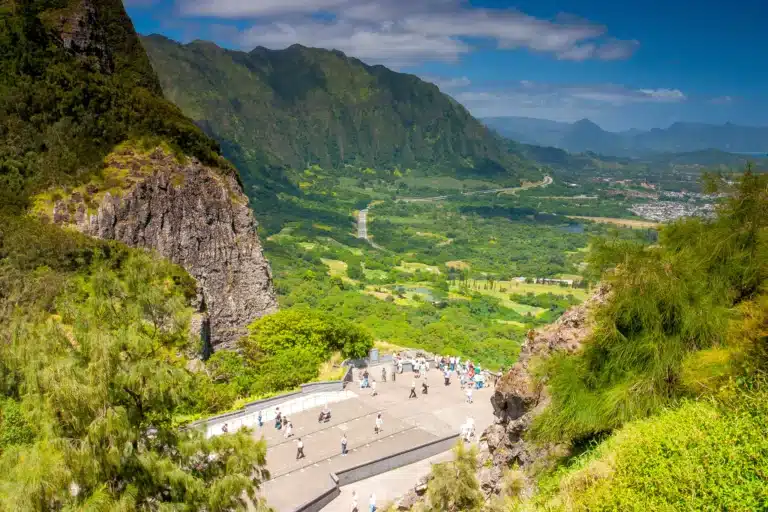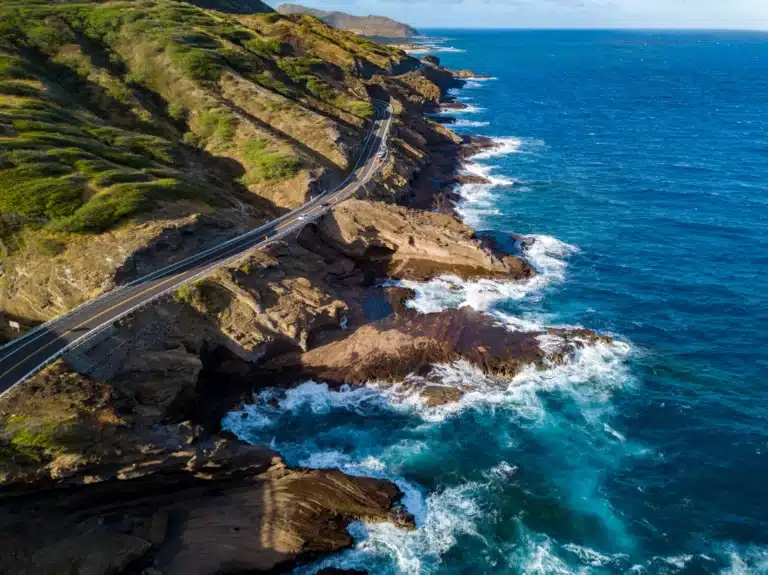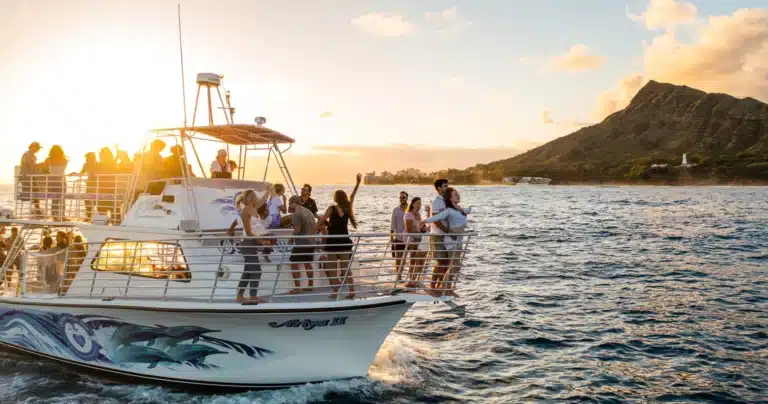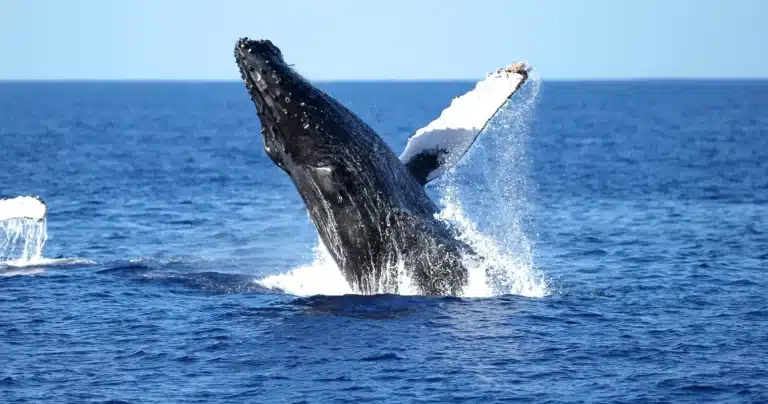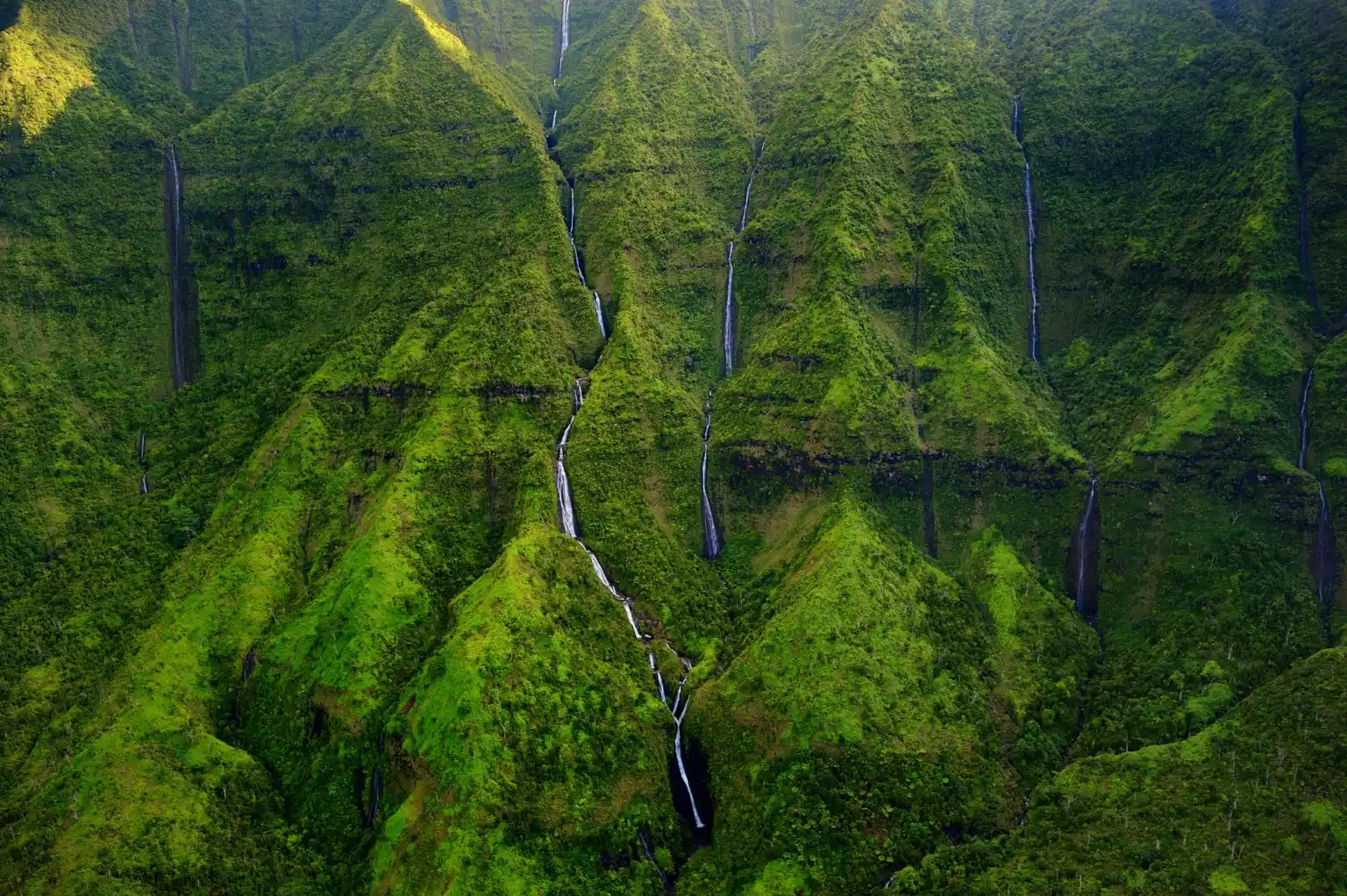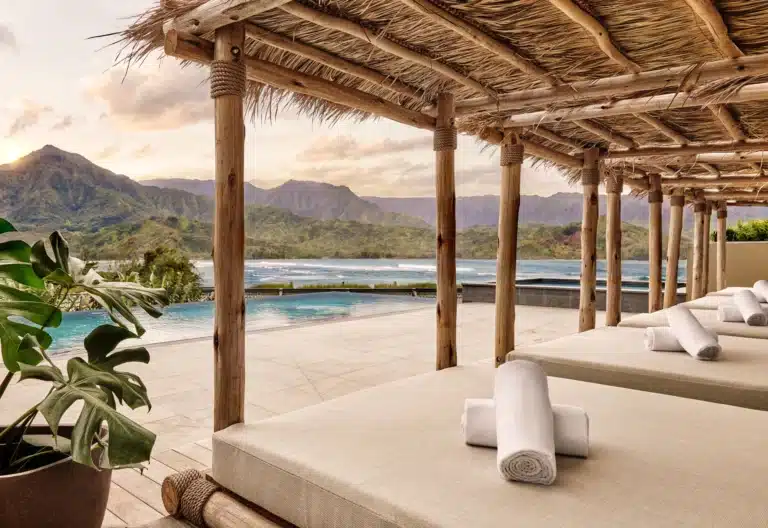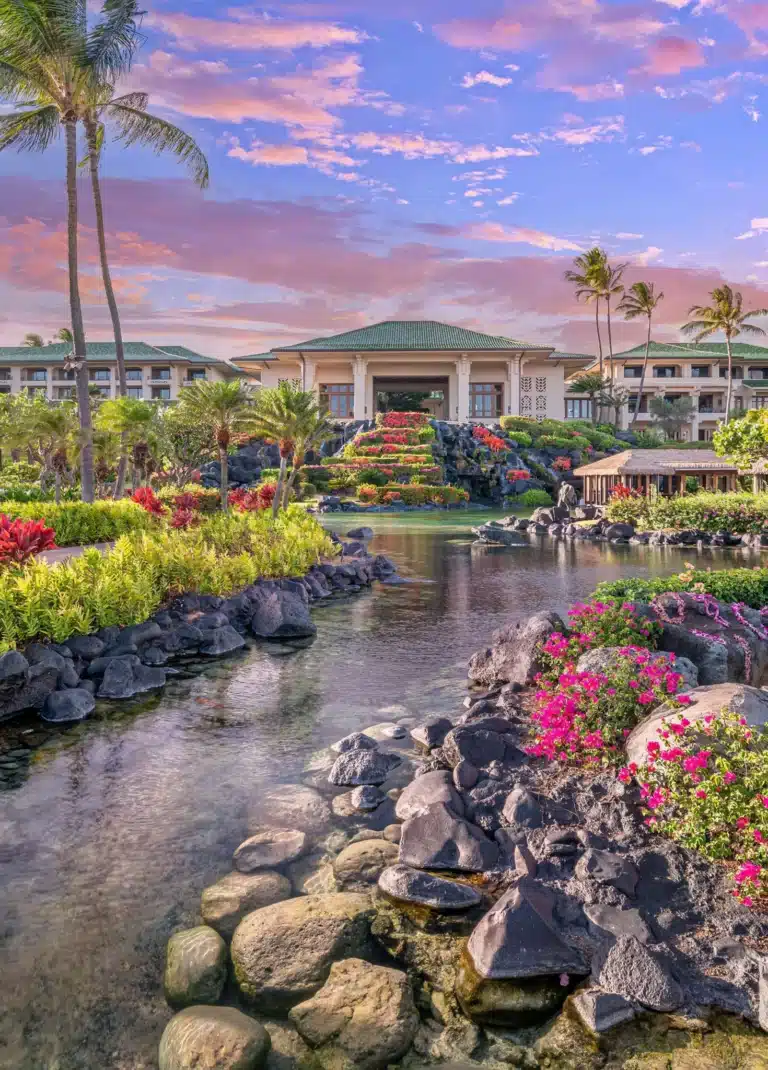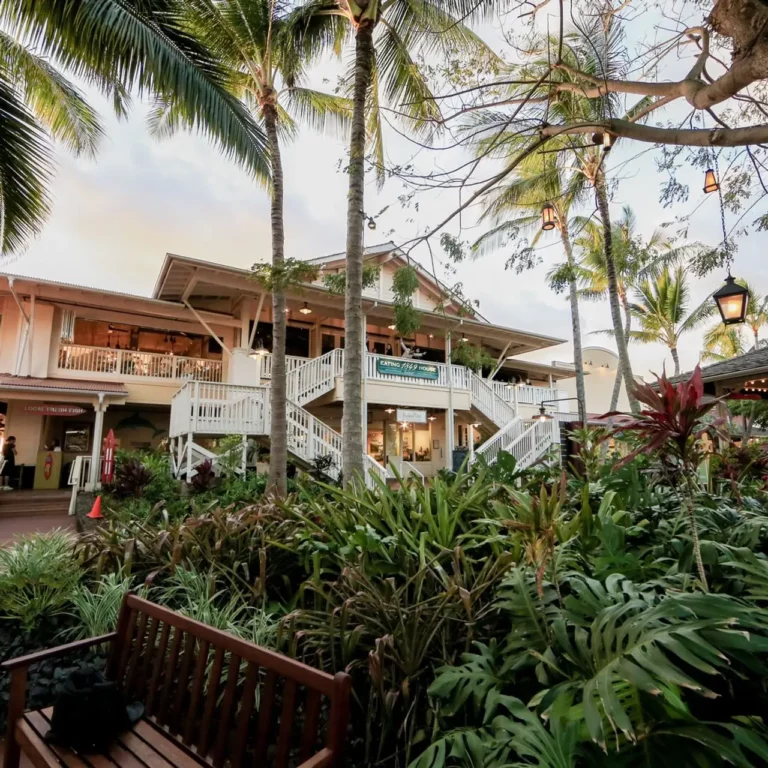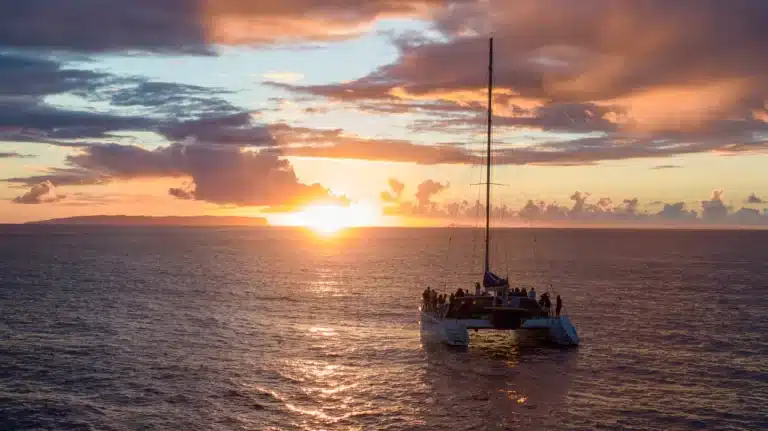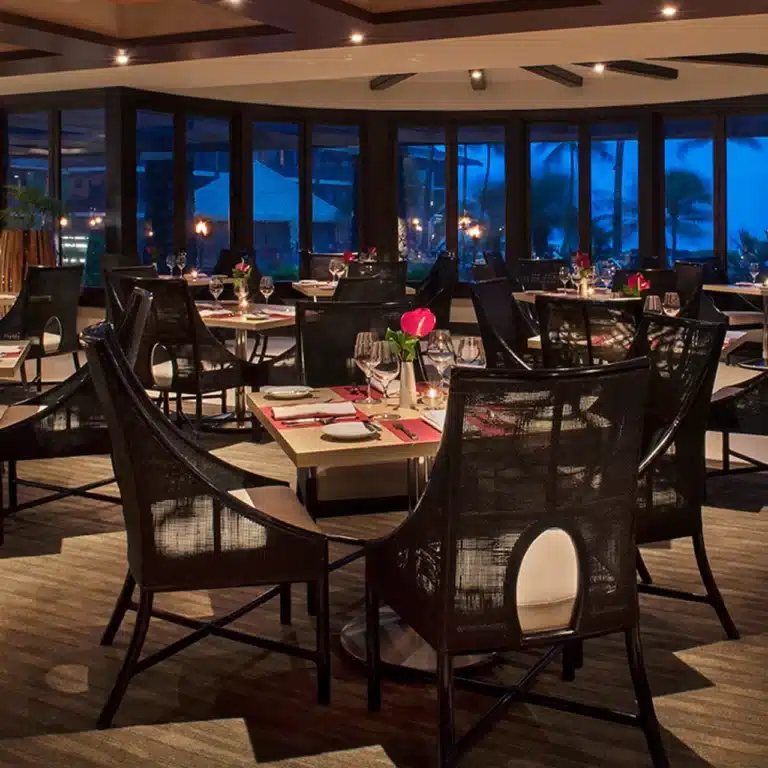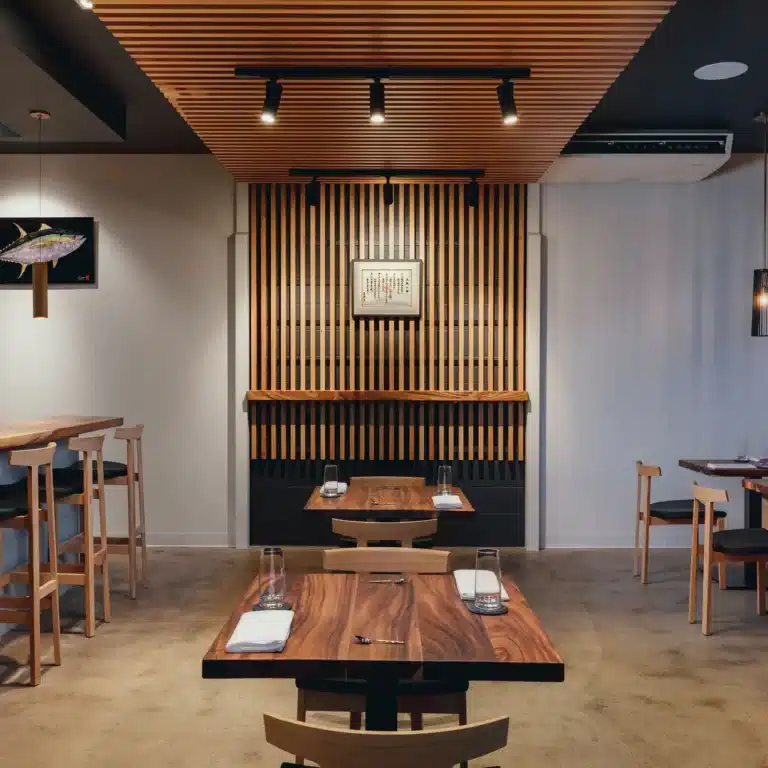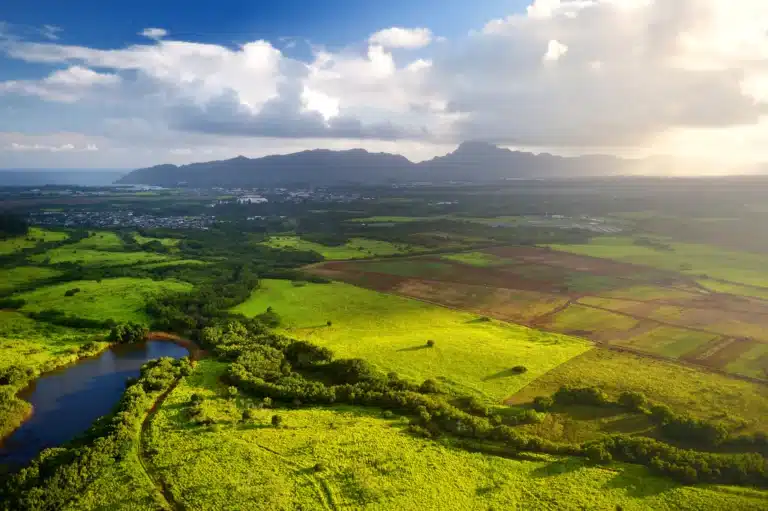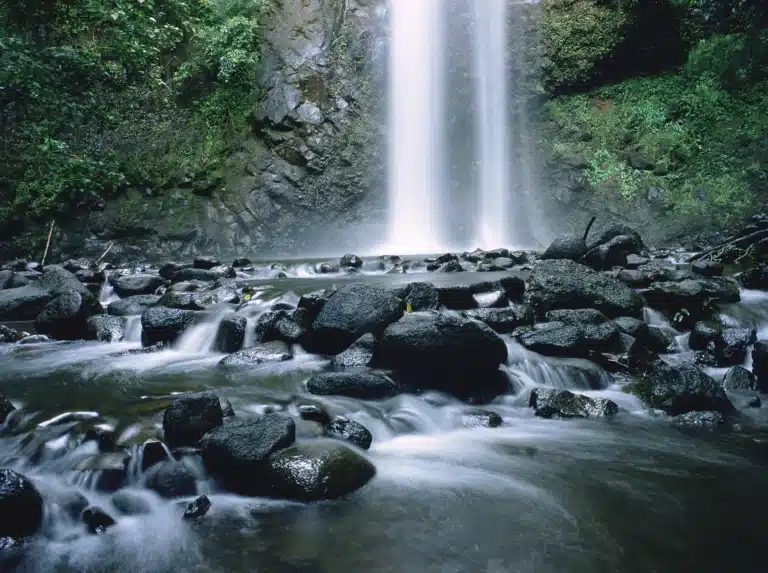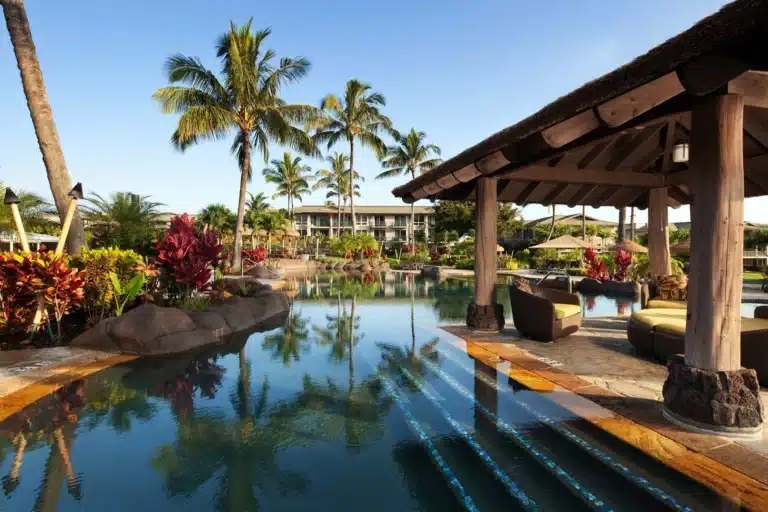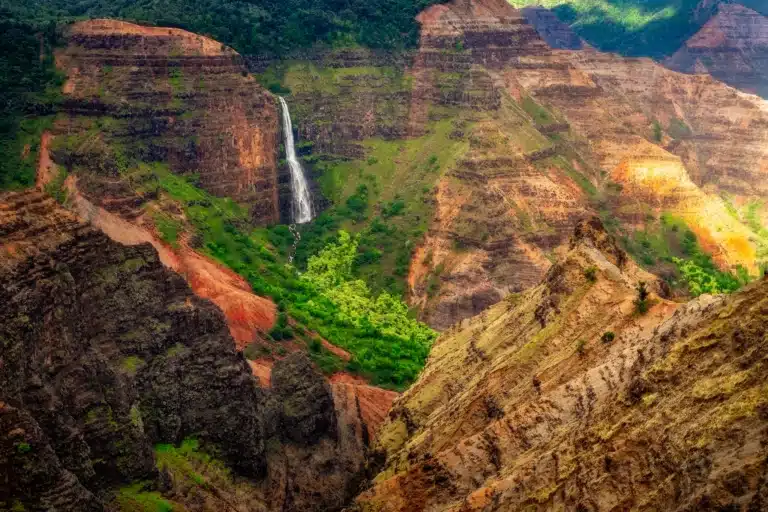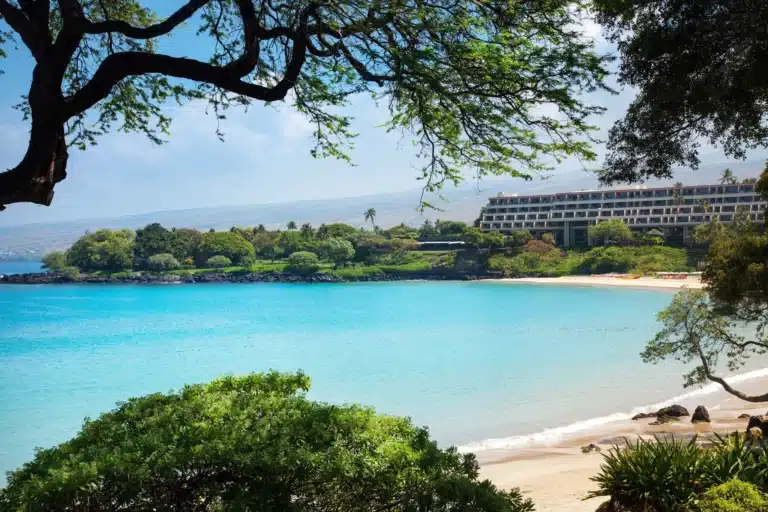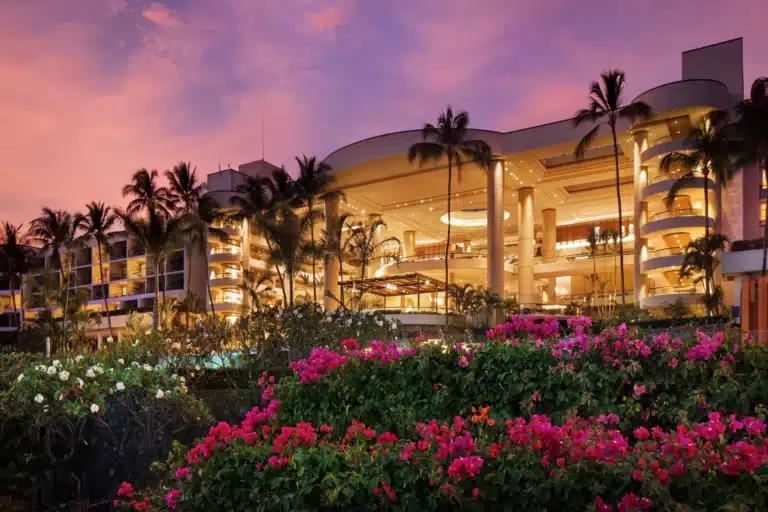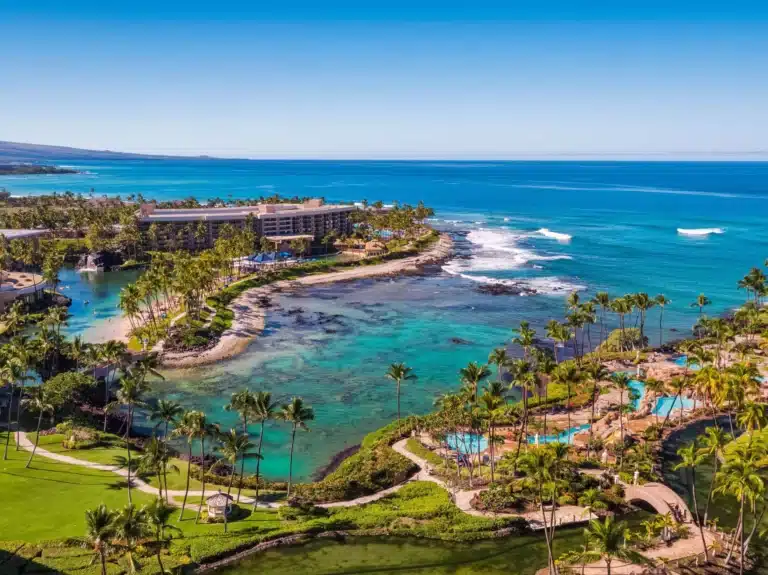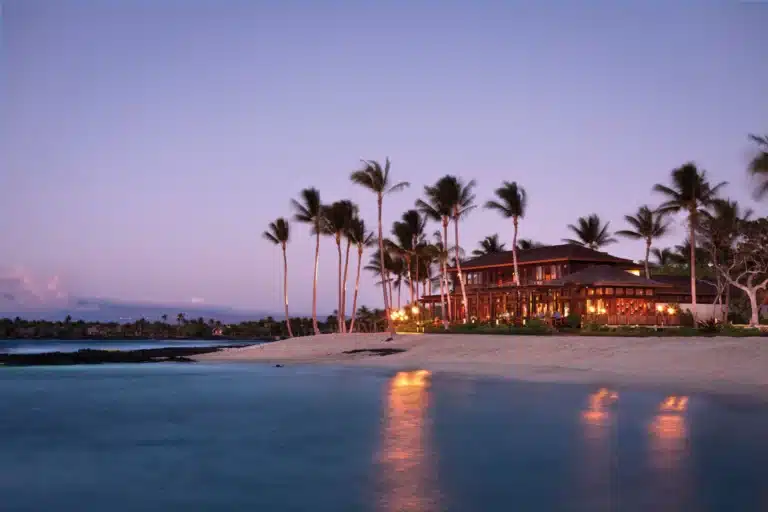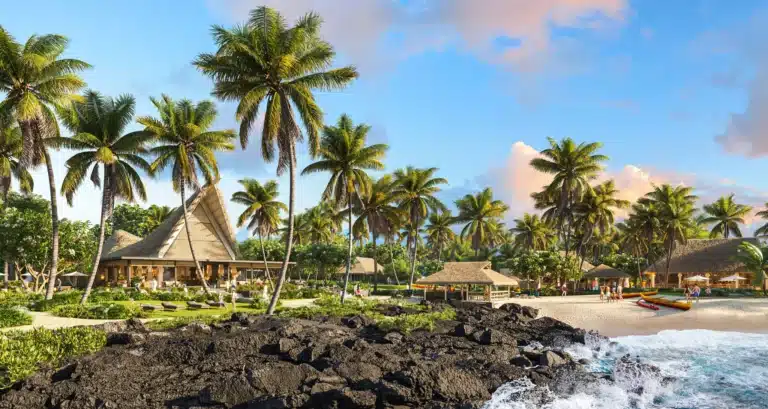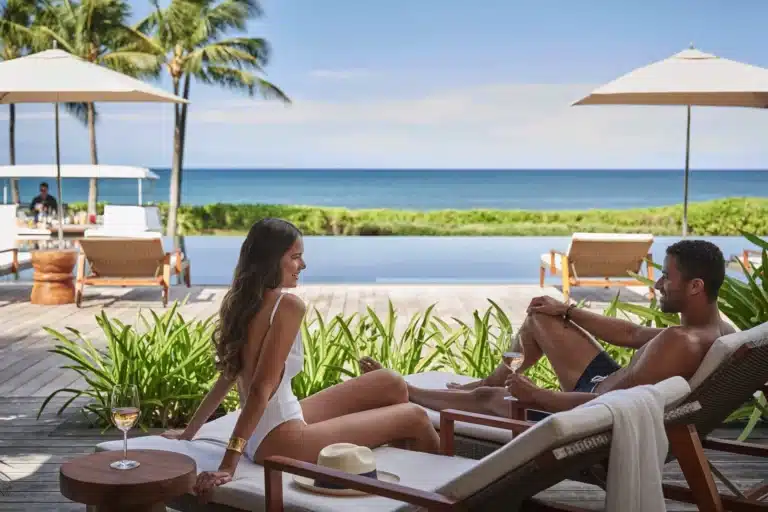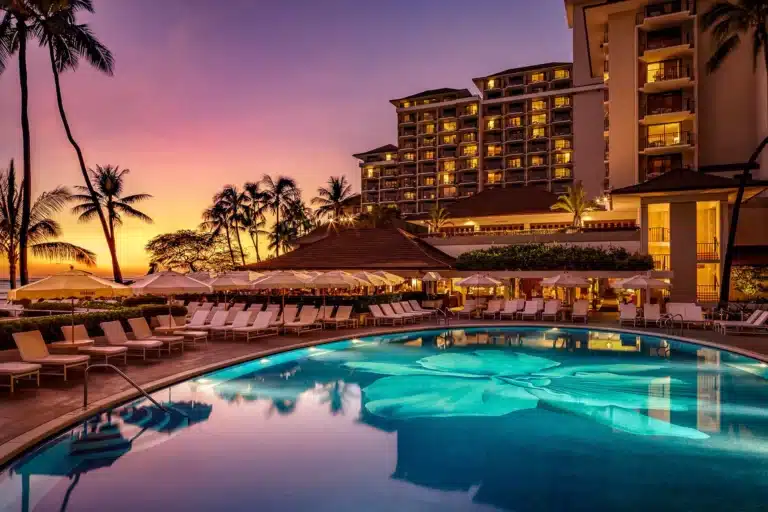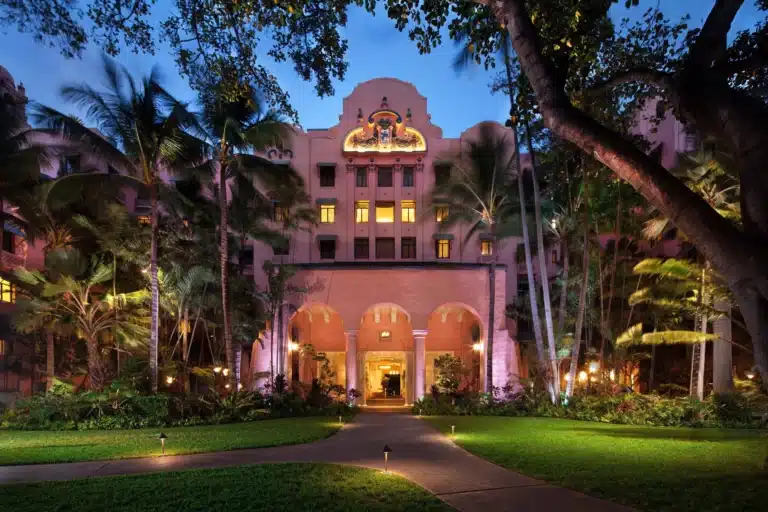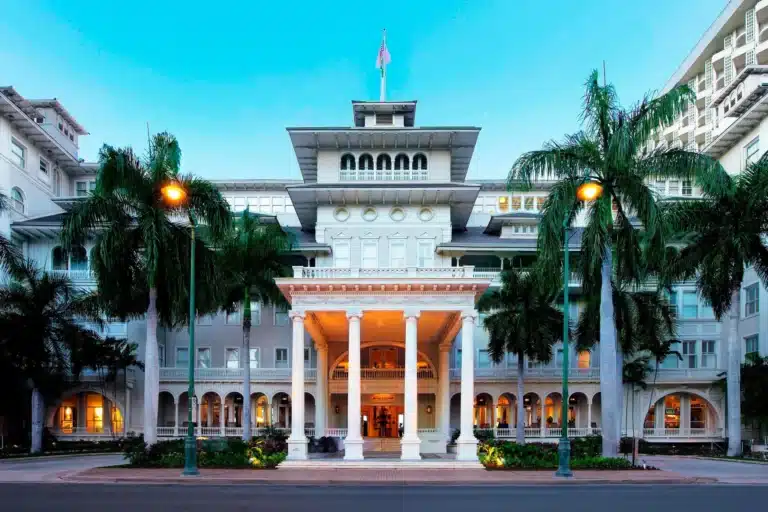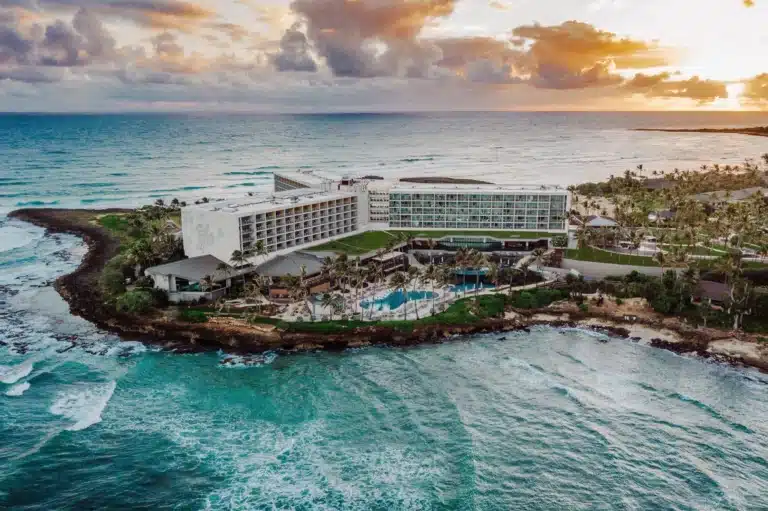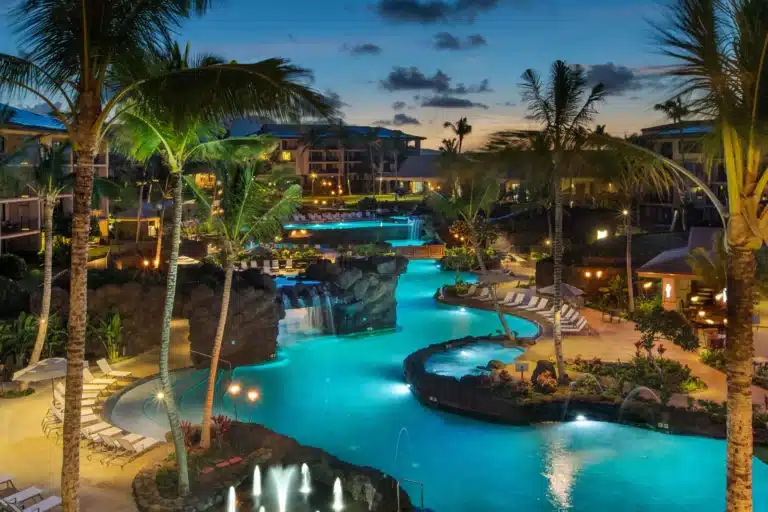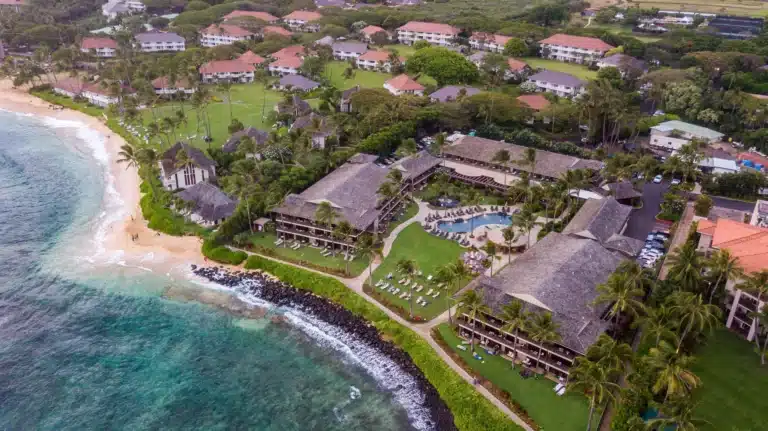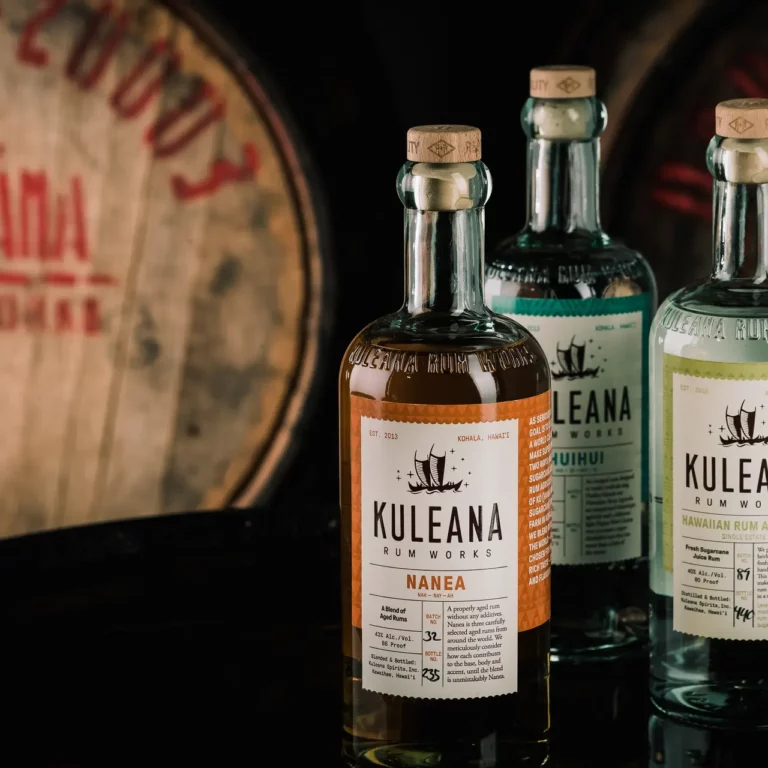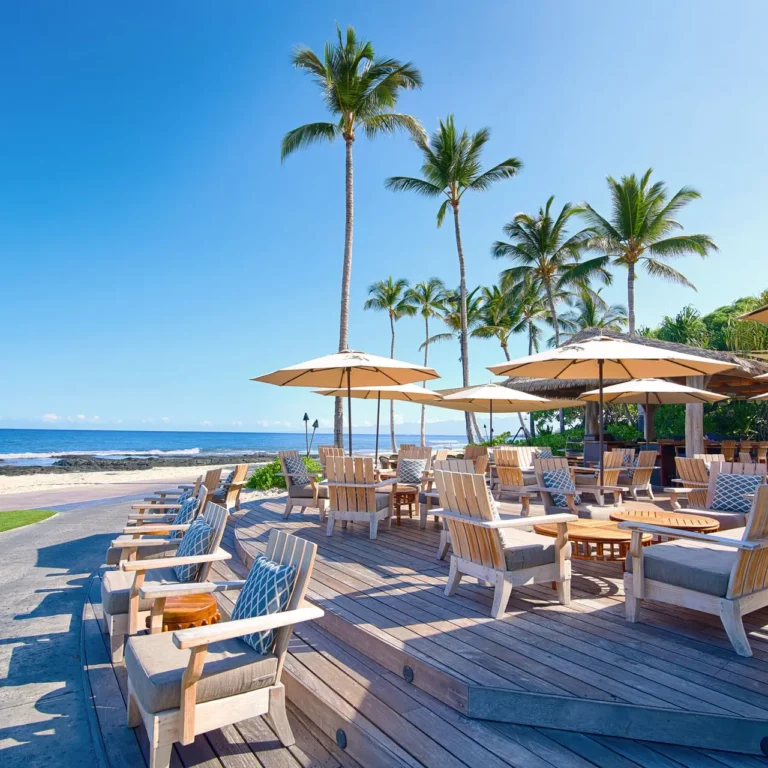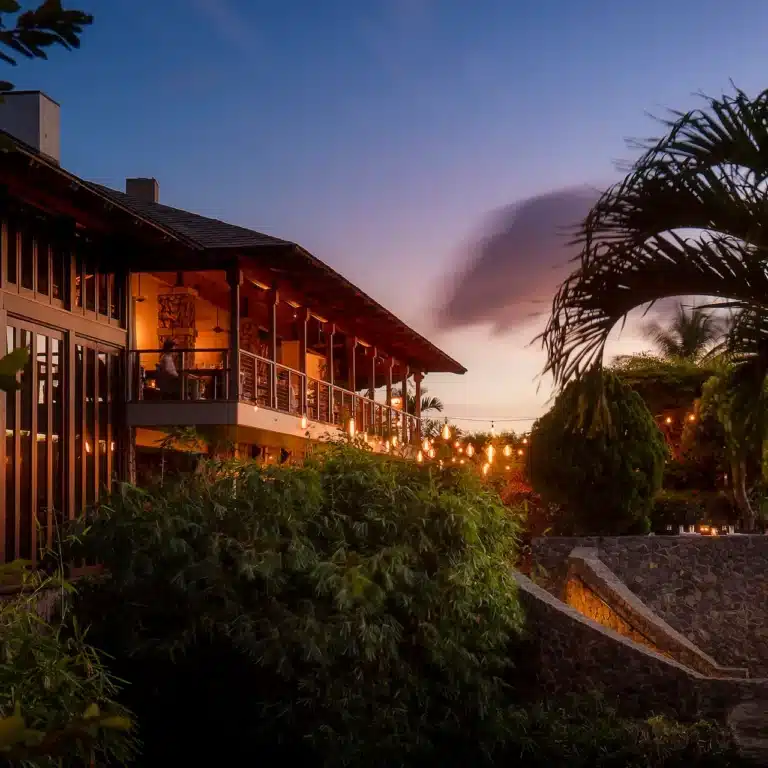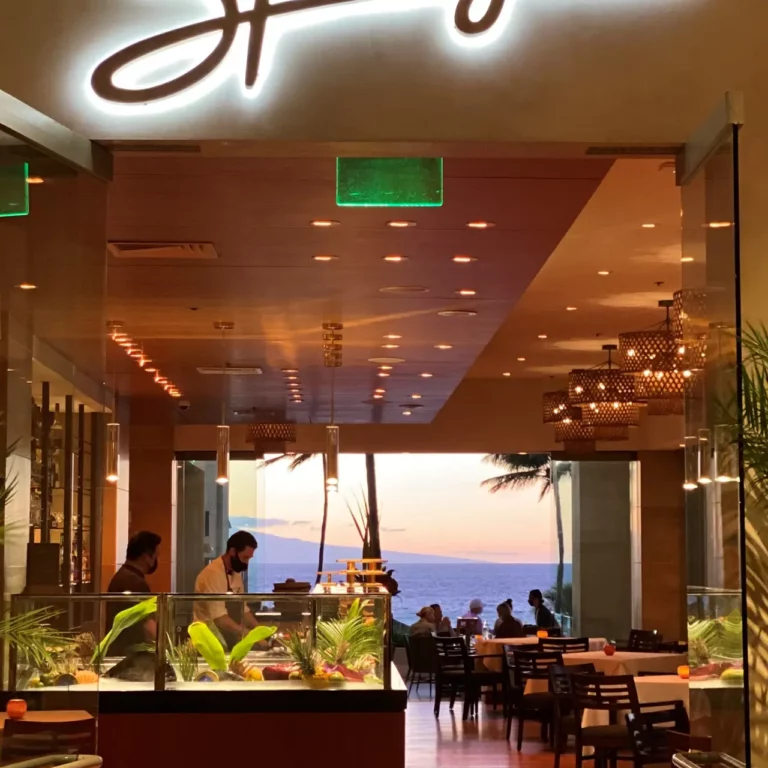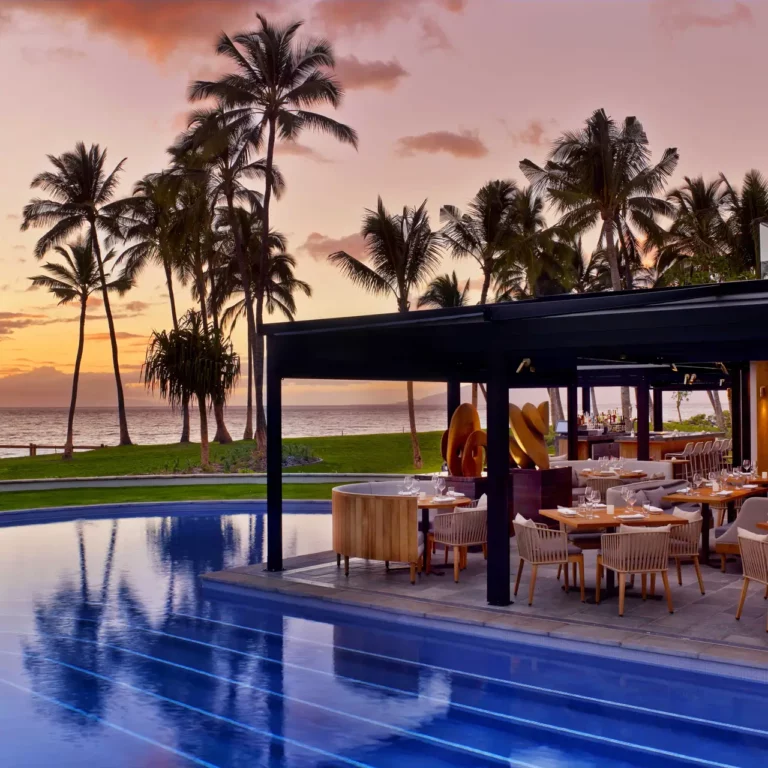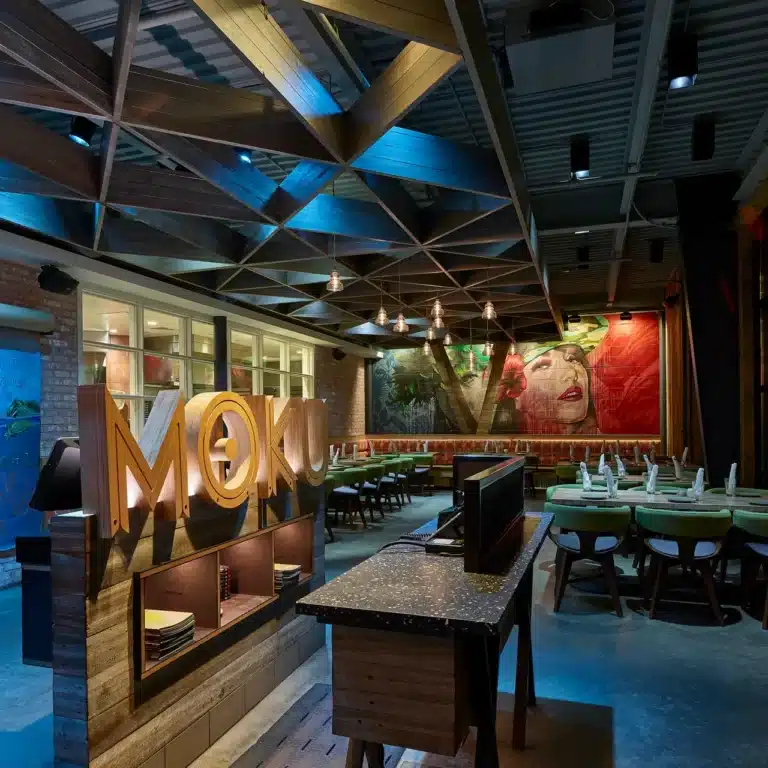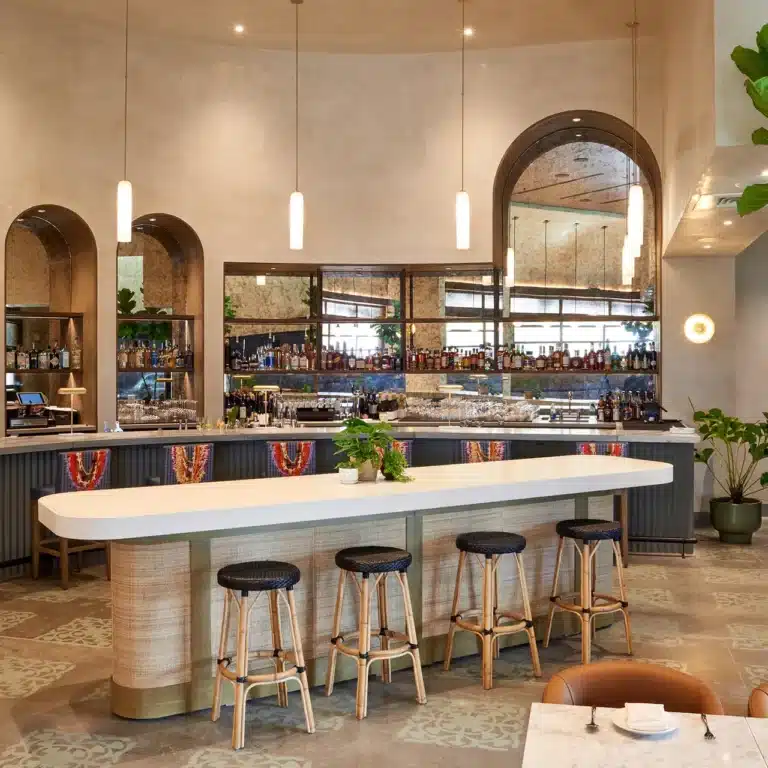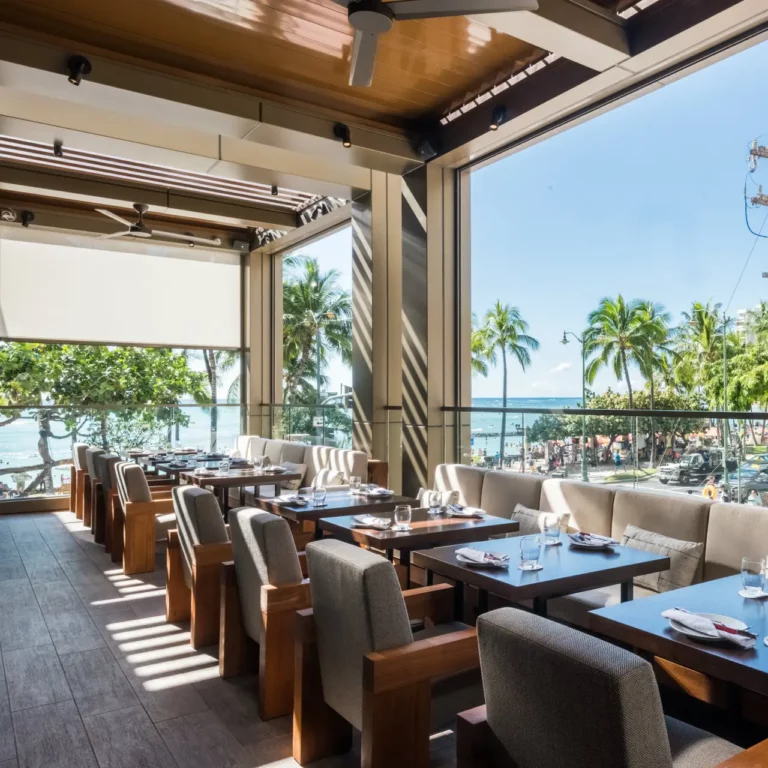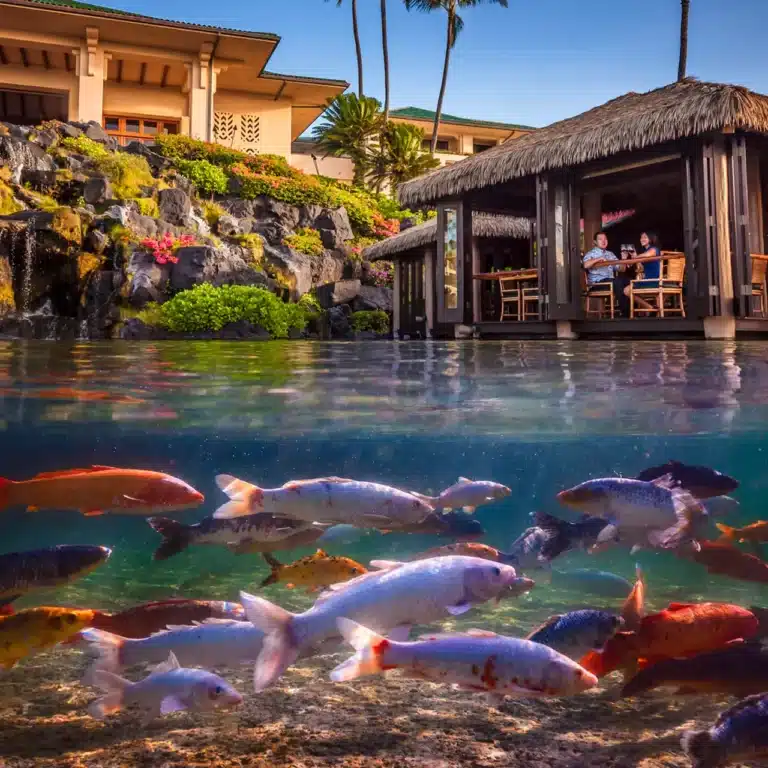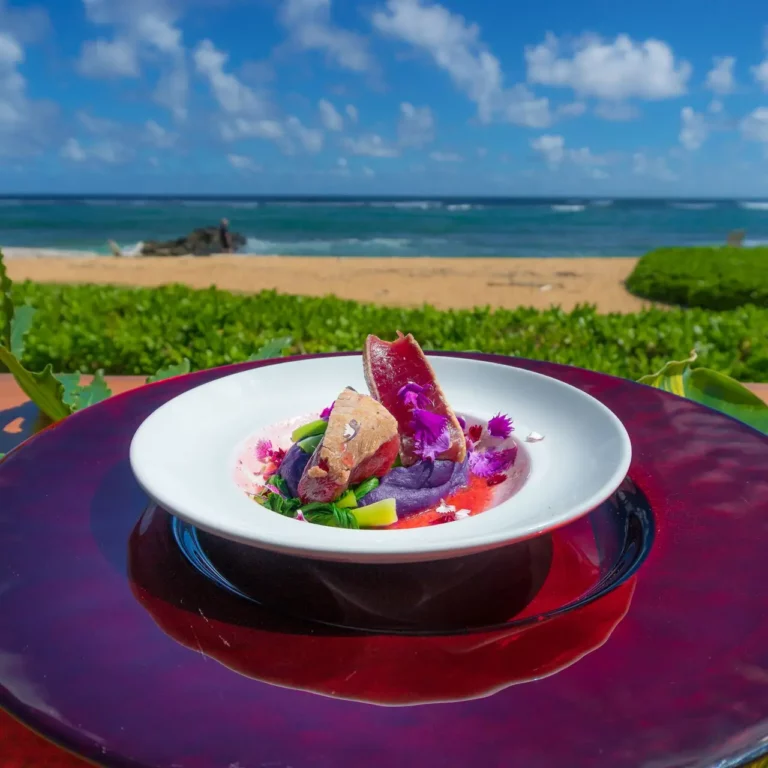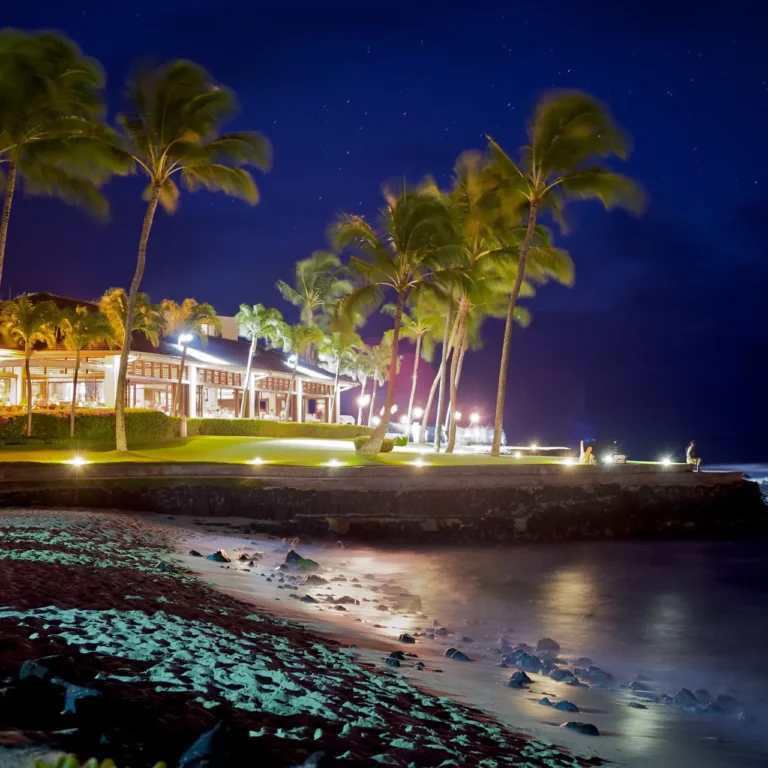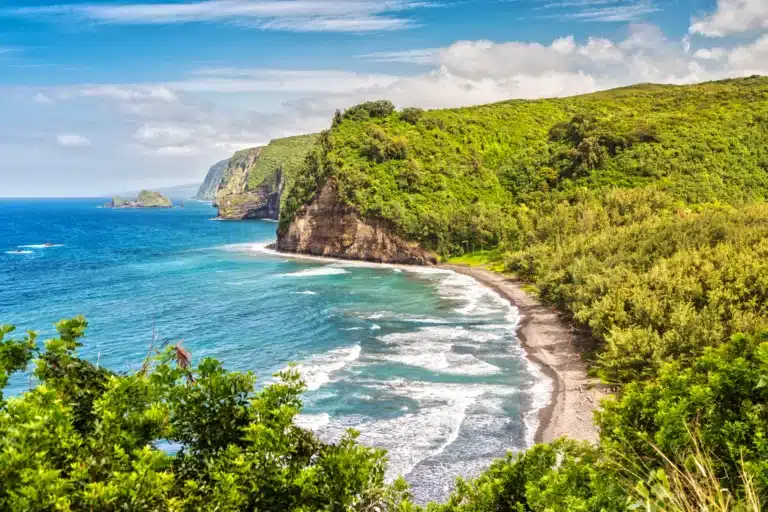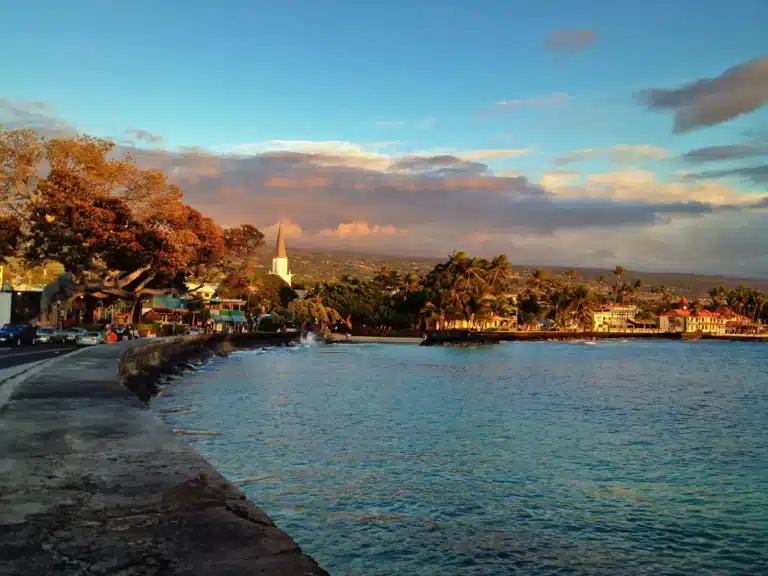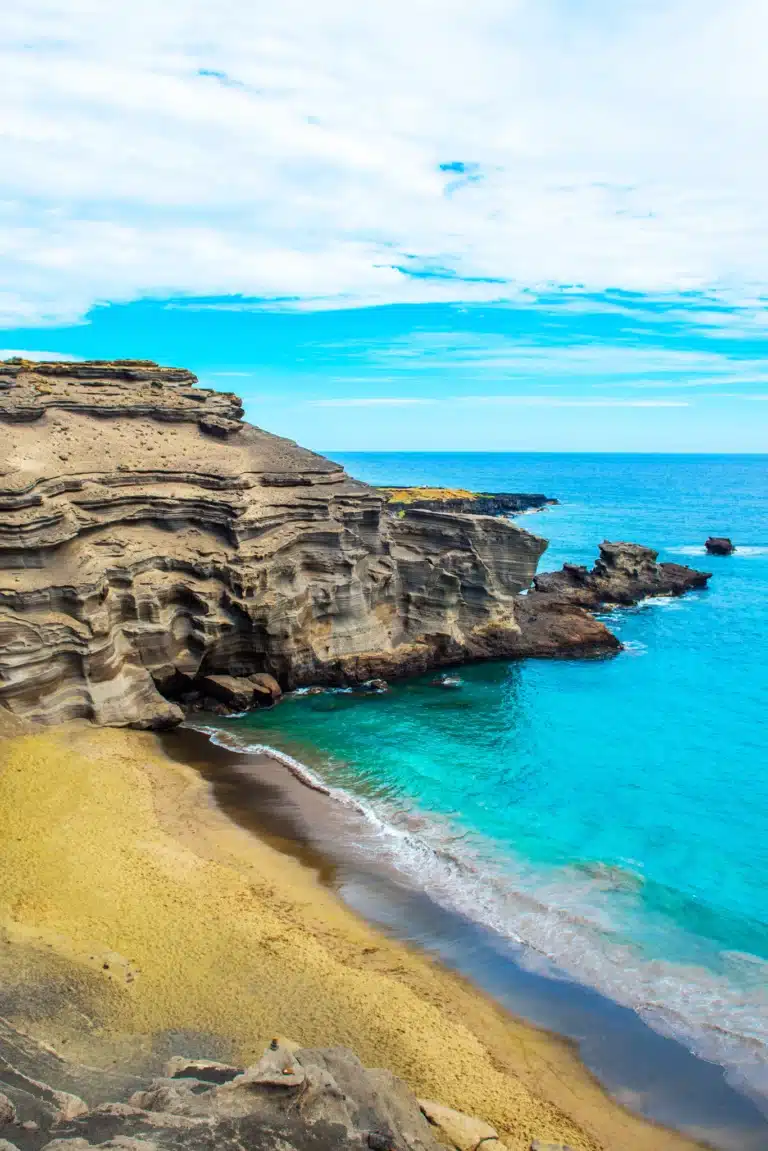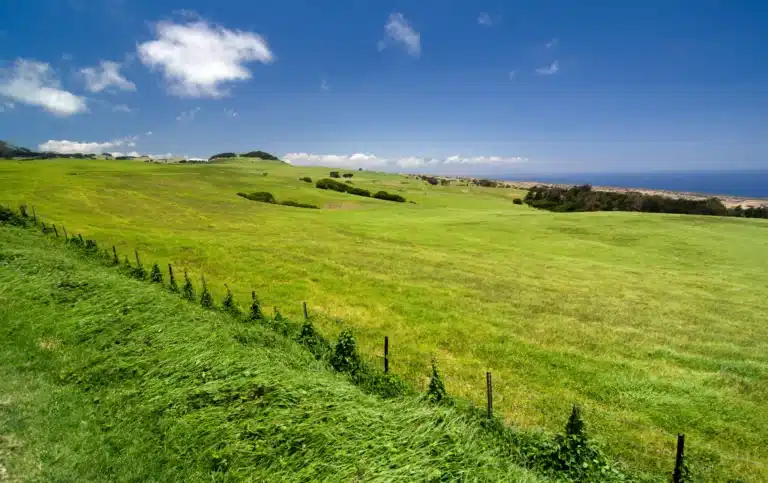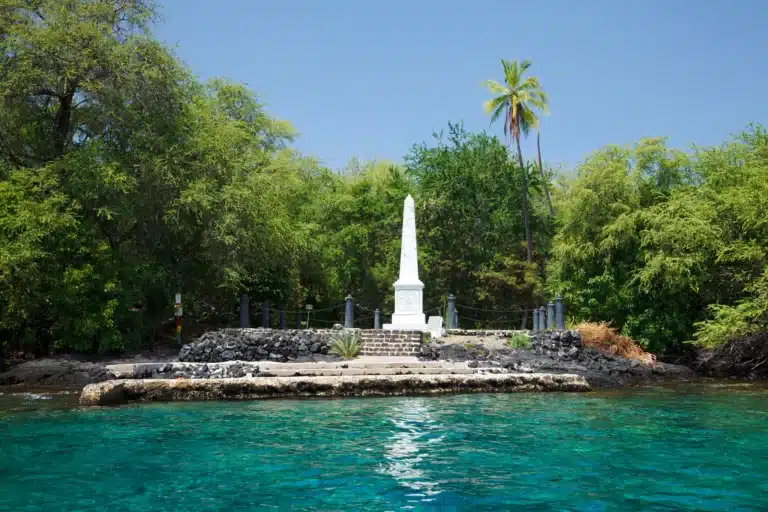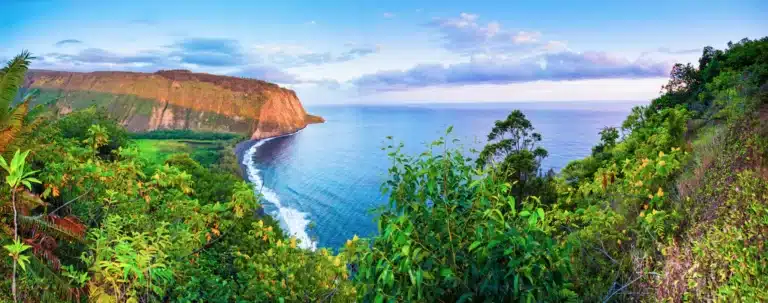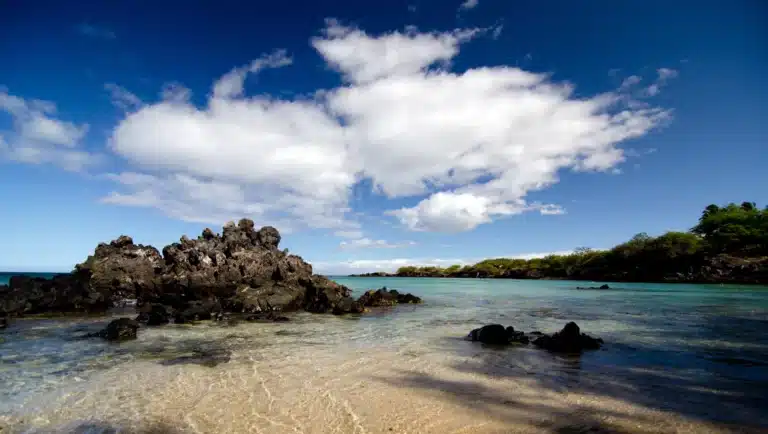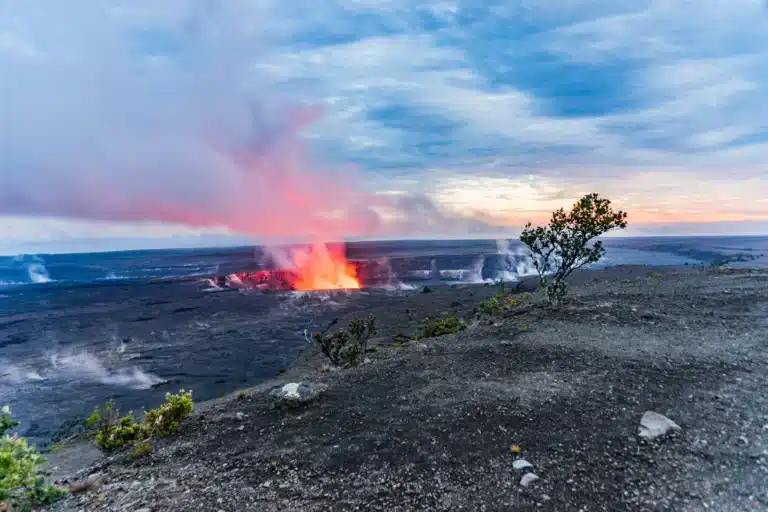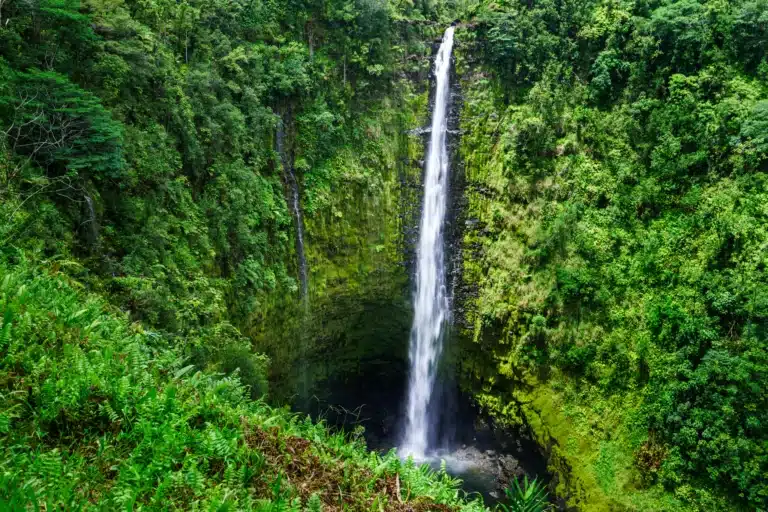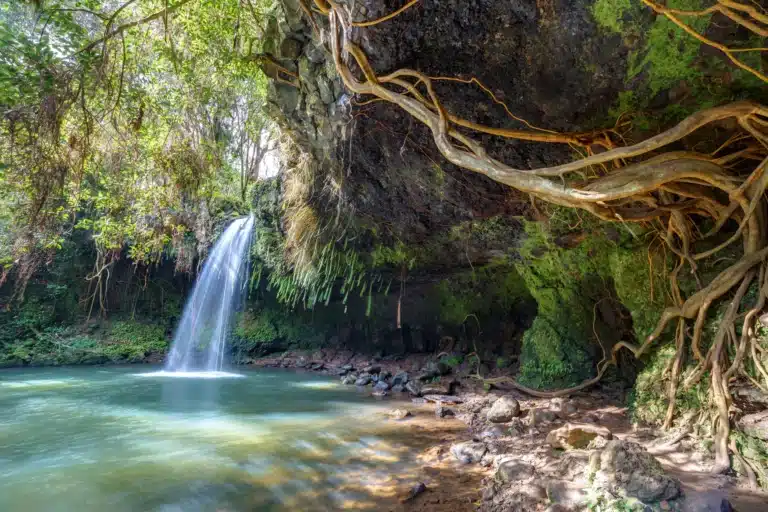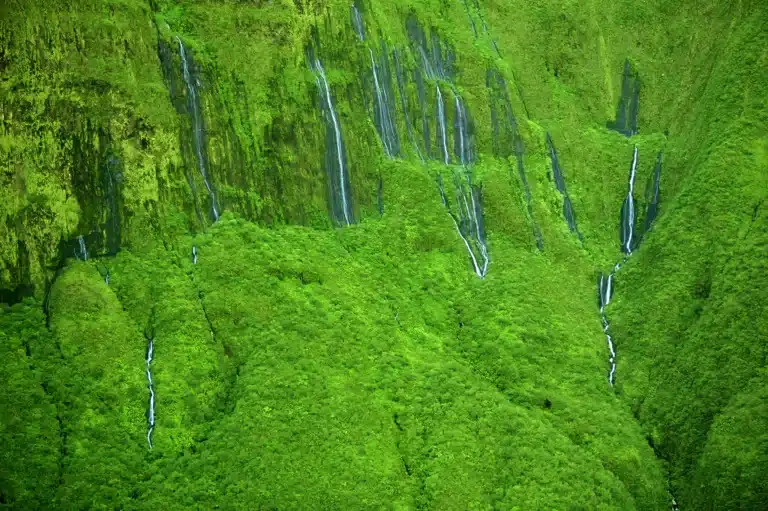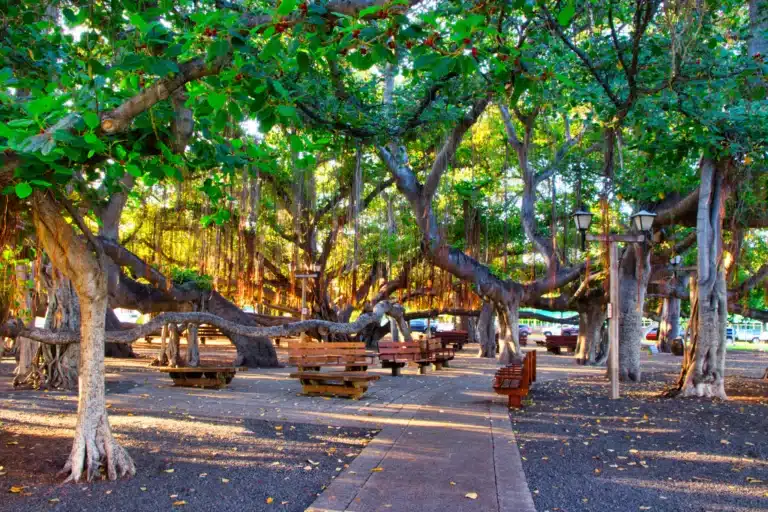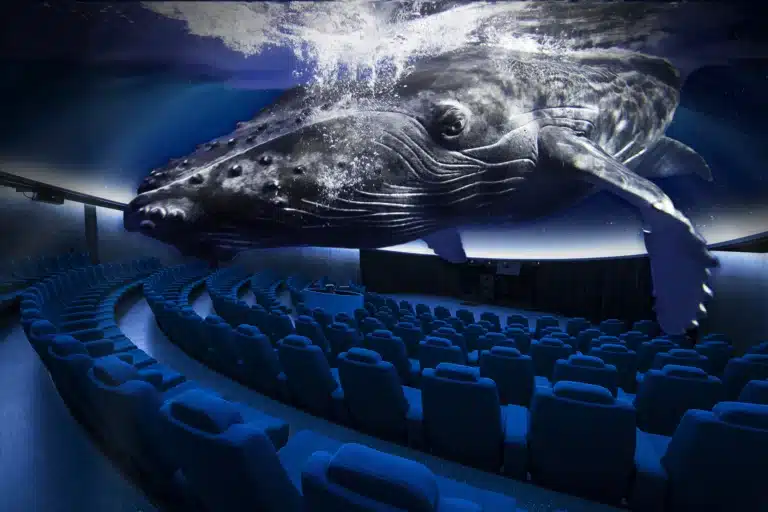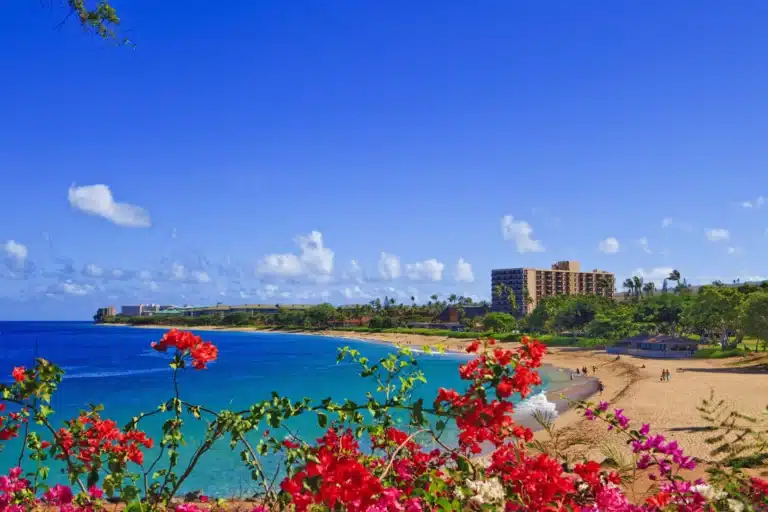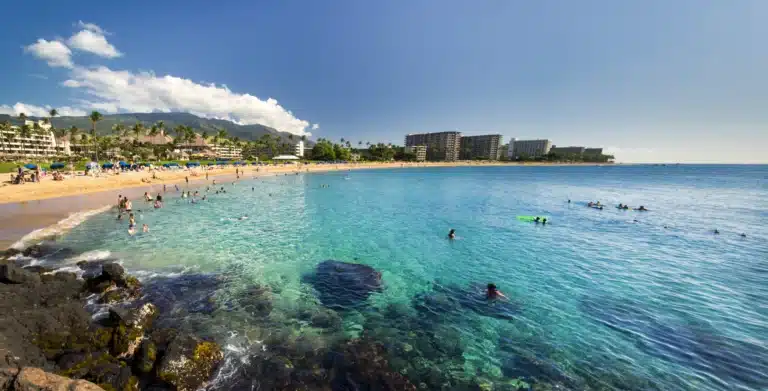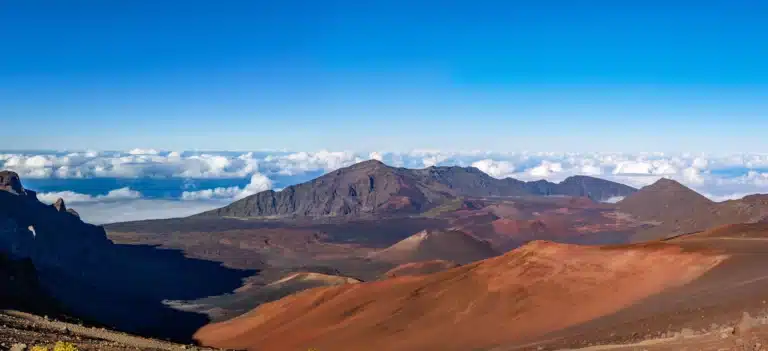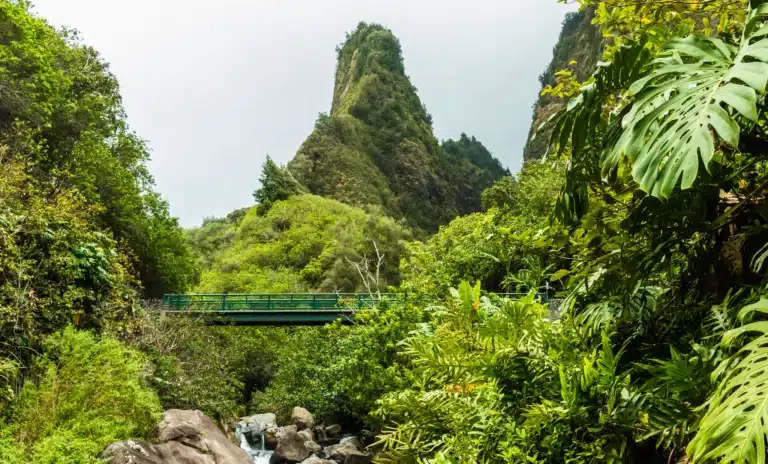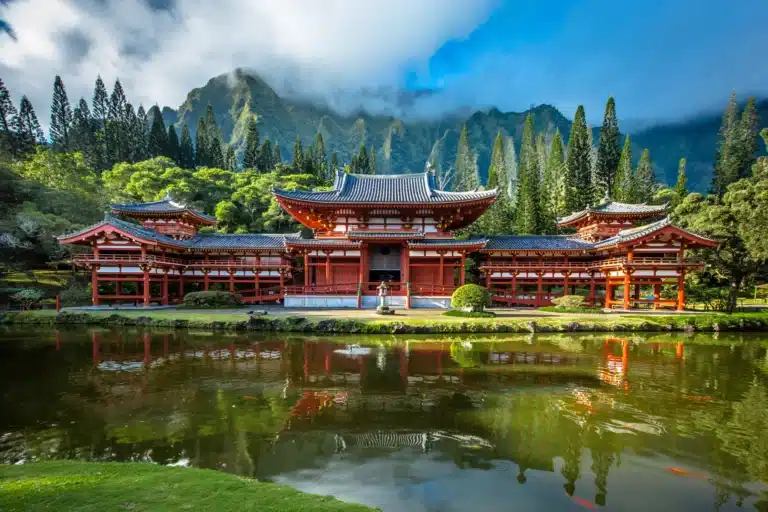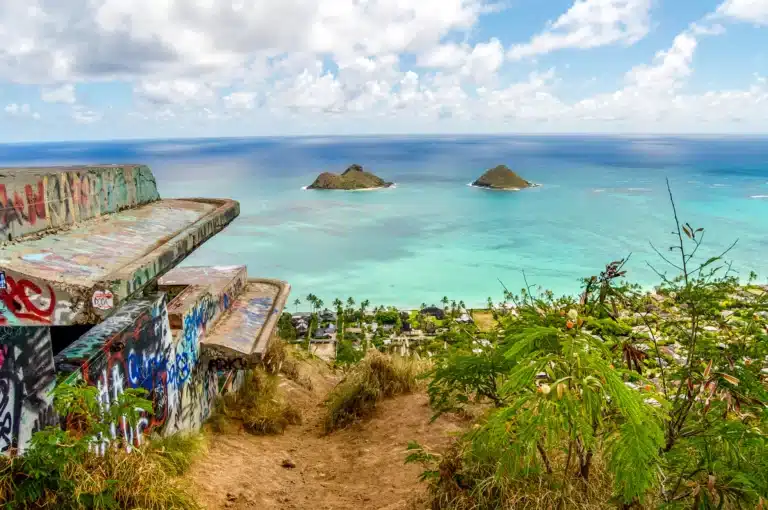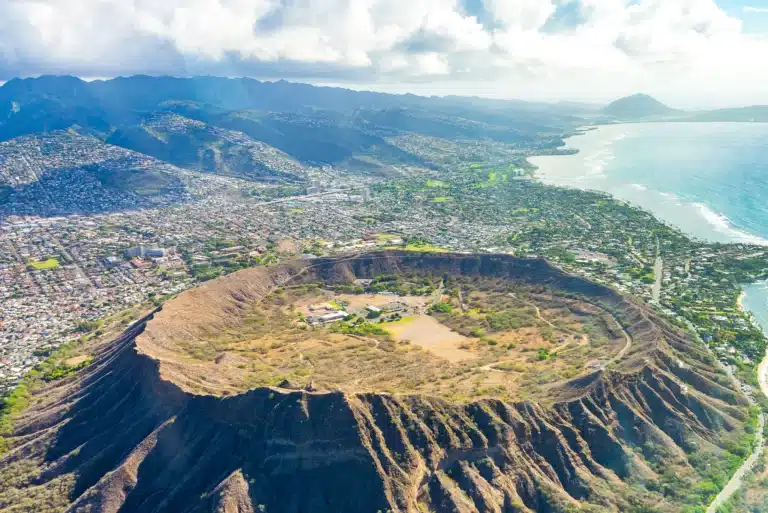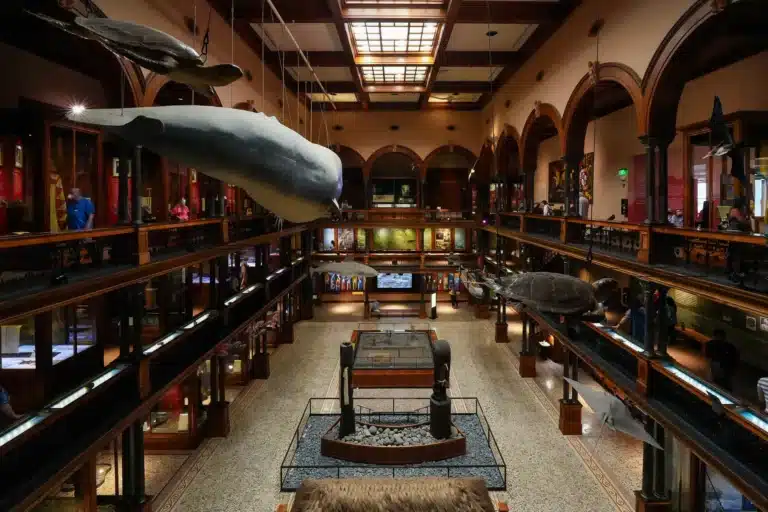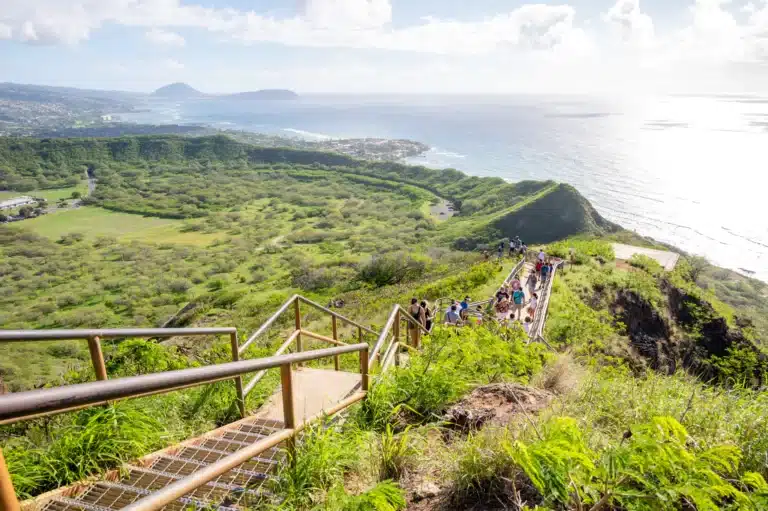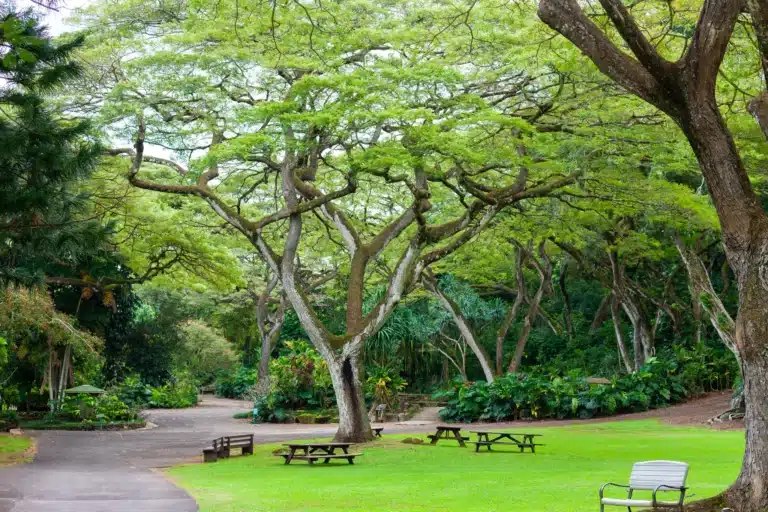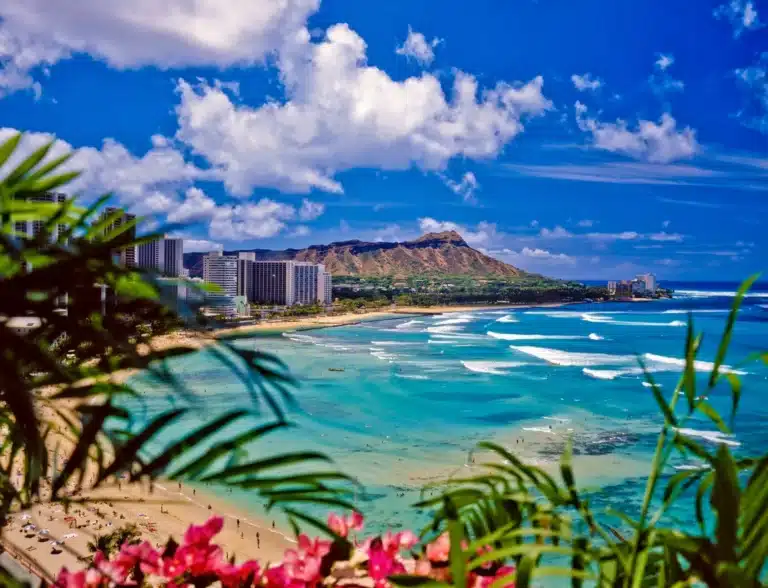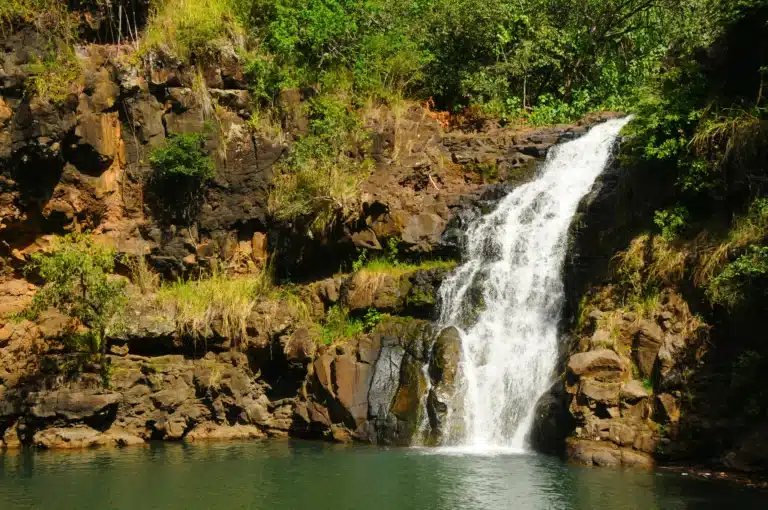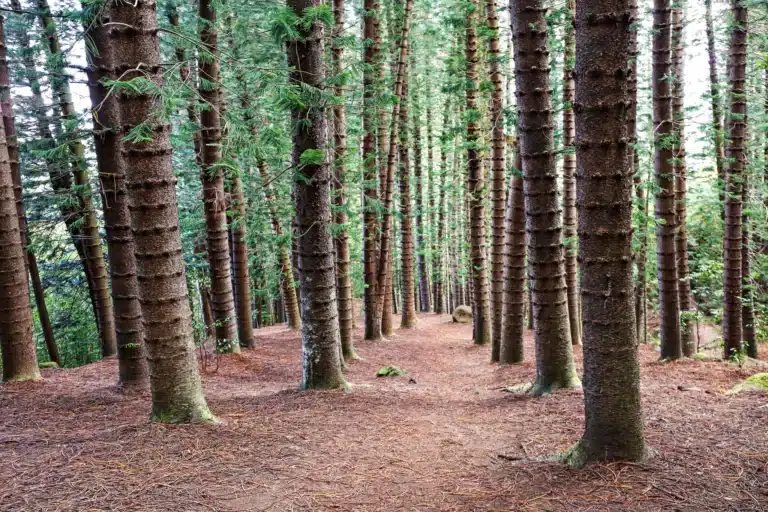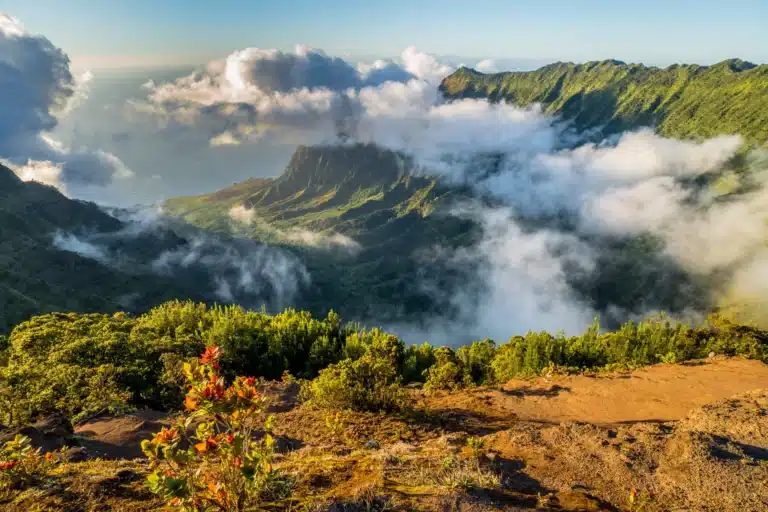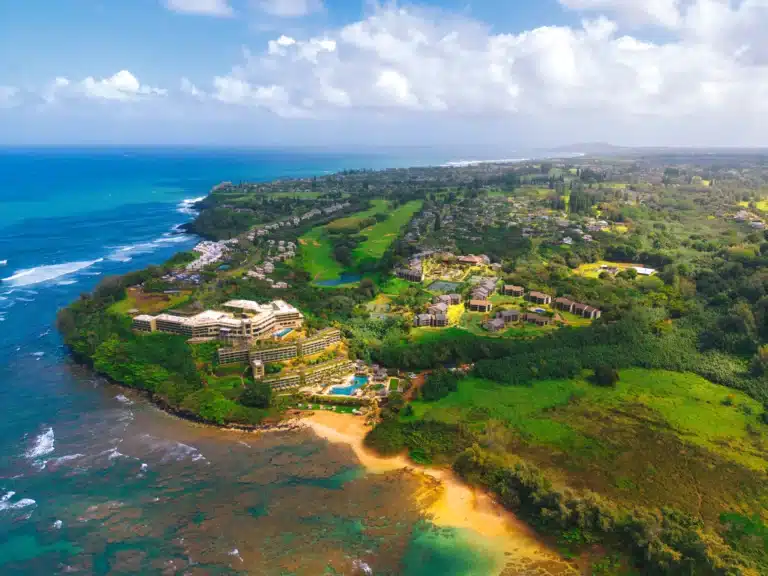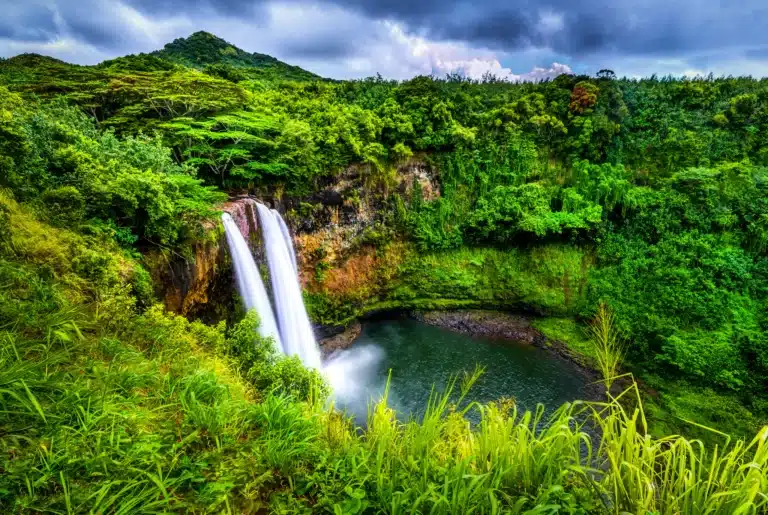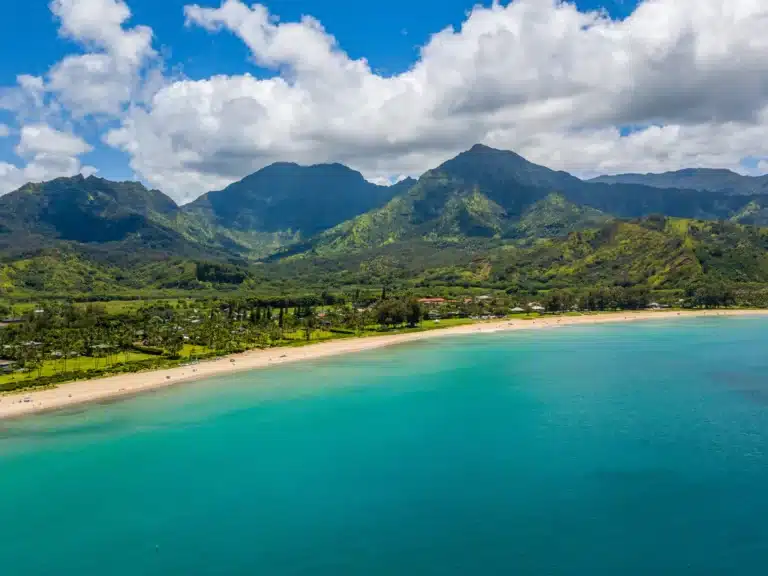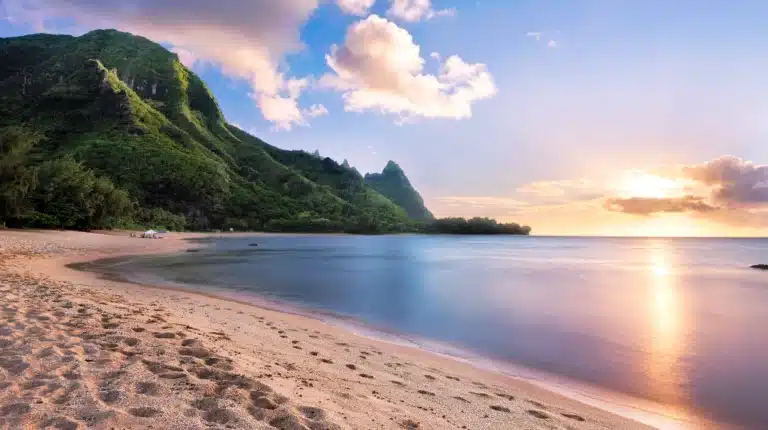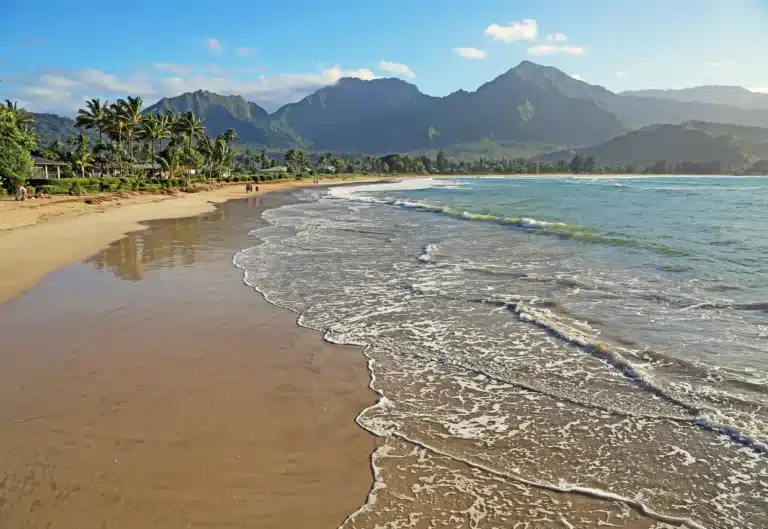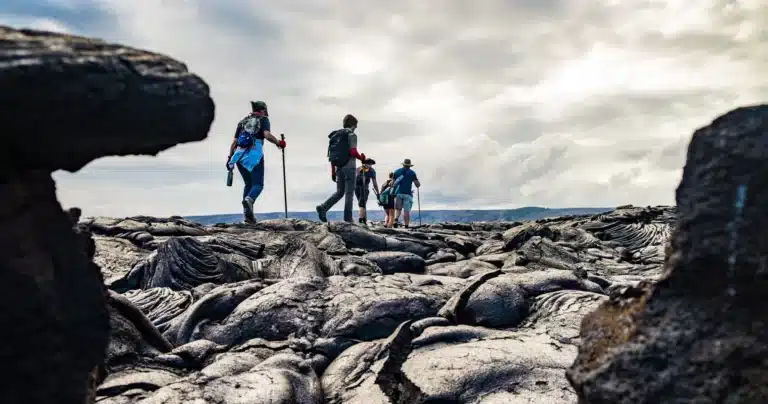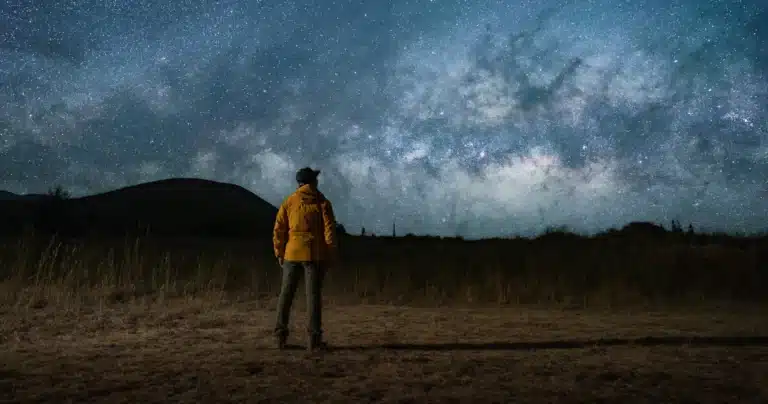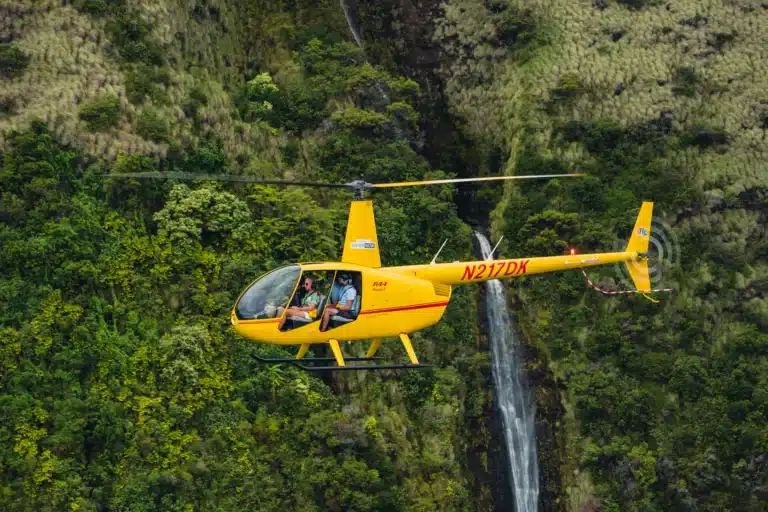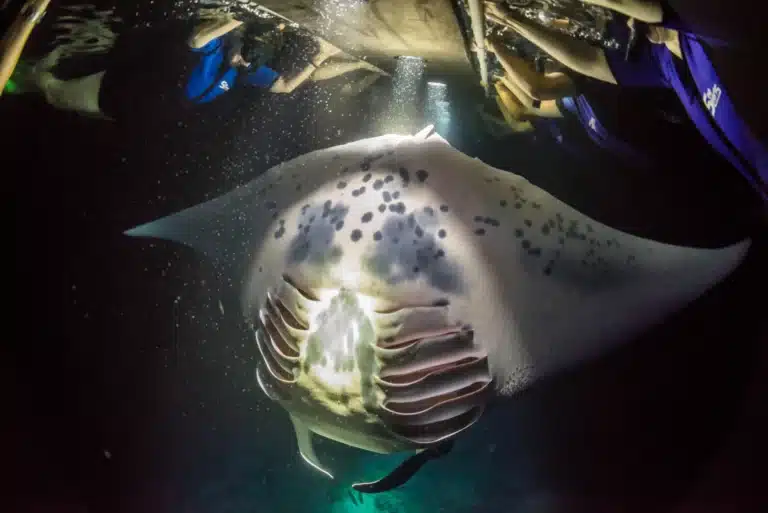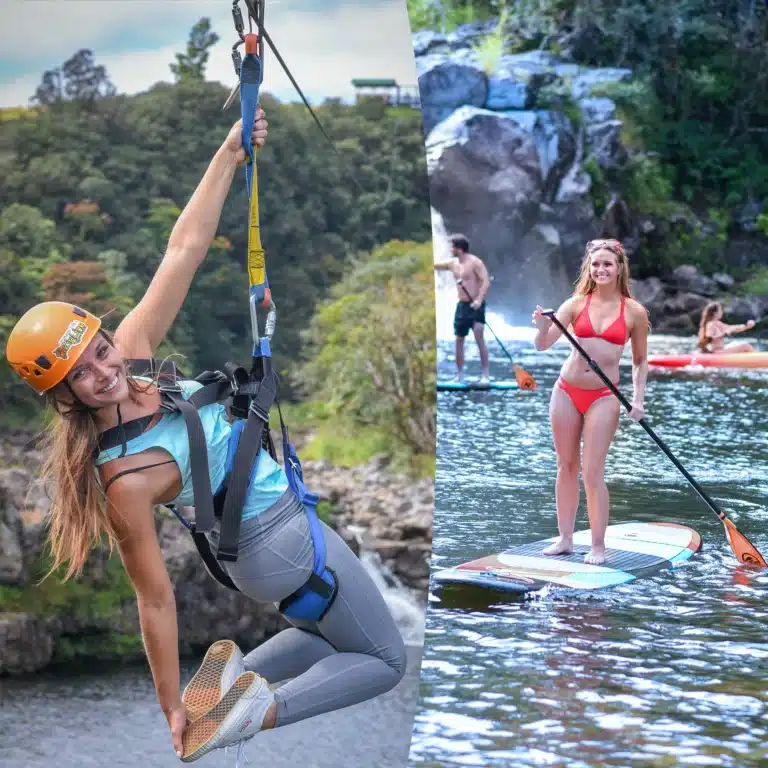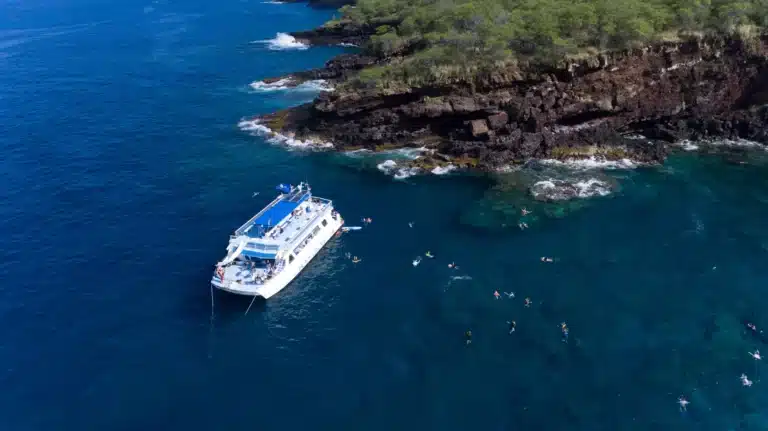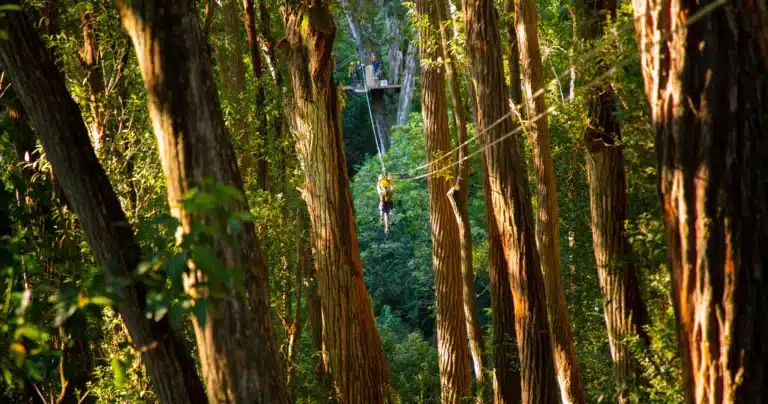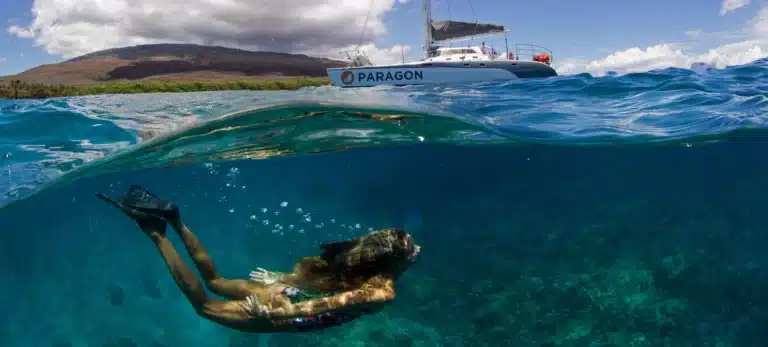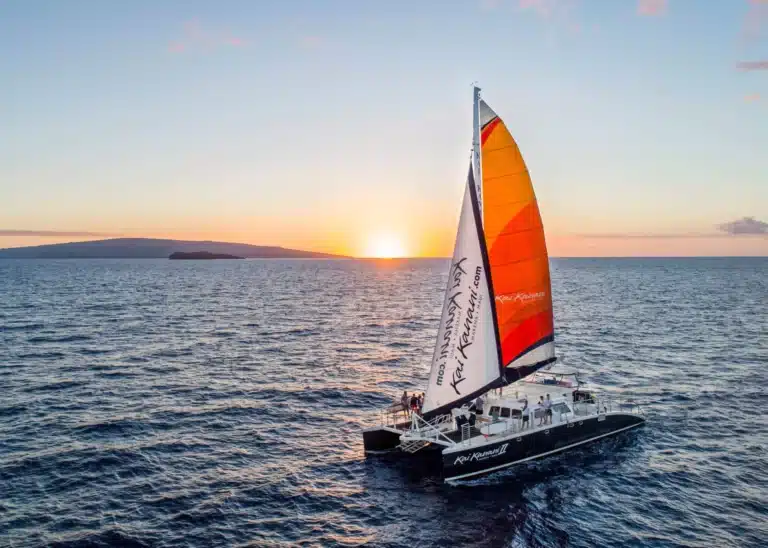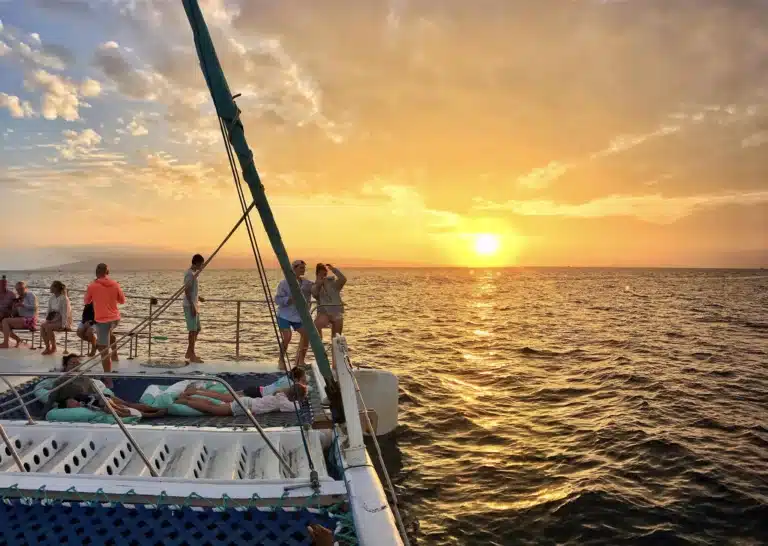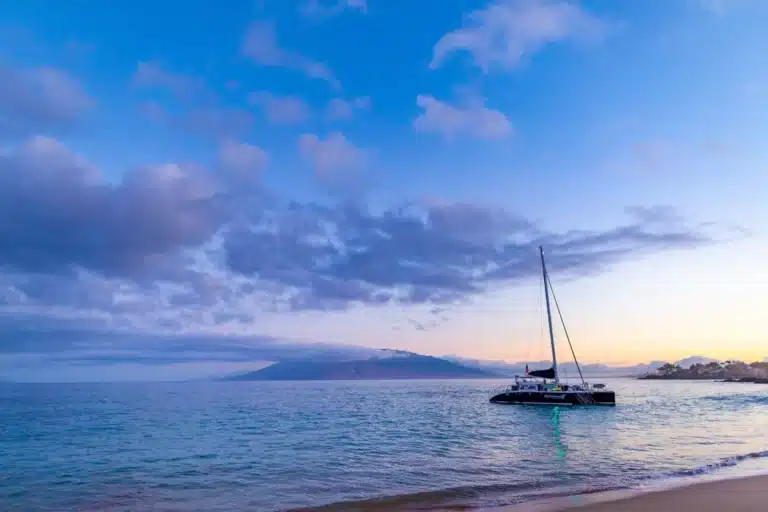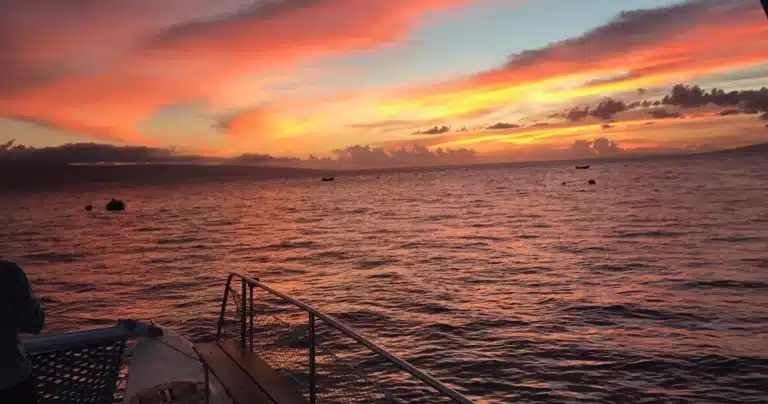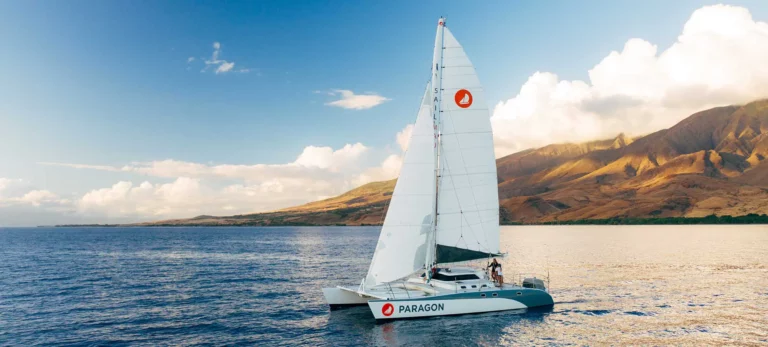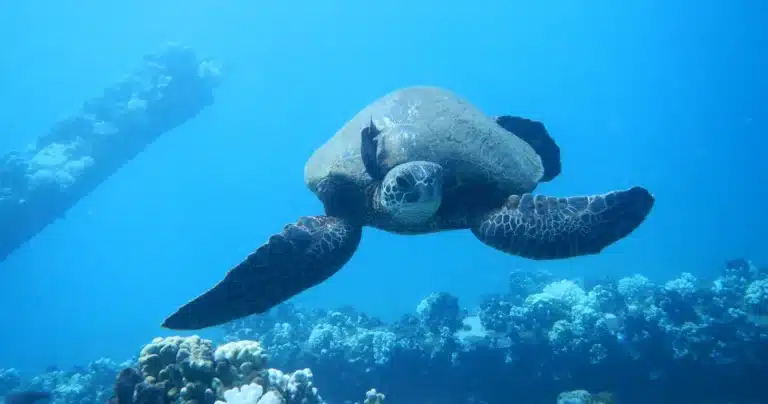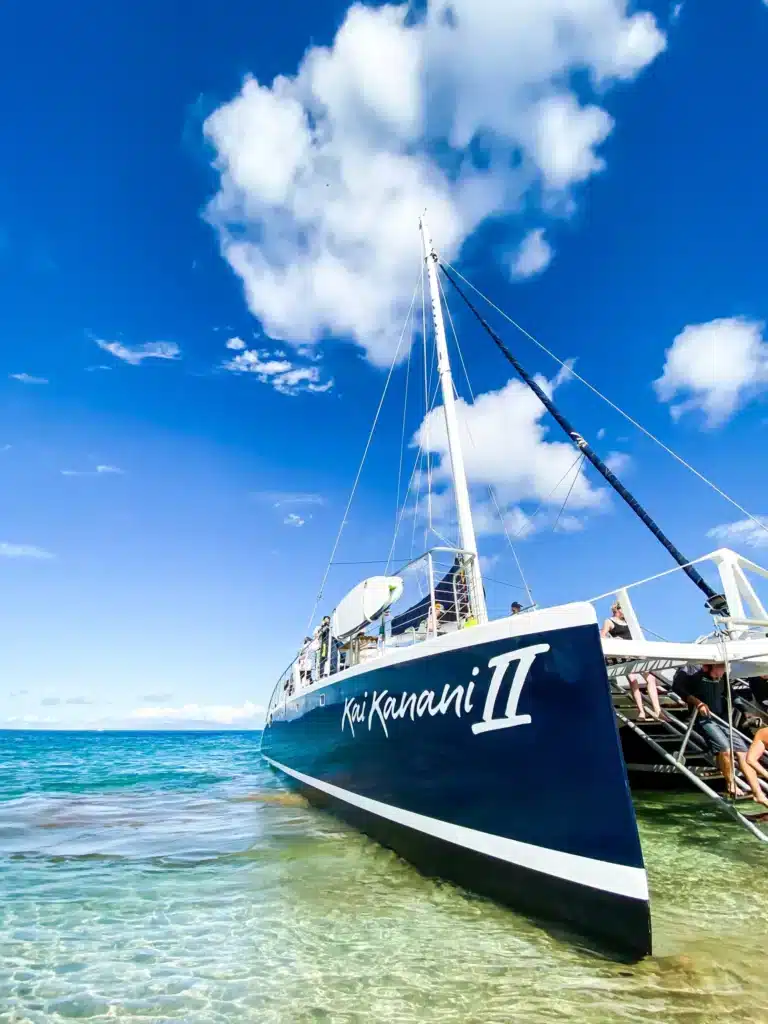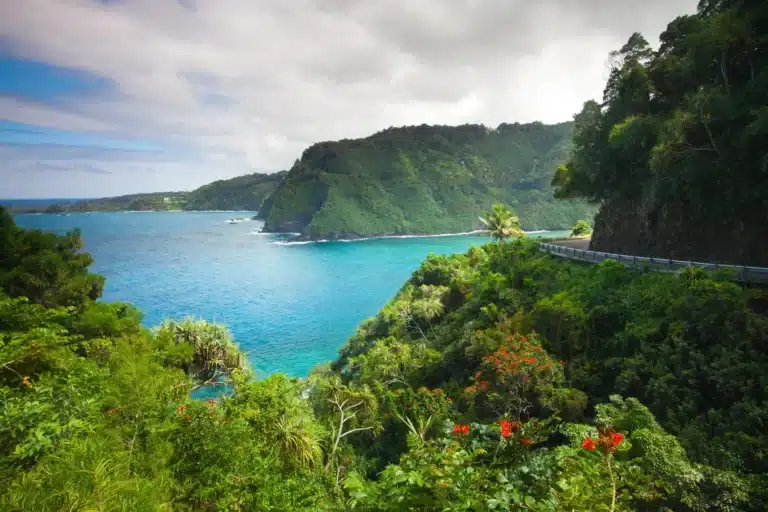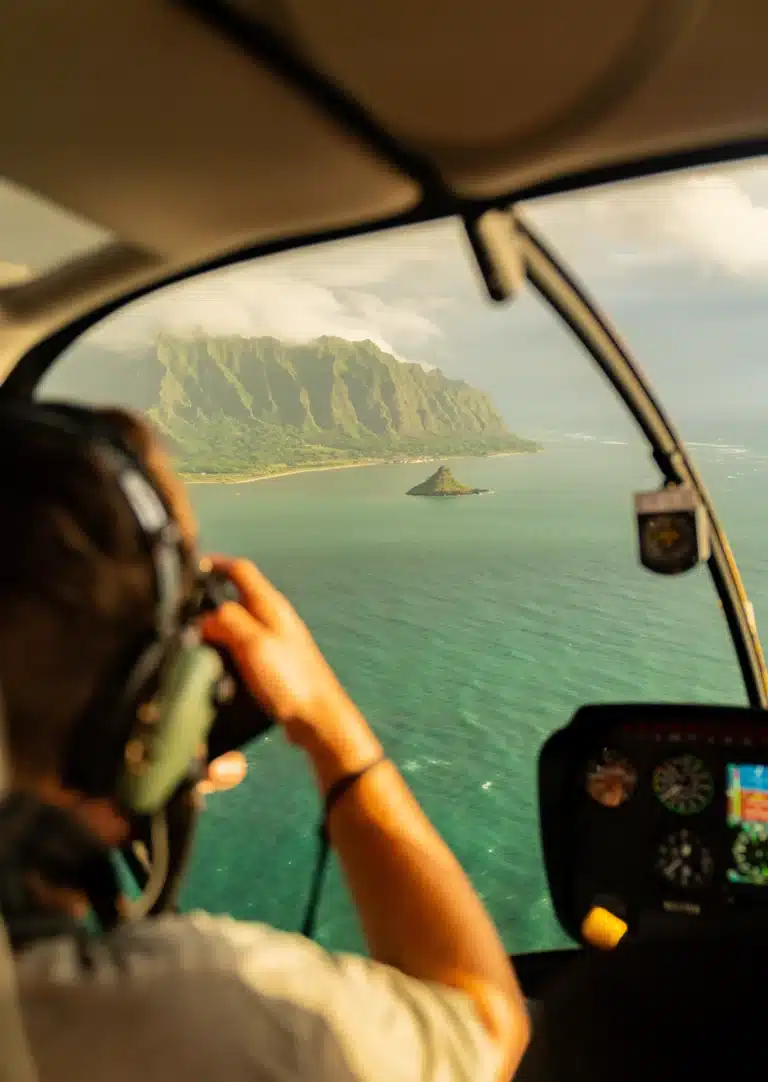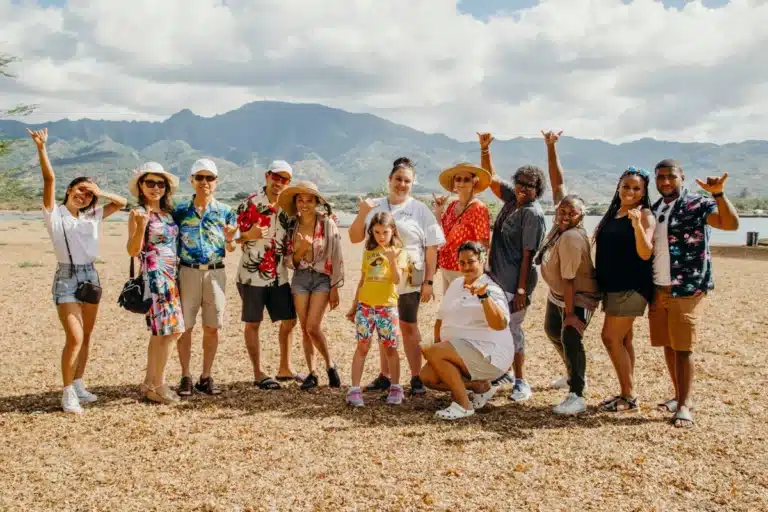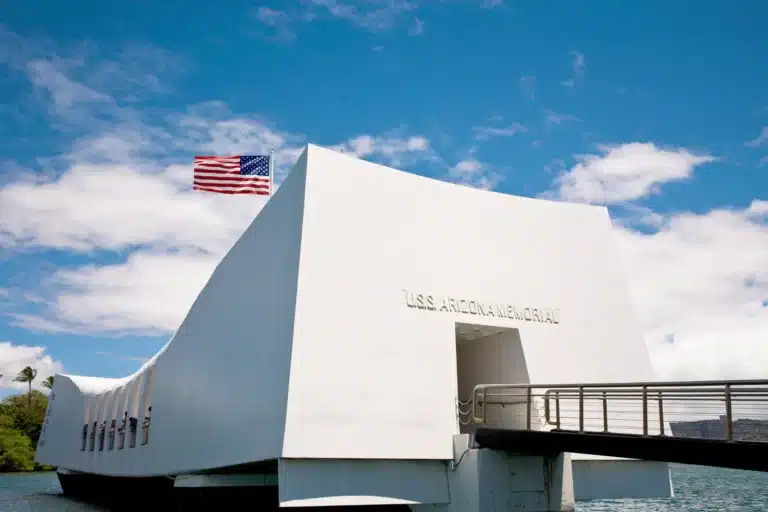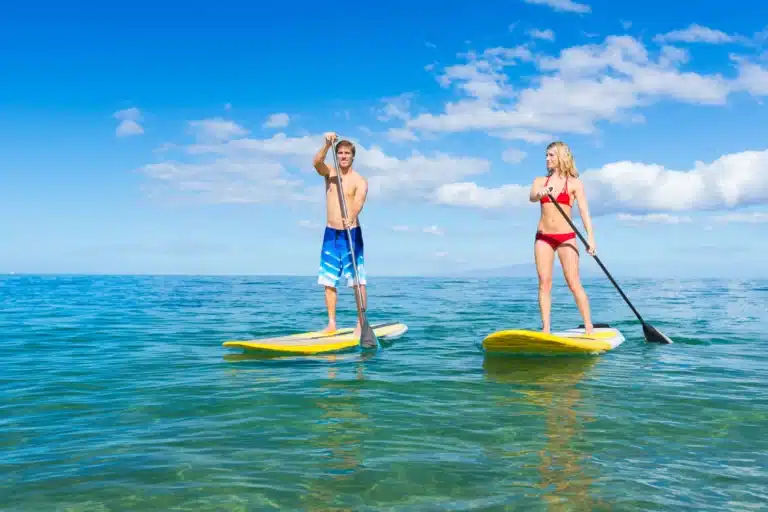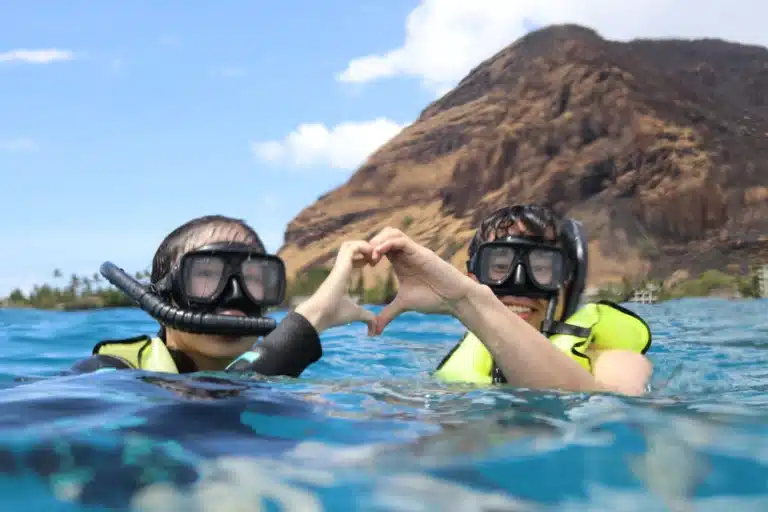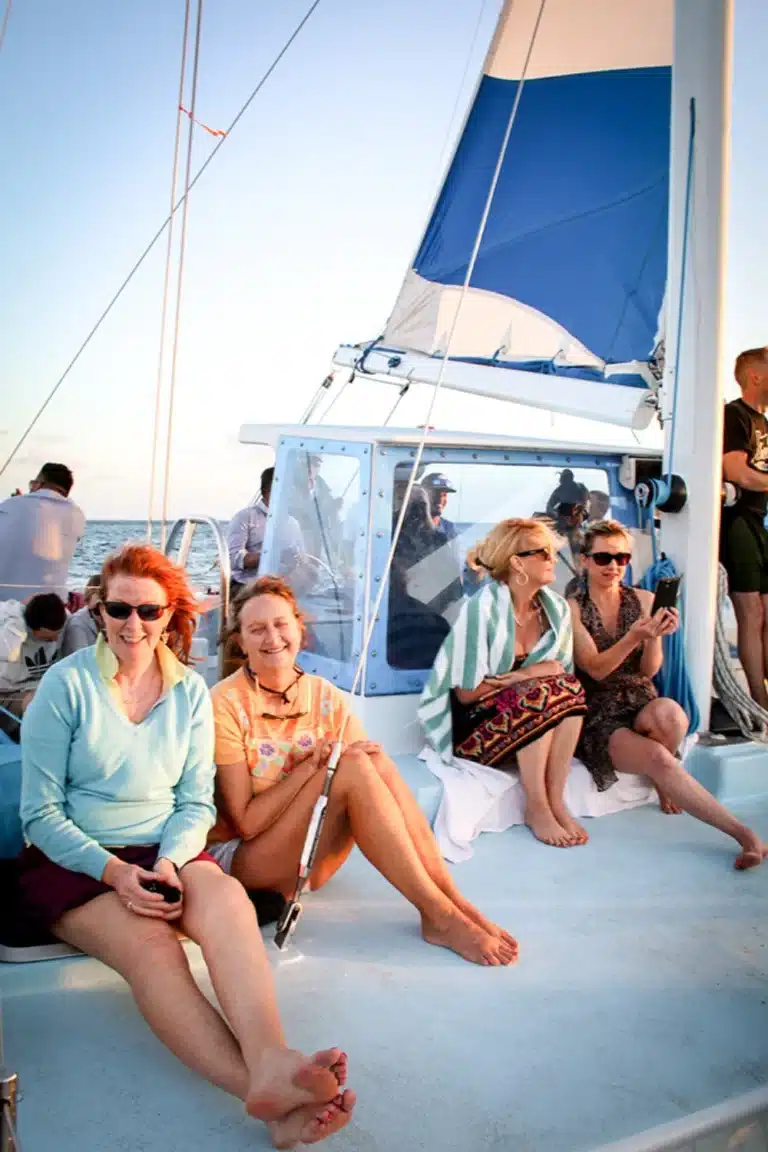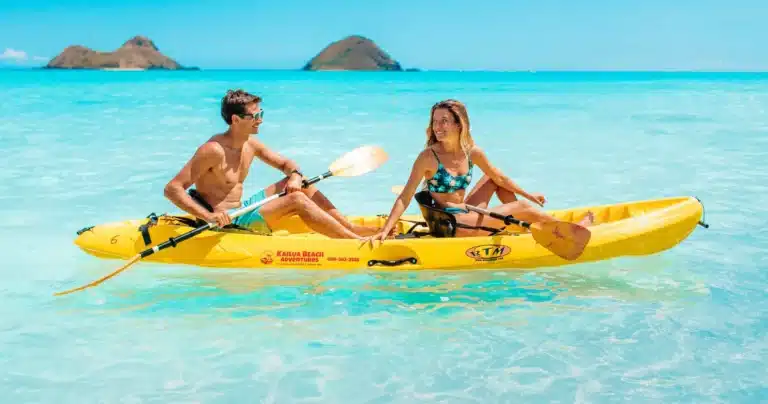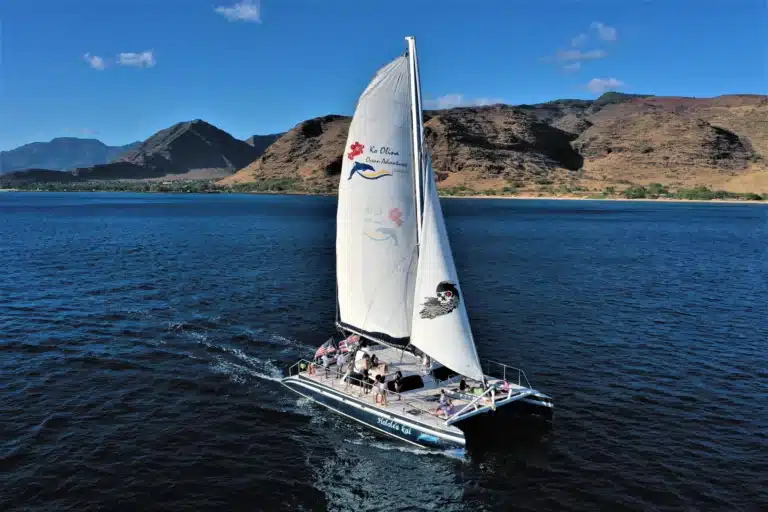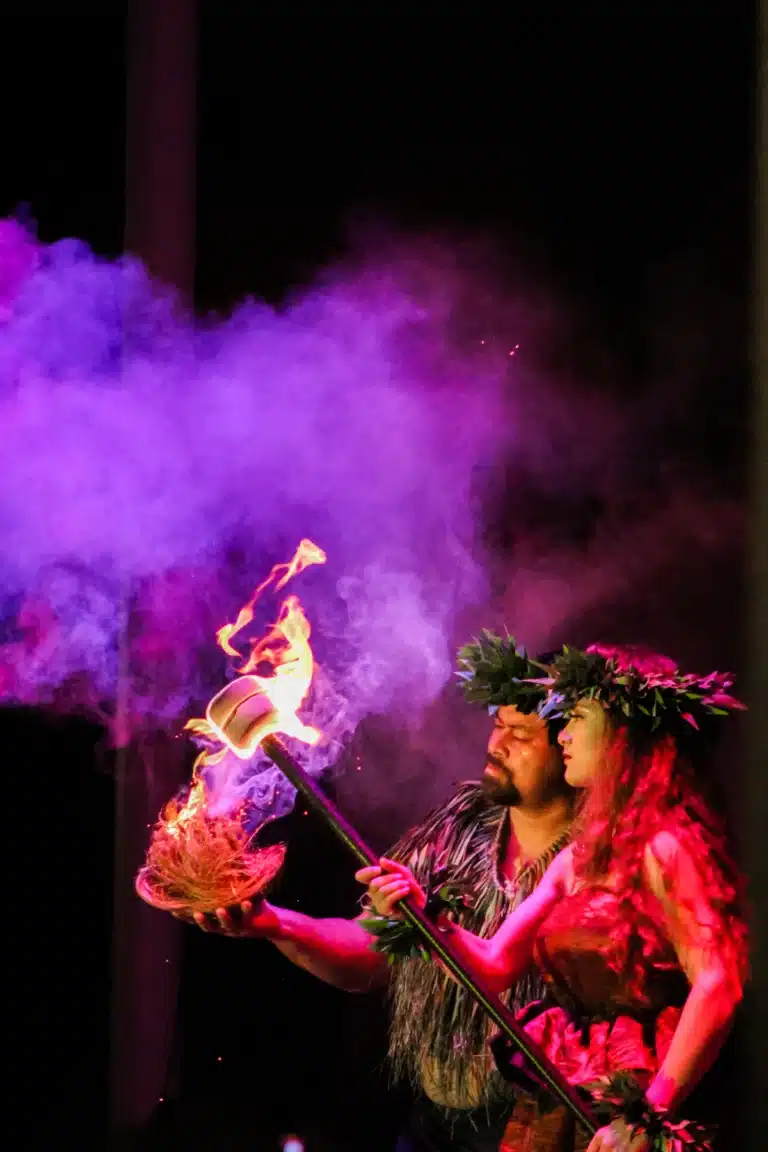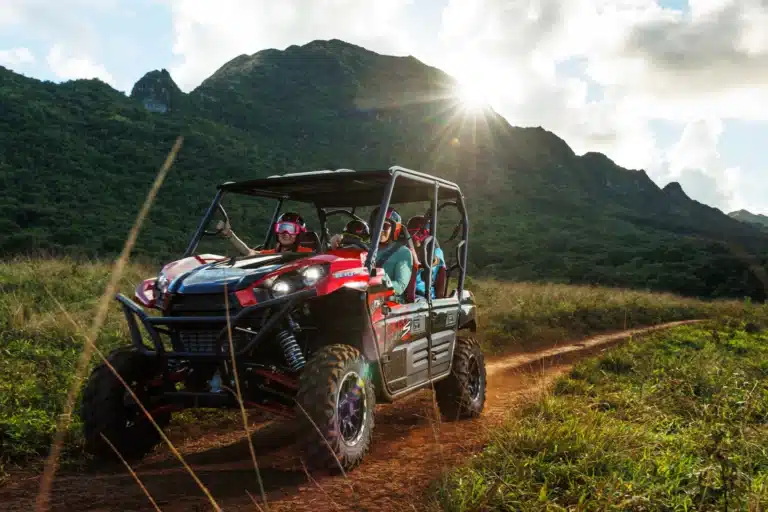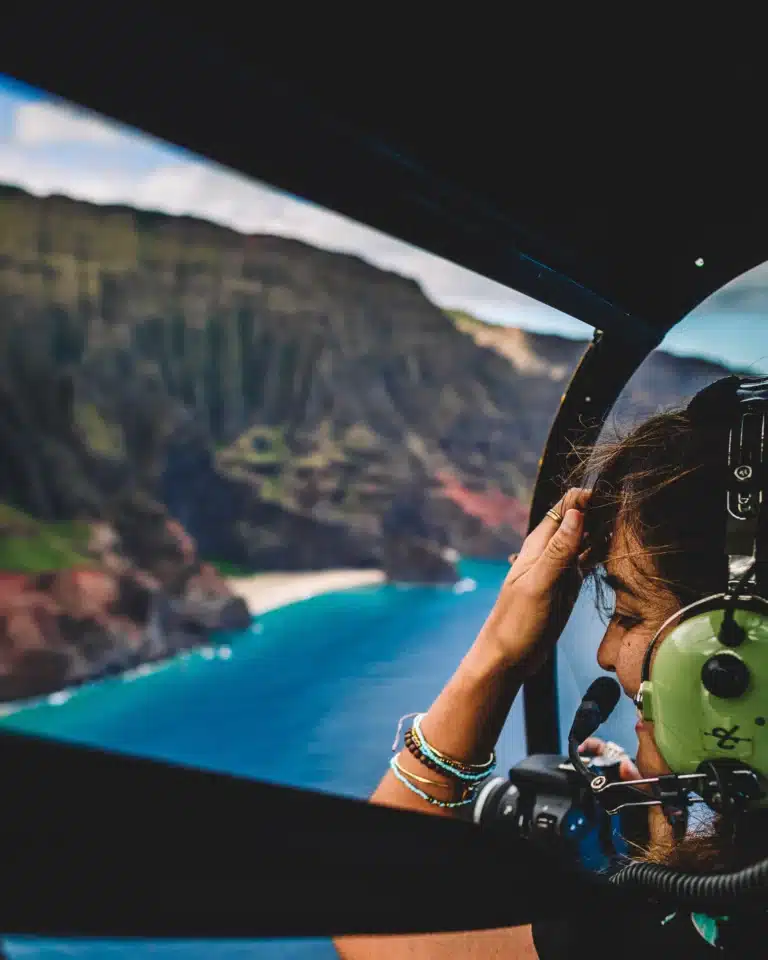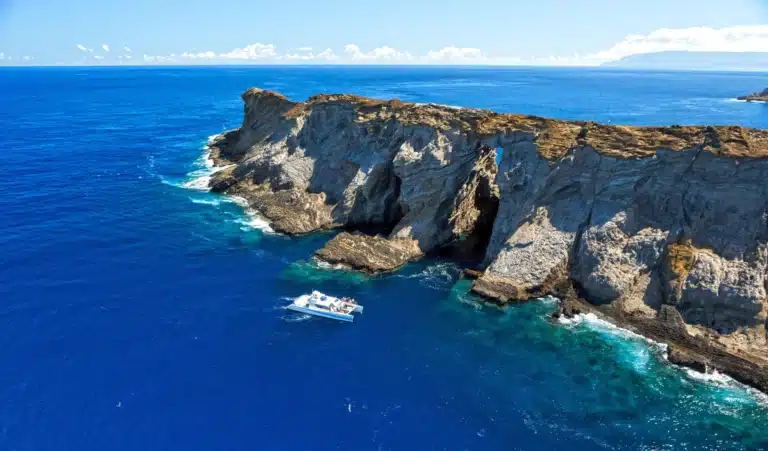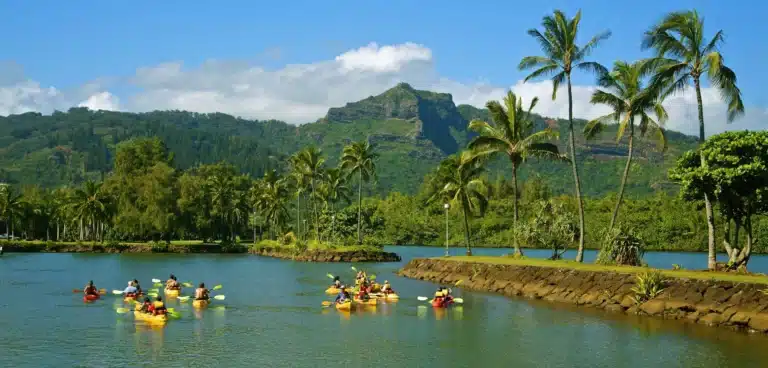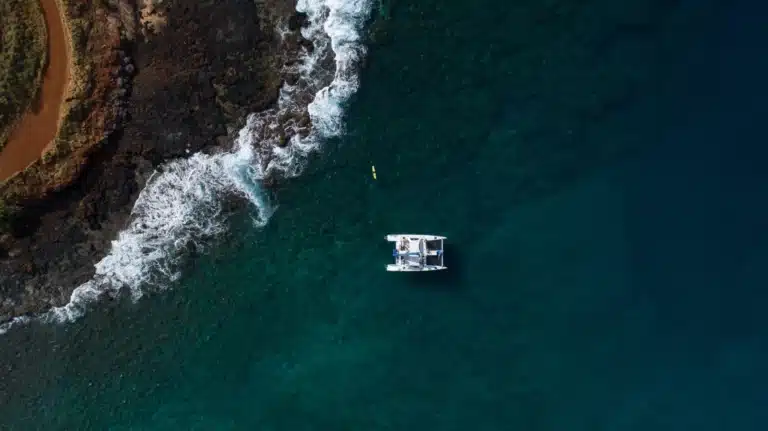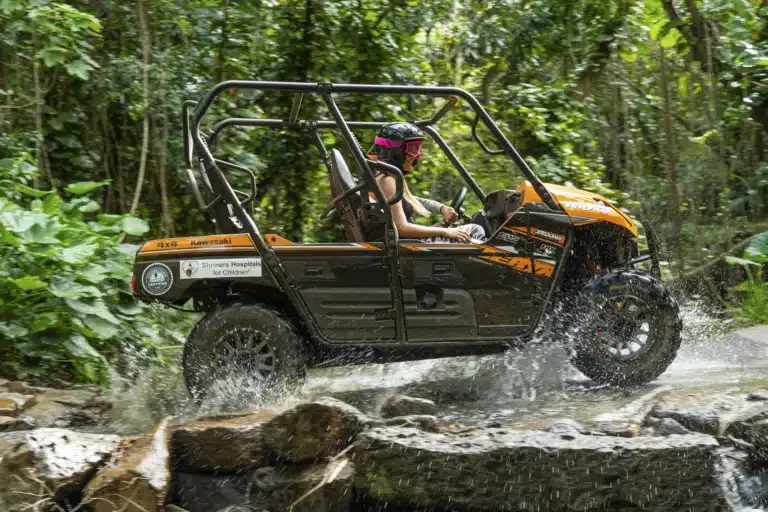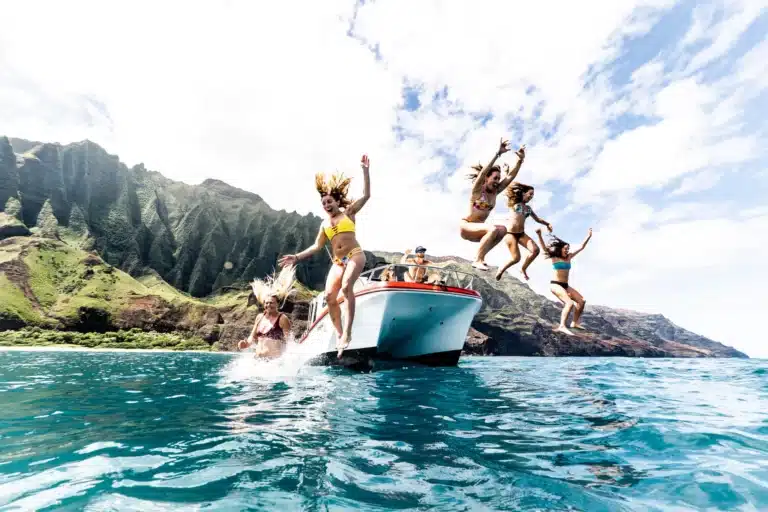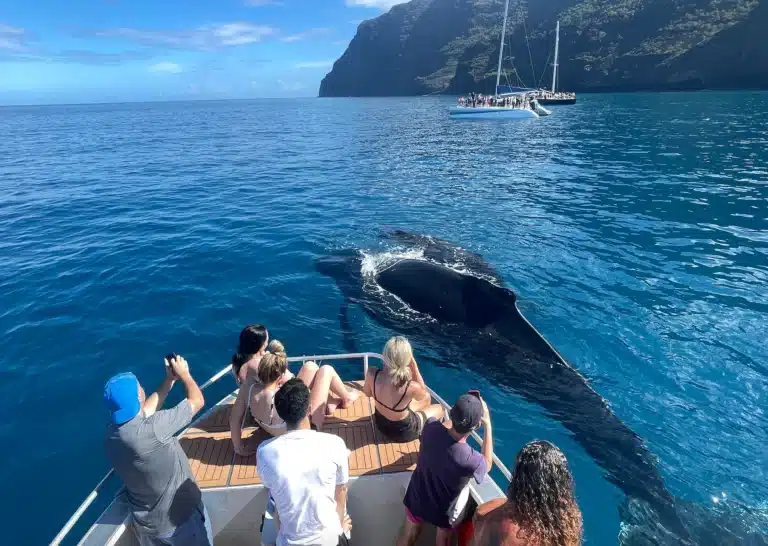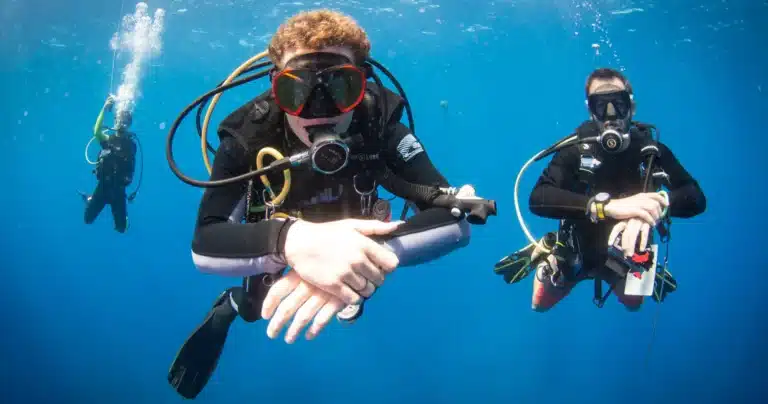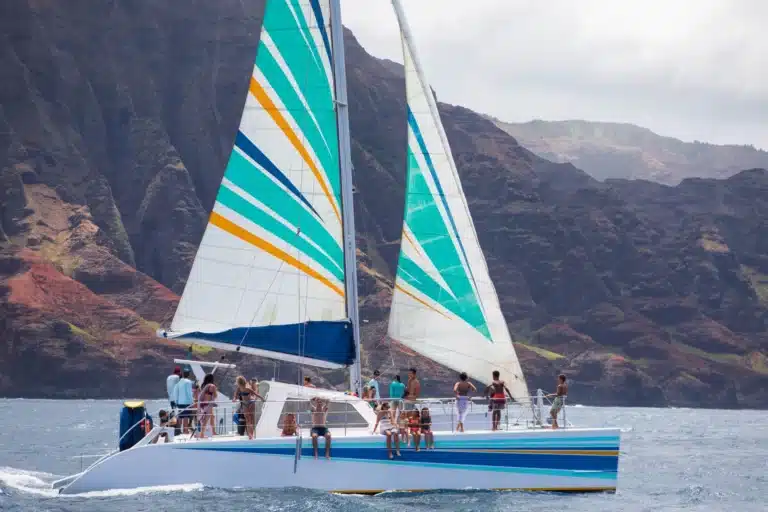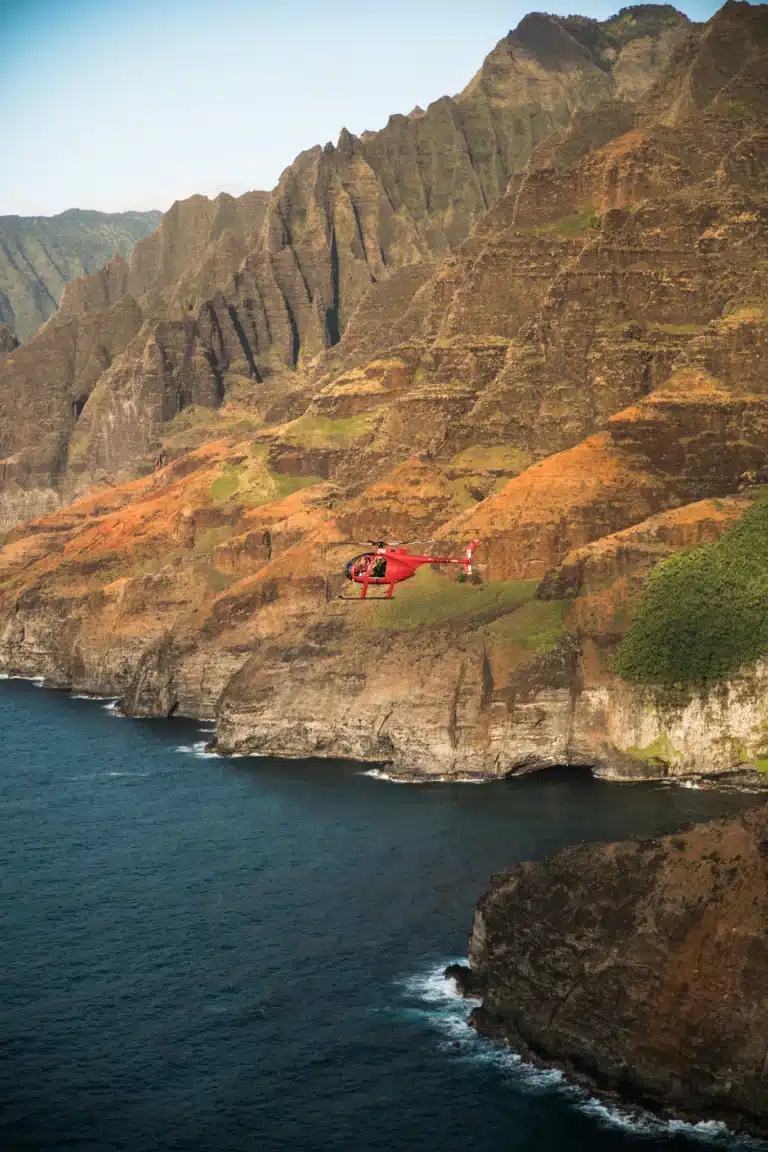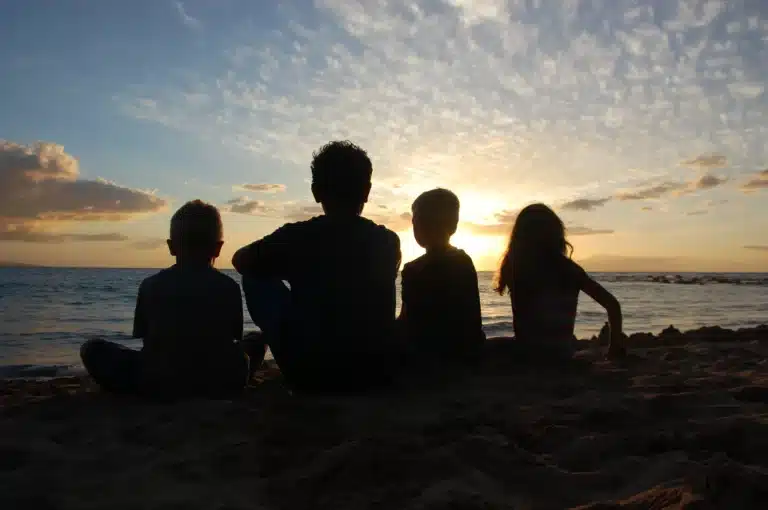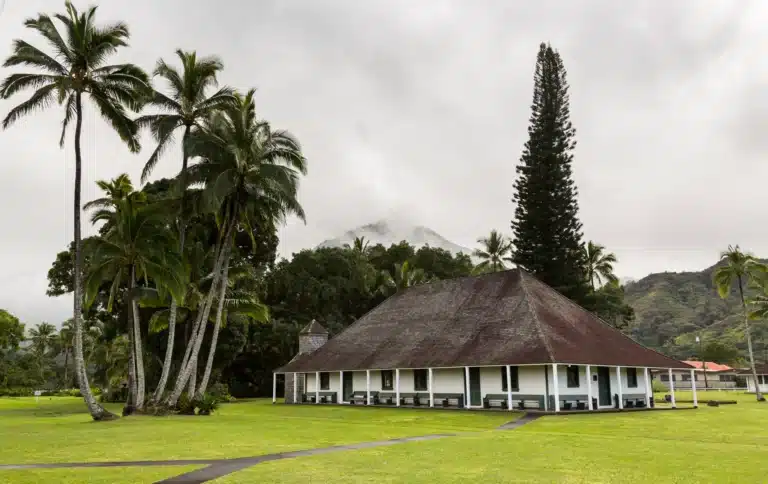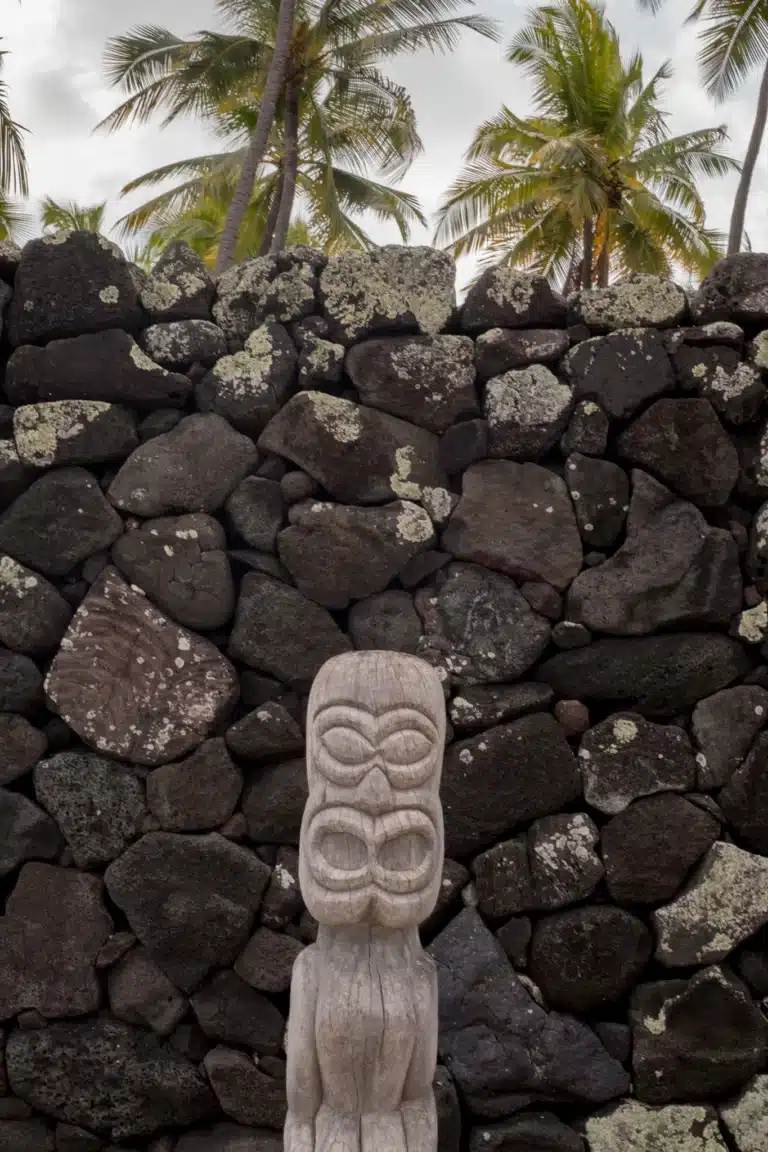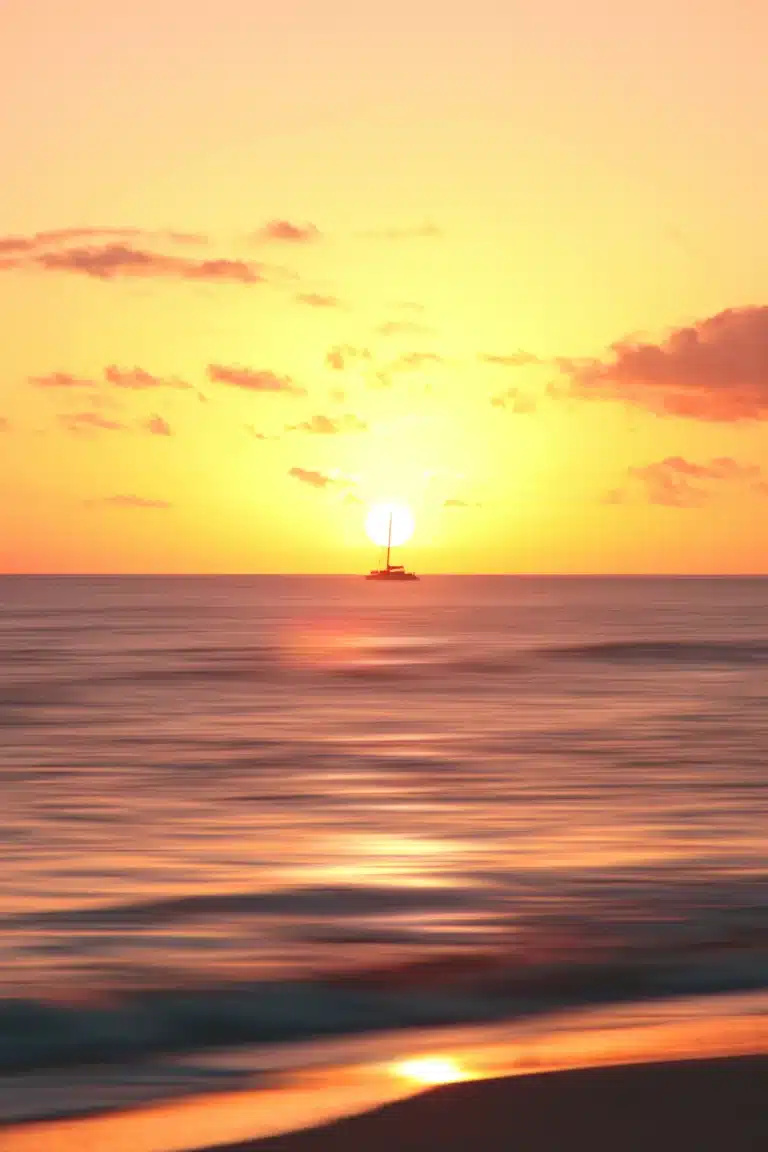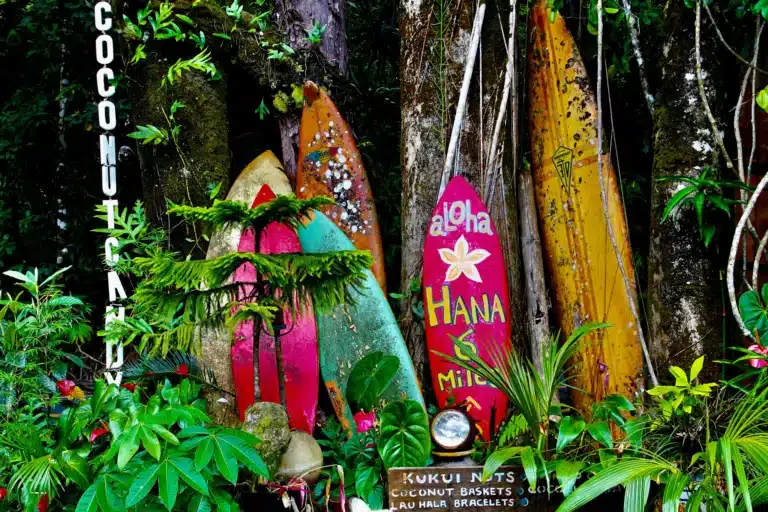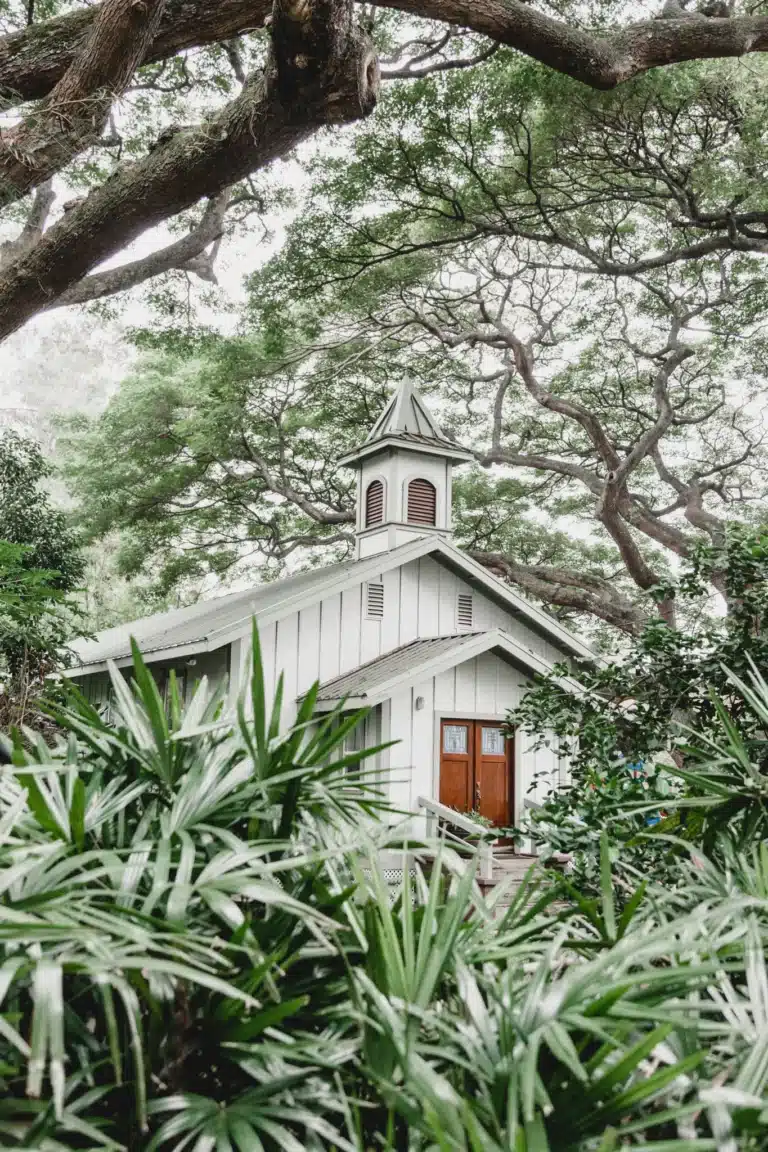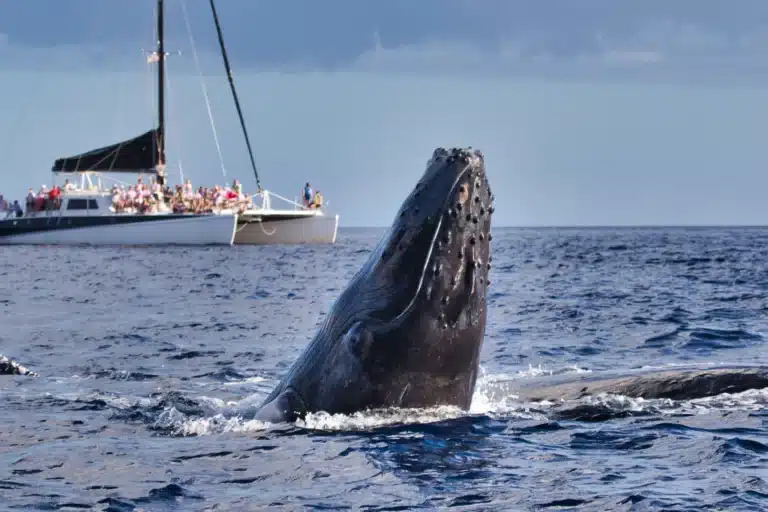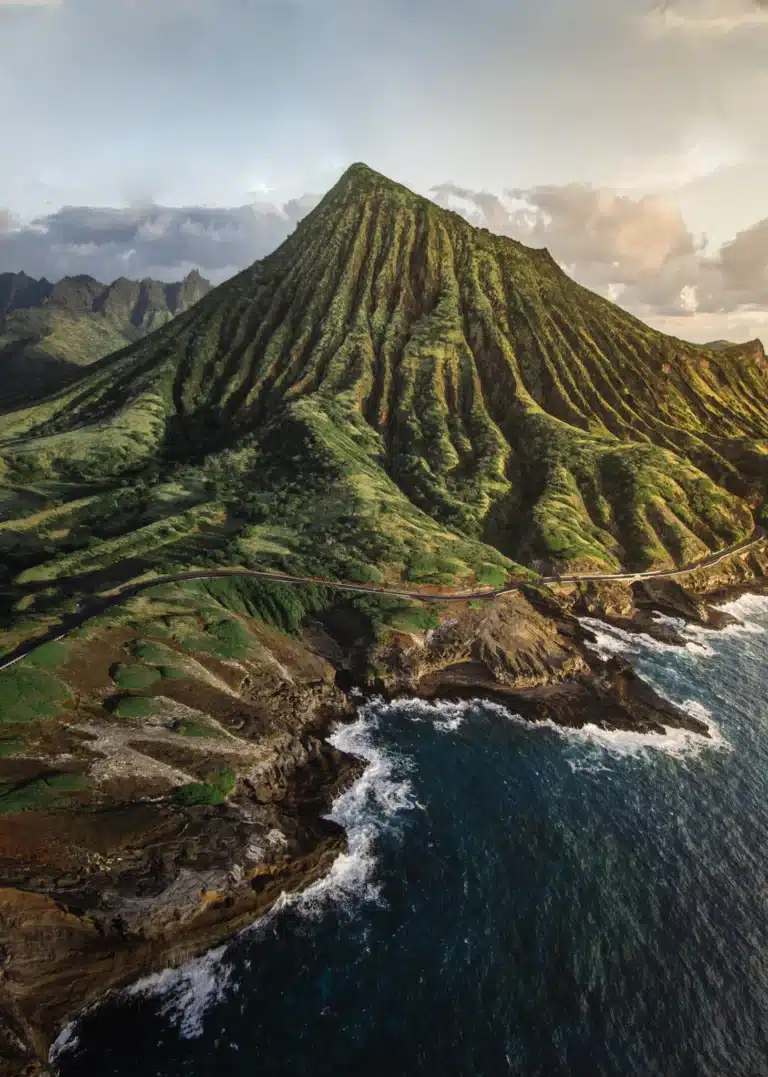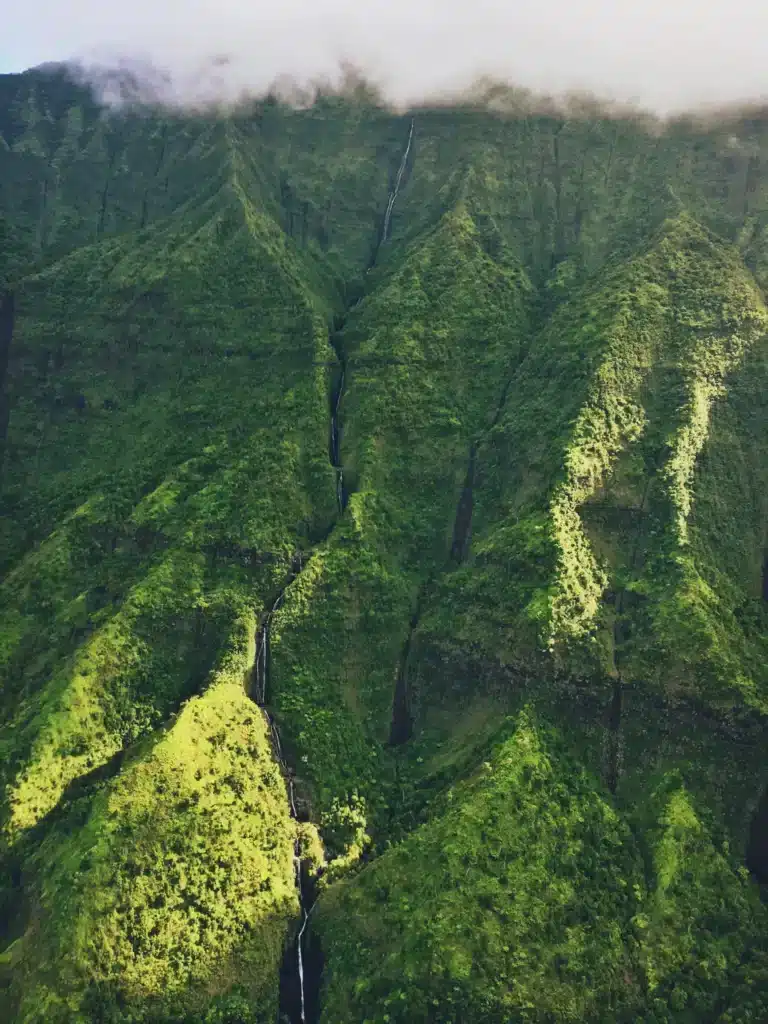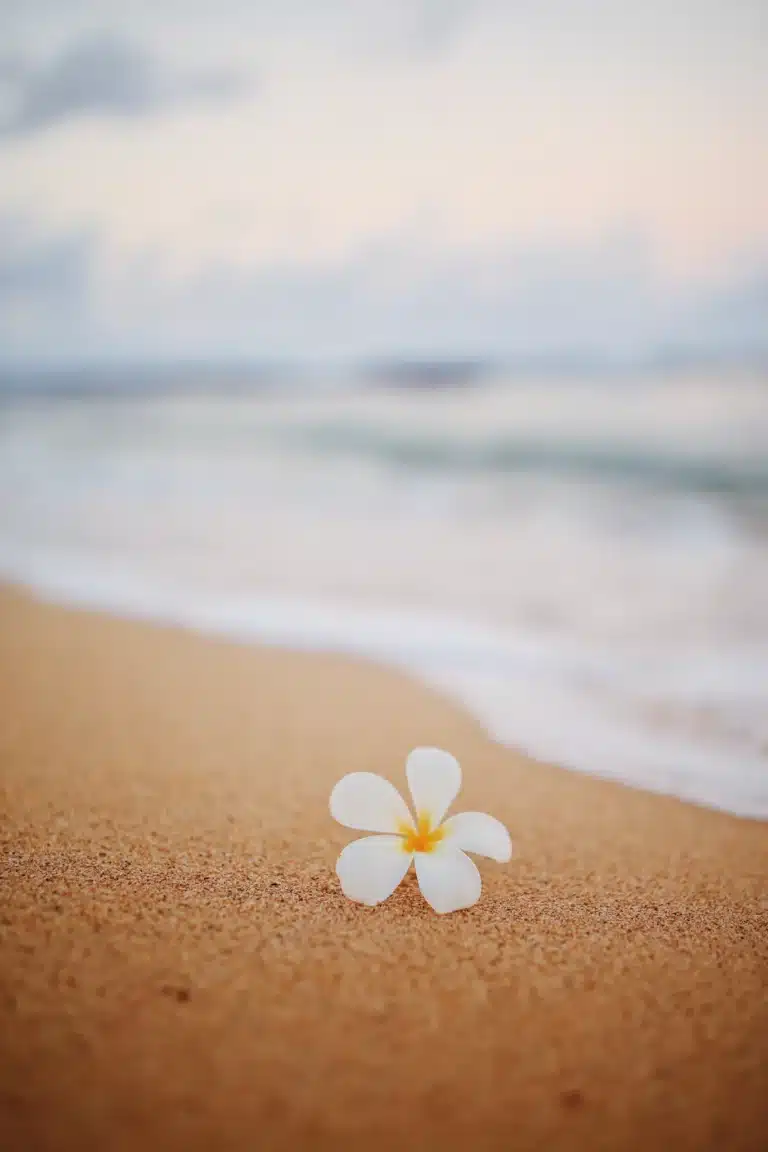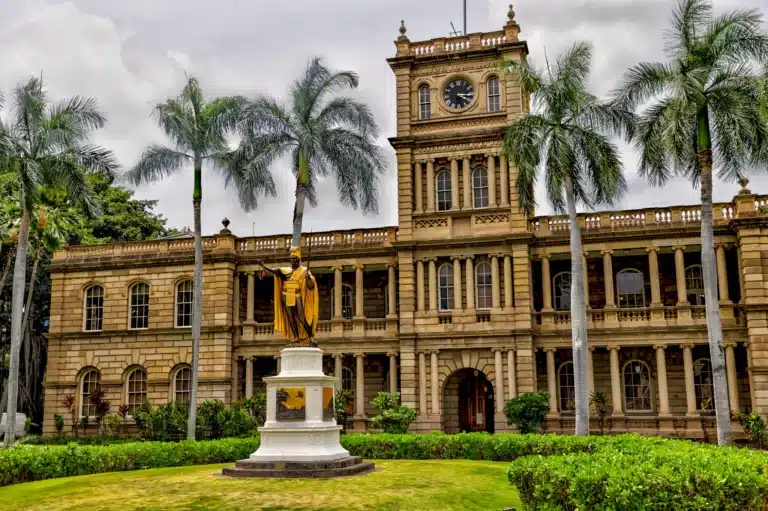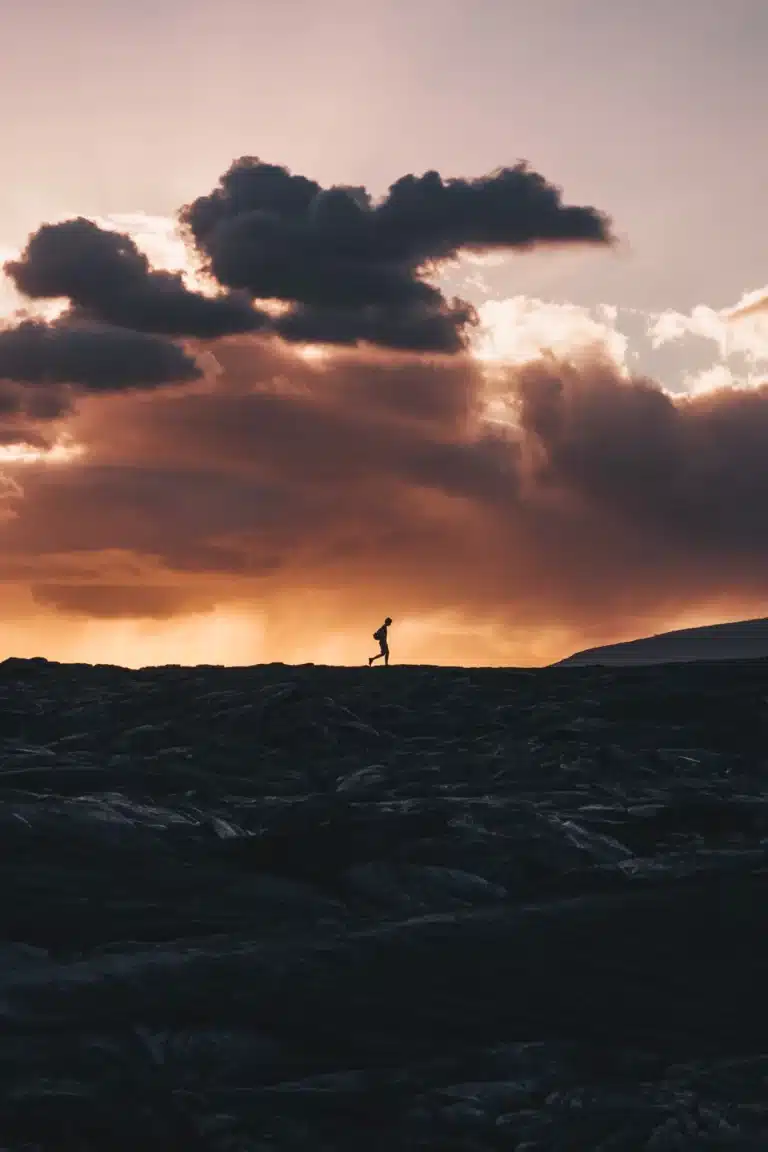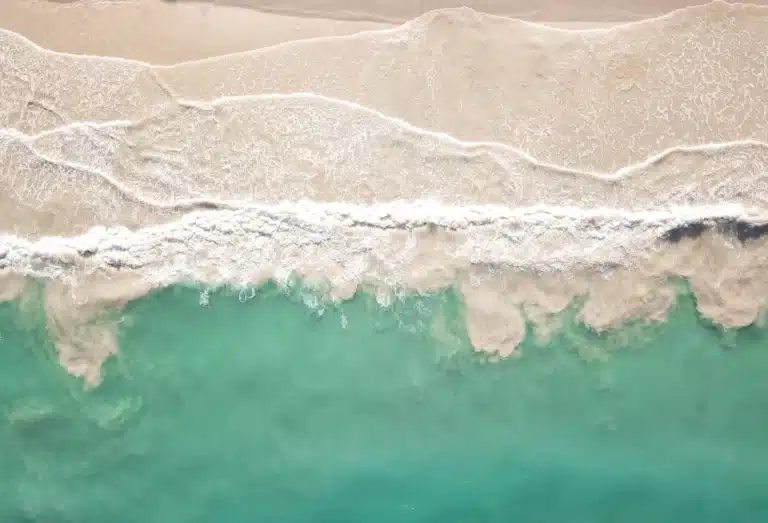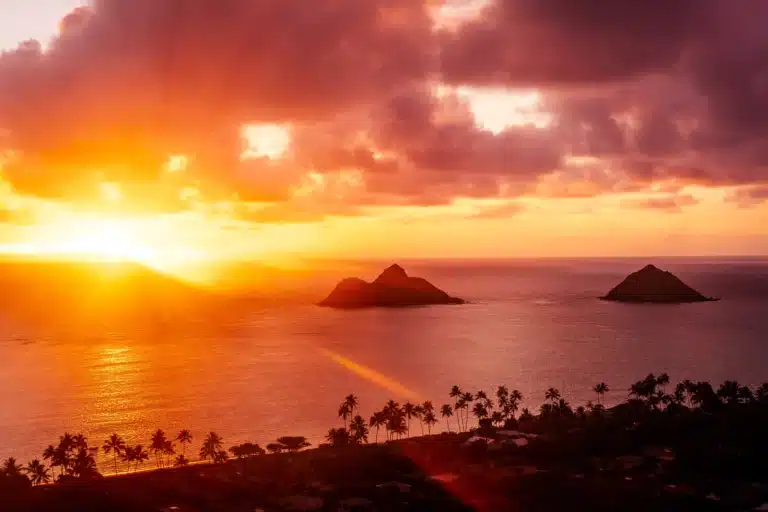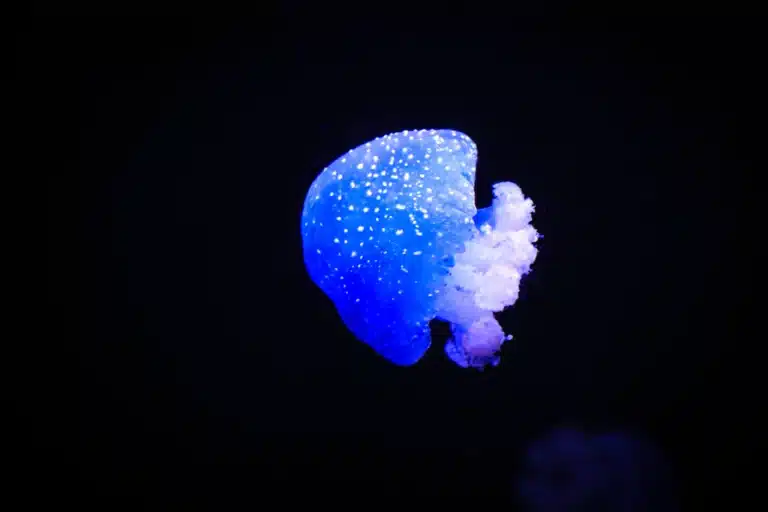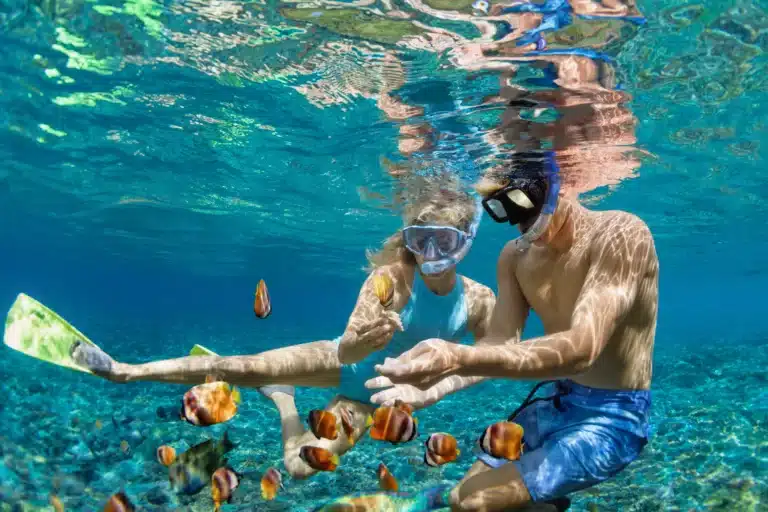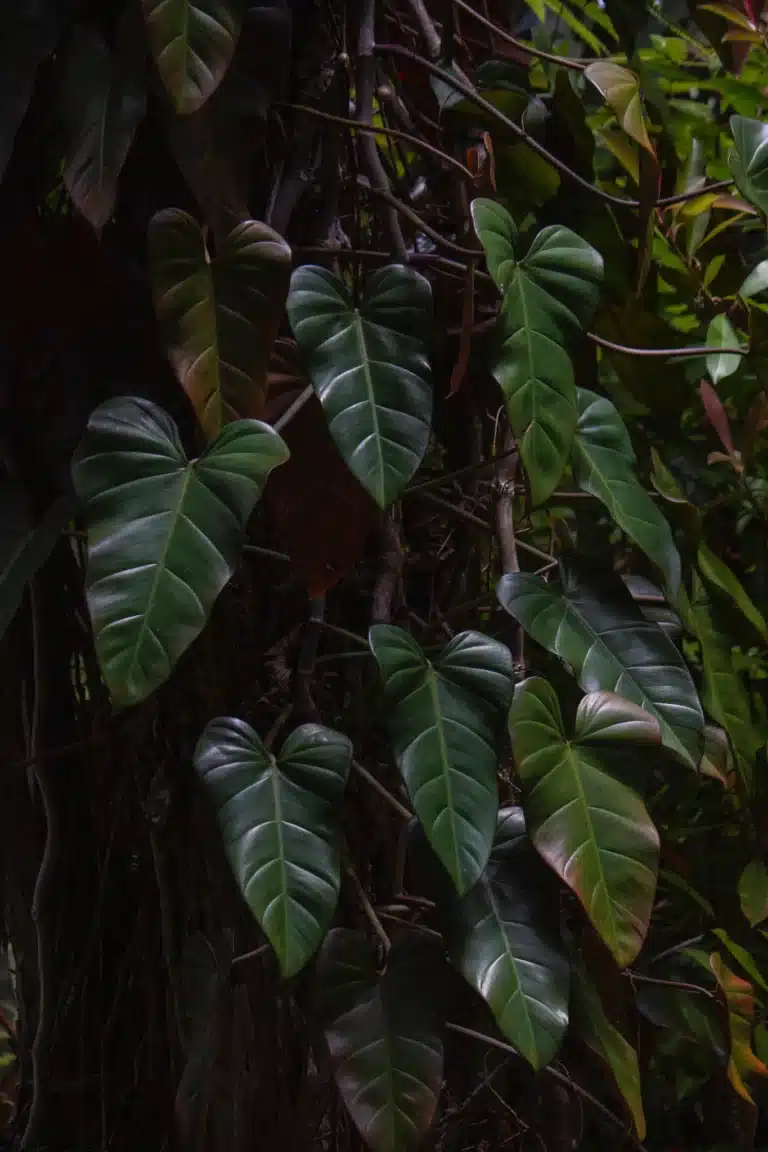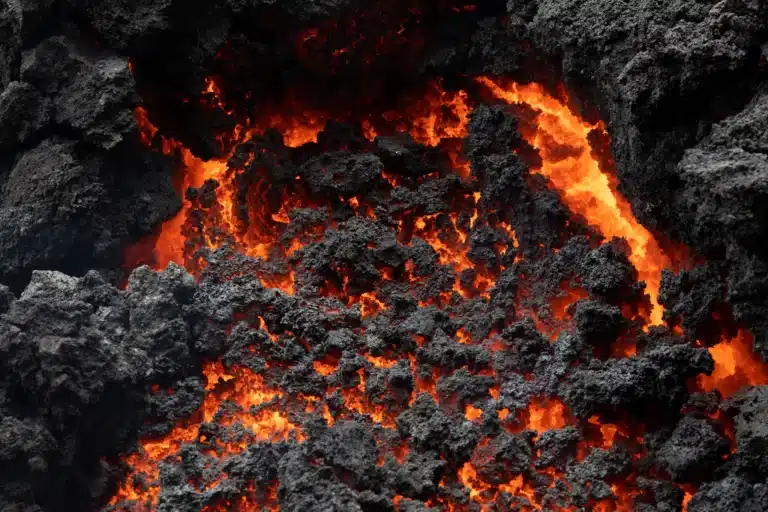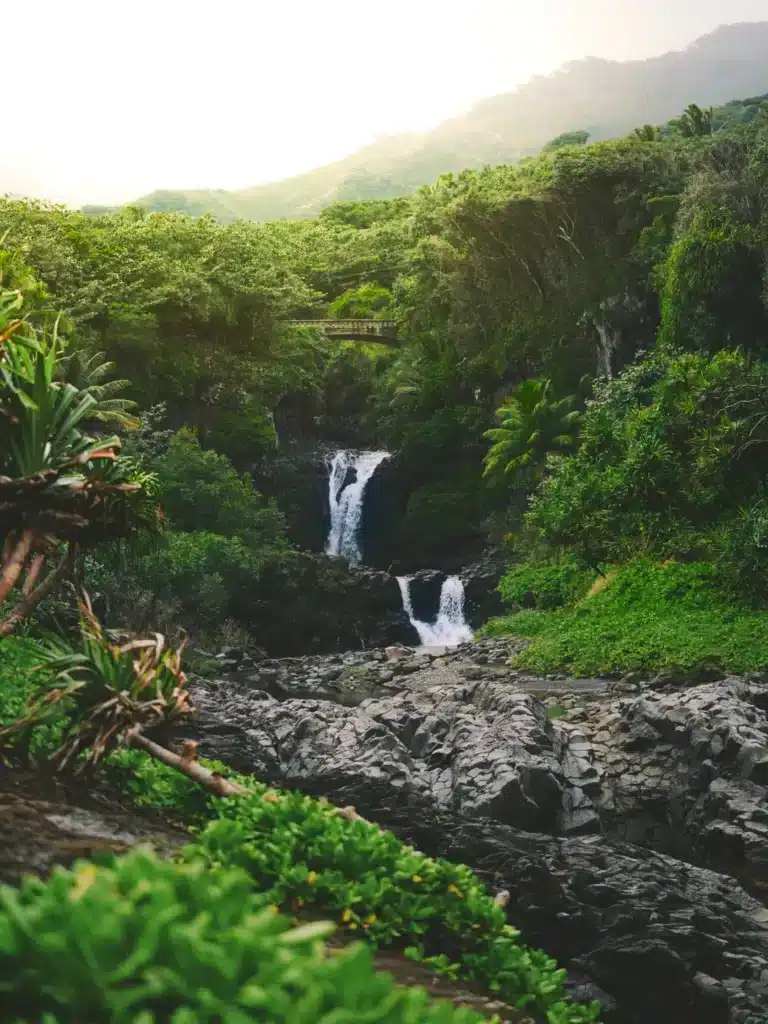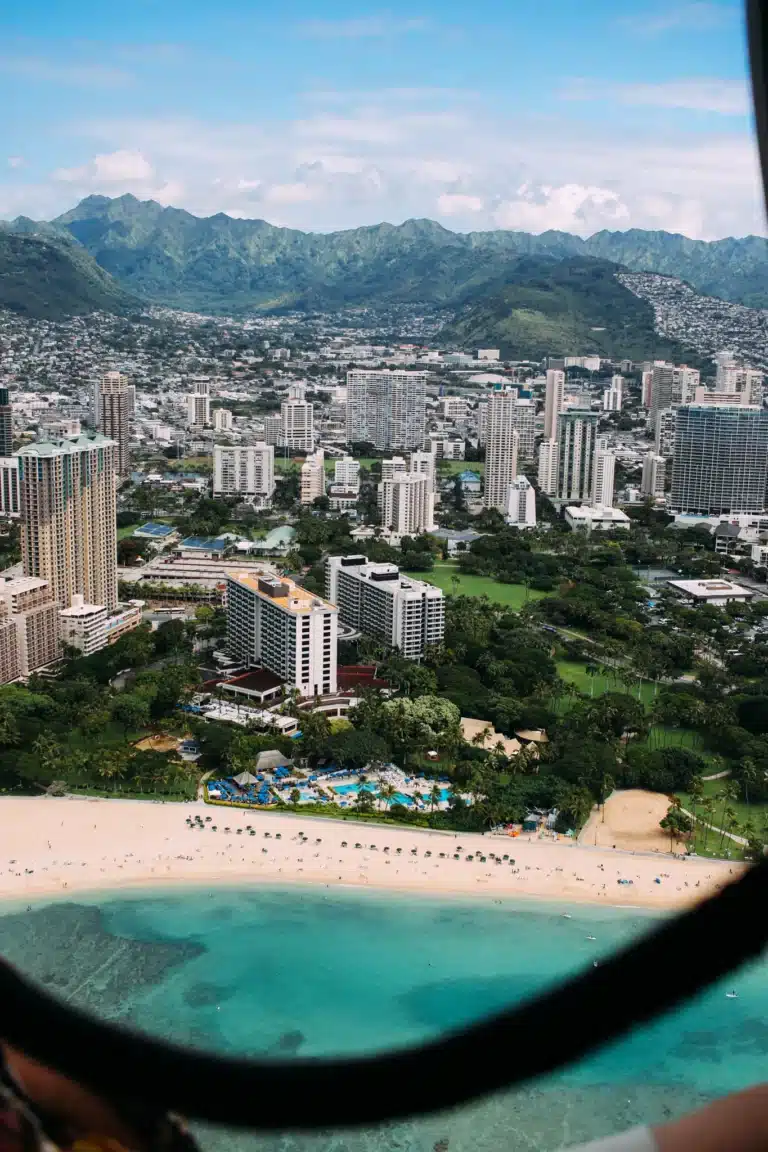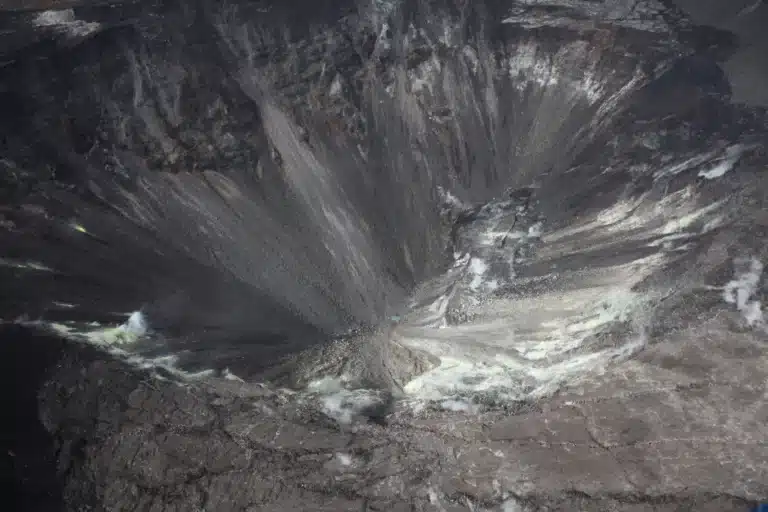The Ultimate Hawaii Travel Guide
Plan your dream vacation with our extensive Hawaii travel guide. Discover islands, attractions, dining, activities, culture, eco-friendly tips, and much more.
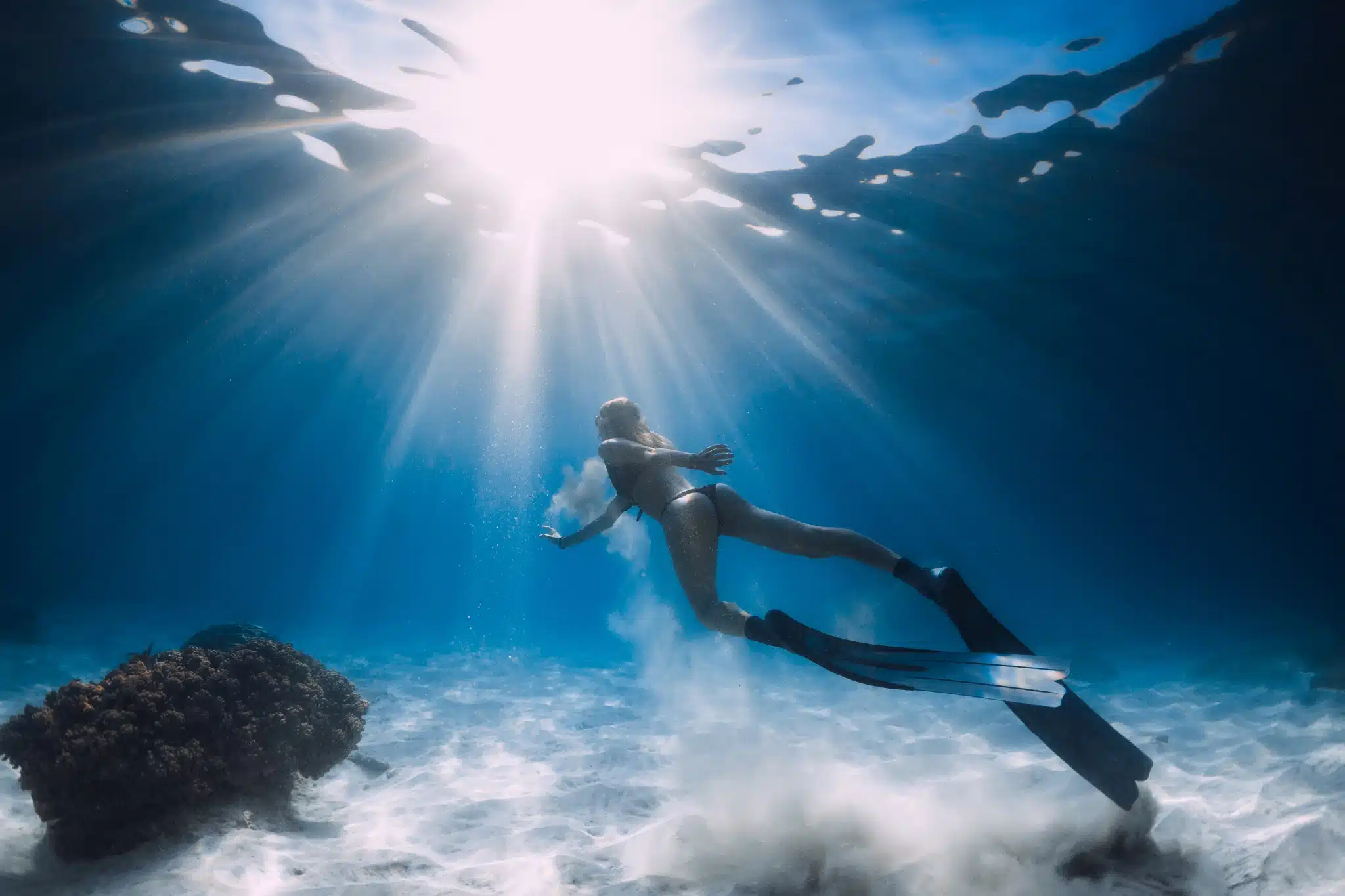
Introduction
The Hawaiian Islands are an archipelago of eight major islands, several atolls, numerous smaller islets, and undersea seamounts in the North Pacific Ocean. Each island has its own distinct personality, adventures, activities, and sights.
This travel guide aims to give you an in-depth look into the magic that is Hawaii, providing all the information you need to plan and enjoy the Hawaiian vacation of your dreams.
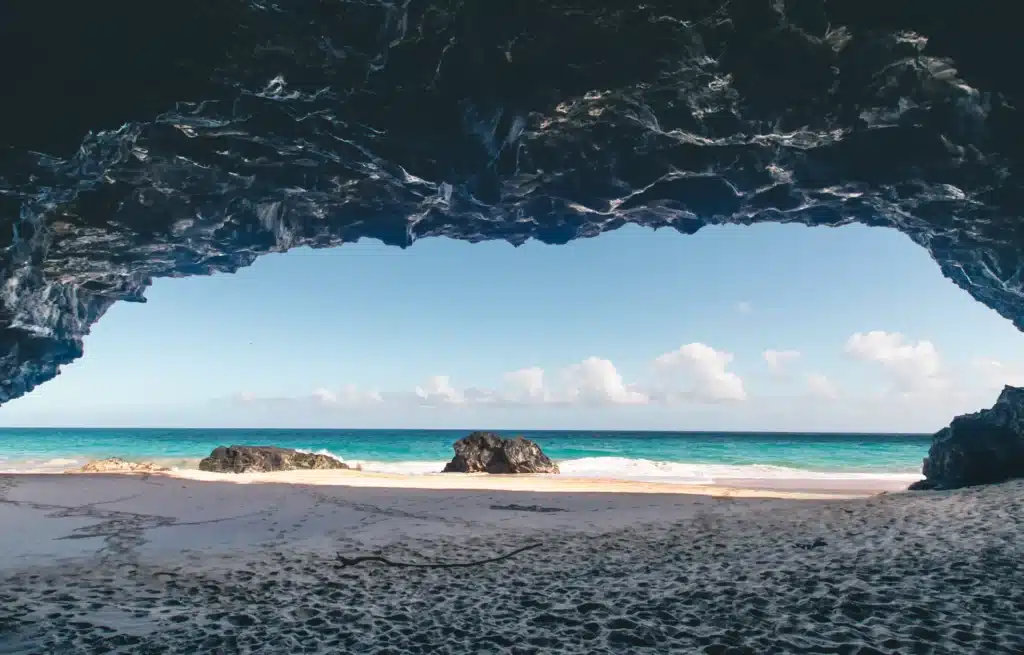
Why Visit Hawaii
Hawaii is not just a place, but a feeling. A feeling of tropical sun warming your skin, of soft, golden sand beneath your feet, of the rhythmic lullaby of the Pacific ocean.
It’s a place where towering waterfalls plunge down cliffs in the heart of lush green jungles, where the scent of tropical flowers fills the air, where every sunset paints a breathtaking picture in the sky.
But beyond its physical beauty, Hawaii is a place with a rich cultural heritage, a unique cuisine, a relaxing atmosphere, and the Aloha spirit that’s infectious. Visit Hawaii for the adventure, the relaxation, the culture, the food, and above all, for the memories that will last a lifetime.
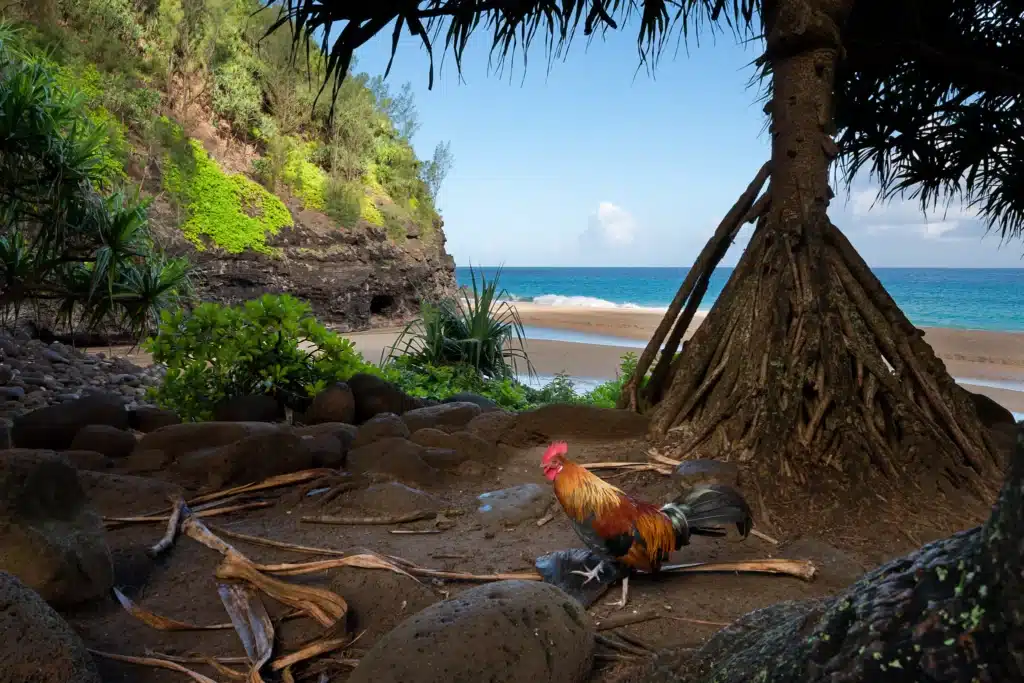
The Unique Hawaiian Experience
The Hawaiian experience is like no other. Here, you can surf the majestic ocean waves, explore the mystical volcanic landscapes, dance to the rhythm of the hula, taste the rich flavors of traditional Hawaiian cuisine, and feel the warmth of genuine Island hospitality.
Every moment spent in Hawaii is a step into a world where nature, culture, and adventure blend seamlessly, creating an experience that’s profoundly unforgettable.
Island Guides
Hawaii consists of several islands, each with its own unique charm and personality. This section will provide a comprehensive guide to the four major islands – Oahu, Maui, Kauai, and Big Island.
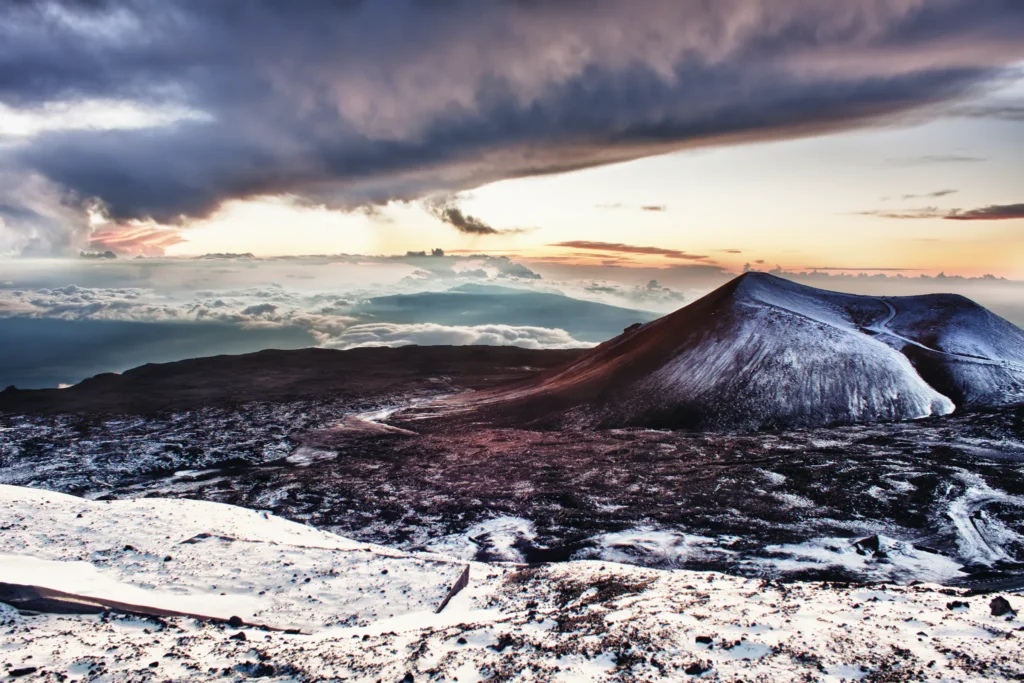
Which Island Should You Visit?
Deciding which Hawaiian island to visit depends on your personal preferences, desired activities, and travel goals. Each island offers a unique experience and cater to different types of vacations.
Remember that you can’t go wrong with any island – it’s more about matching your interests with what each island has to offer. Many visitors also choose to island-hop, experiencing the best of multiple islands in one trip.
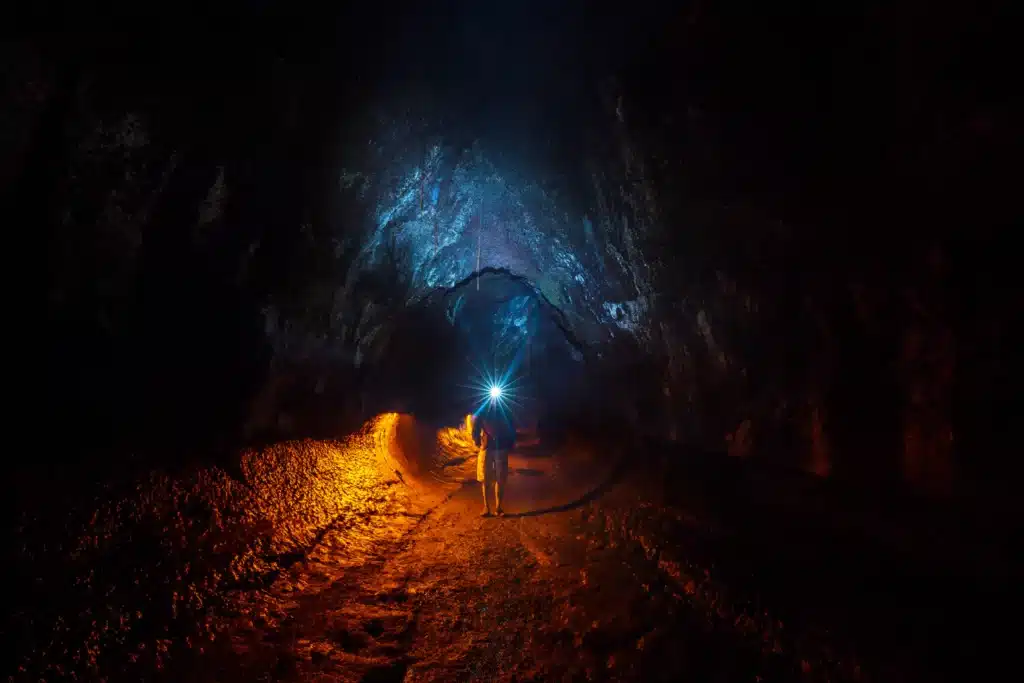
Why Visit Big Island
The Big Island offers an adventurous Hawaiian experience. With its unique natural phenomena like active volcanoes, it’s the only island in Hawaii where you can see lava flows. Additionally, the Big Island has some of the best astronomical observing sites in the world.
Big Island’s Highlights
The Big Island captivates with its active volcano at Hawaii Volcanoes National Park, towering Mauna Kea Summit, enchanting Akaka Falls, idyllic Hapuna Beach, and culturally-rich Pu’uhonua O Honaunau National Historical Park.
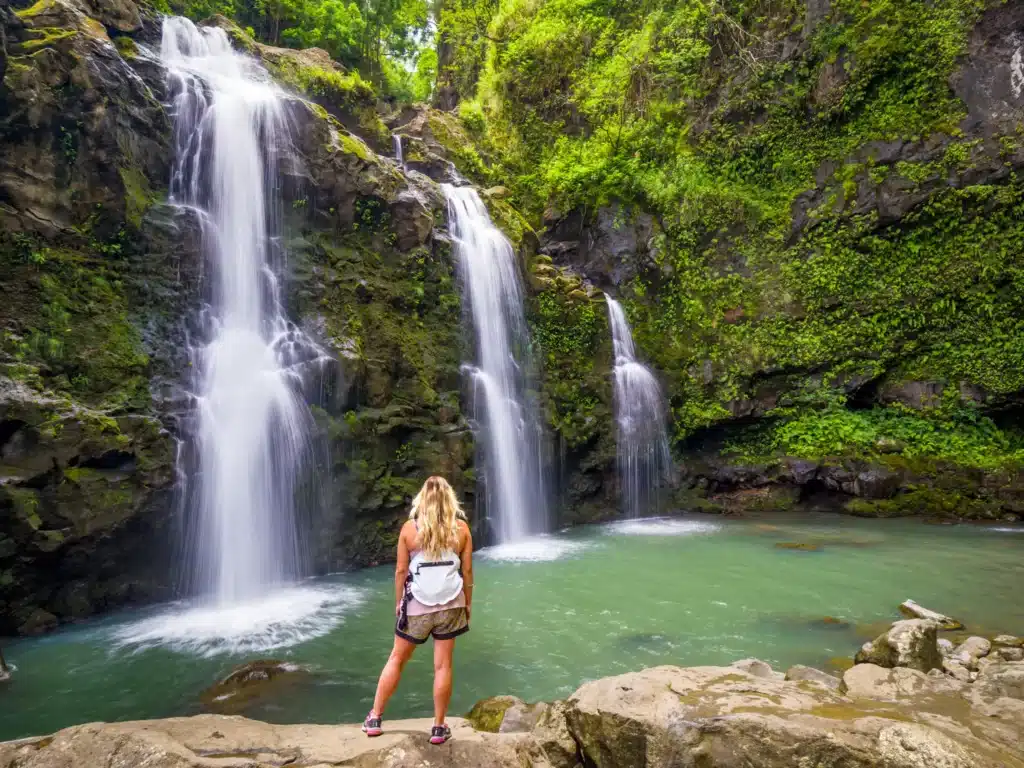
Why Visit Maui
Maui is the perfect destination for those seeking beach relaxation, outdoor adventures, and natural beauty. With the scenic Road to Hana, the stunning sunrises and sunsets at Haleakala National Park, and the migrating humpback whales, Maui offers a quintessential Hawaiian experience.
Maui’s Highlights
Maui enchants with its vast dormant volcano at Haleakala National Park, the verdant journey along the Road to Hana, historic charm in Lahaina, the stunning Kaanapali Beach, and the majestic Iao Valley State Park.
Oahu
Oahu, the third-largest of the Hawaiian Islands, holds a unique blend of urban and natural attractions. Its southern shore is home to the city of Honolulu, Hawaii’s capital, and the popular tourist area, Waikiki. While the cityscape offers shopping, dining, and historical attractions, the rest of the island offers lush mountains, a beautiful coastline, and world-class surf breaks.
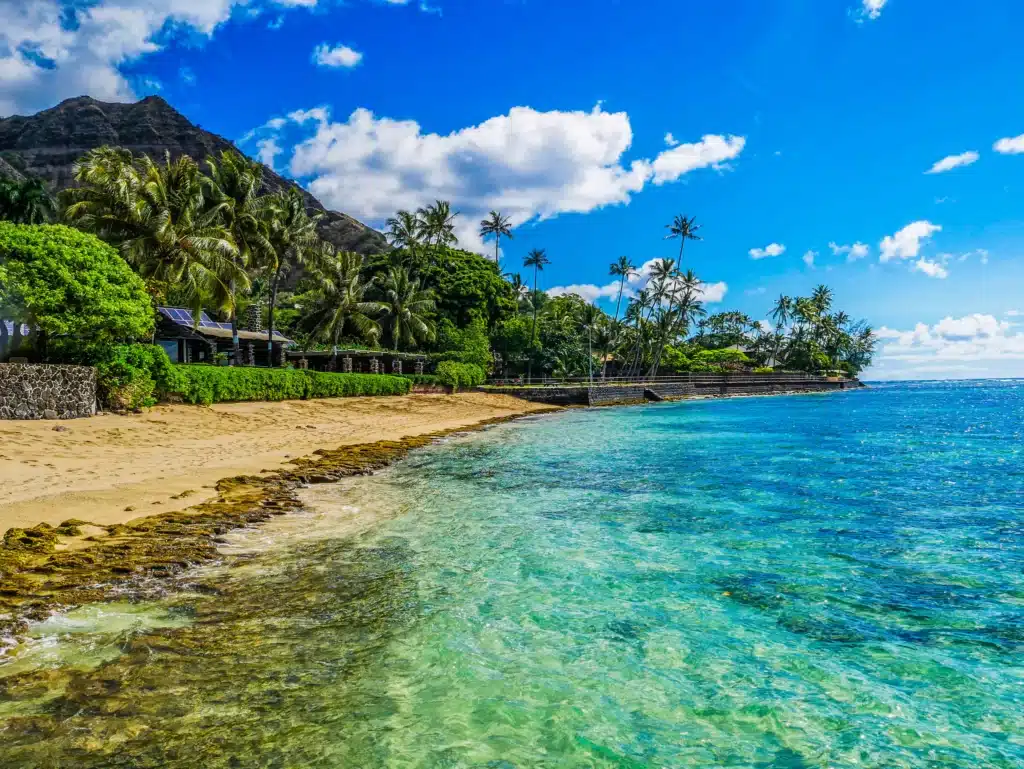
Why Visit Oahu
Oahu should be on your list if you’re looking for a blend of city attractions, bustling nightlife, and natural beauty. It’s home to the iconic Waikiki Beach, historic Pearl Harbor, and the surf mecca of the North Shore. The island offers cultural experiences through its food, art, and historical sites, making it an ideal destination for a broad range of travelers.
Oahu’s Highlights
Oahu delights with its lively Waikiki, historic Pearl Harbor, famous surfing North Shore, diverse marine life in Hanauma Bay, and panoramic views from the Diamond Head hike.
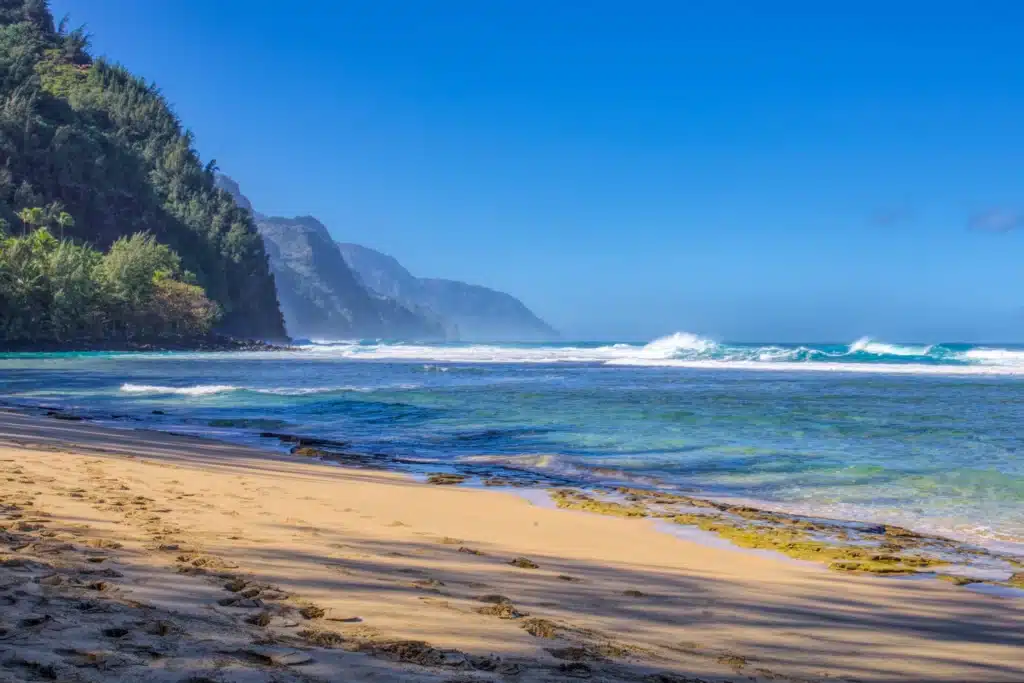
Why Visit Kauai
Kauai is a nature lover’s dream, known for its rugged landscapes, outdoor adventures, and tranquil beaches. With more than 60 beaches, the famous Na Pali Coast, and the breathtaking Waimea Canyon, Kauai offers a more laid-back, less commercialized Hawaiian experience.
Kauai’s Highlights
Kauai’s natural splendor features the dramatic Na Pali Coast, the grand Waimea Canyon, picturesque Hanalei Bay, the navigable Wailua River, and the historic Kilauea Lighthouse.
Travel Planning
Visiting the beautiful islands of Hawaii is a dream for many, and with the right planning, this dream can be a fantastic reality. Each stage of planning, from deciding the best time to visit, to understanding the costs involved, to knowing what to pack, plays a vital role in ensuring a seamless and memorable travel experience.
Additionally, understanding local customs and etiquette can deepen your connection with this unique destination, enhancing the cultural richness of your journey. This section provides a comprehensive guide to planning your Hawaiian getaway, covering essential topics to help you prepare for your island adventure.
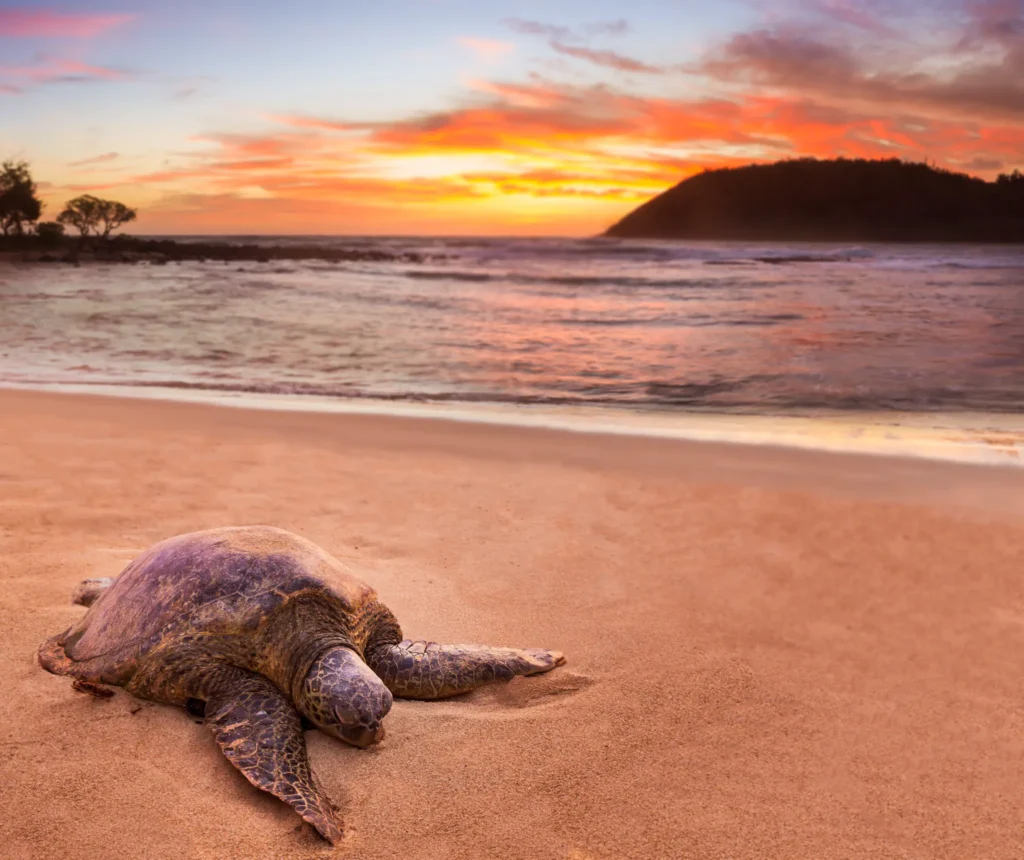
Best Time To Visit
Hawaii is a year-round destination, but there are some differences in the seasons:
- Winter (December – February): This is the peak tourism season, with higher prices and bigger crowds, particularly around the holidays. However, it’s also the best time for surfing on the north shores and whale watching.
- Spring (March – May): This is a shoulder season, with pleasant weather, fewer tourists, and lower prices.
- Summer (June – August): The weather is warmer and drier, and it’s a popular time for families to visit due to school vacations.
- Fall (September – November): This is another shoulder season, with warm weather, fewer tourists, and potential for lower prices.
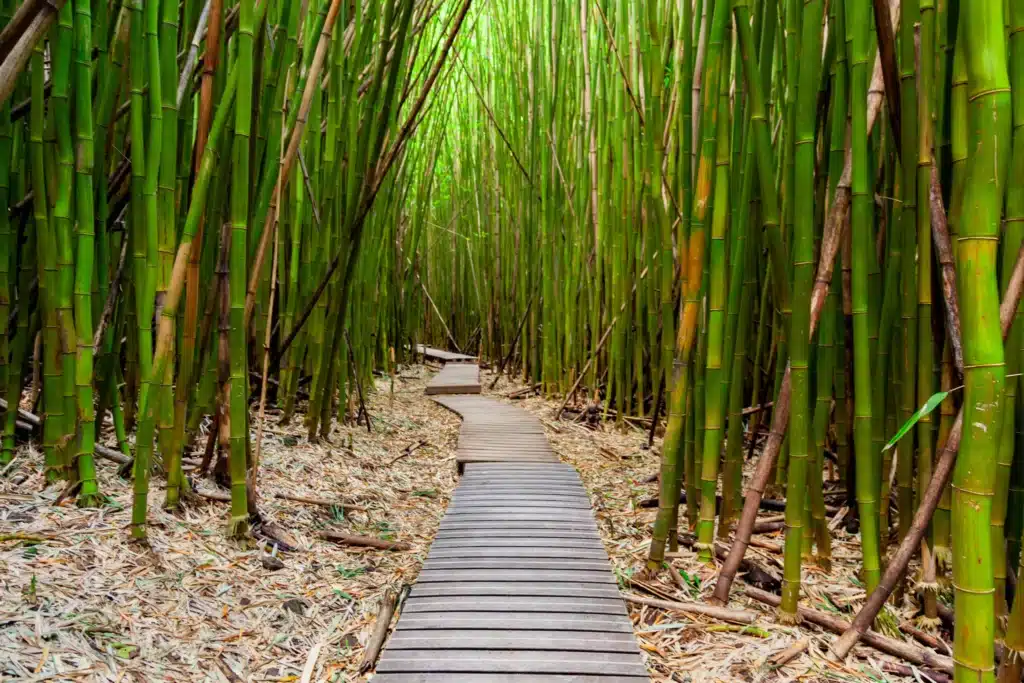
Cost And Budget
The cost of a trip to Hawaii can vary widely depending on factors like the time of year, accommodation preferences, dining habits, and desired activities. Here’s a rough estimate:
- Flights: Depending on where you’re flying from and when, flights can range from $300-$800 per person round-trip.
- Accommodations: Budget for anywhere from $150 for a mid-range hotel to $500+ for luxury resorts per night.
- Food and Drink: Expect to spend around $50-$75 per person per day for meals if eating at restaurants.
- Activities and Tours: Most tours (helicopter tours, boat tours, etc.) cost around $100-$200 per person.
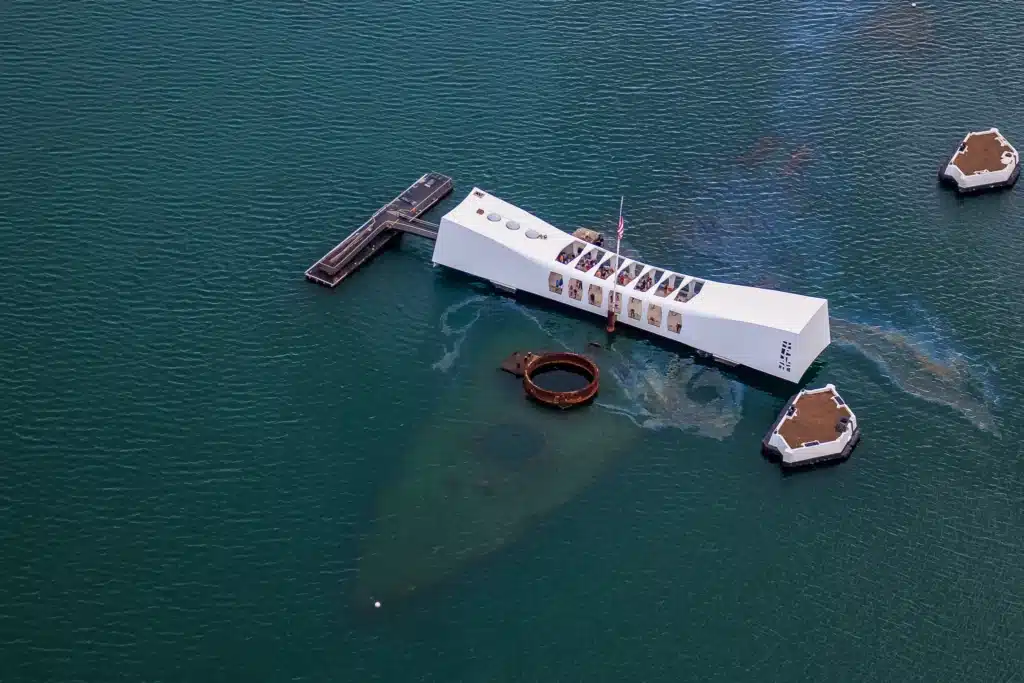
Essential Packing List
Here are some essential items you should pack for a trip to Hawaii:
- Beach essentials: Swimsuit, sunscreen, sunglasses, beach towel, and a hat.
- Outdoor gear: Hiking shoes, reusable water bottle, and a backpack.
- Light clothing: Bring lightweight, breathable clothing, but also pack a light jacket or sweater for cooler evenings or higher elevations.
- Travel documents: Passport (for international travelers), driver’s license, and any reservation confirmations.
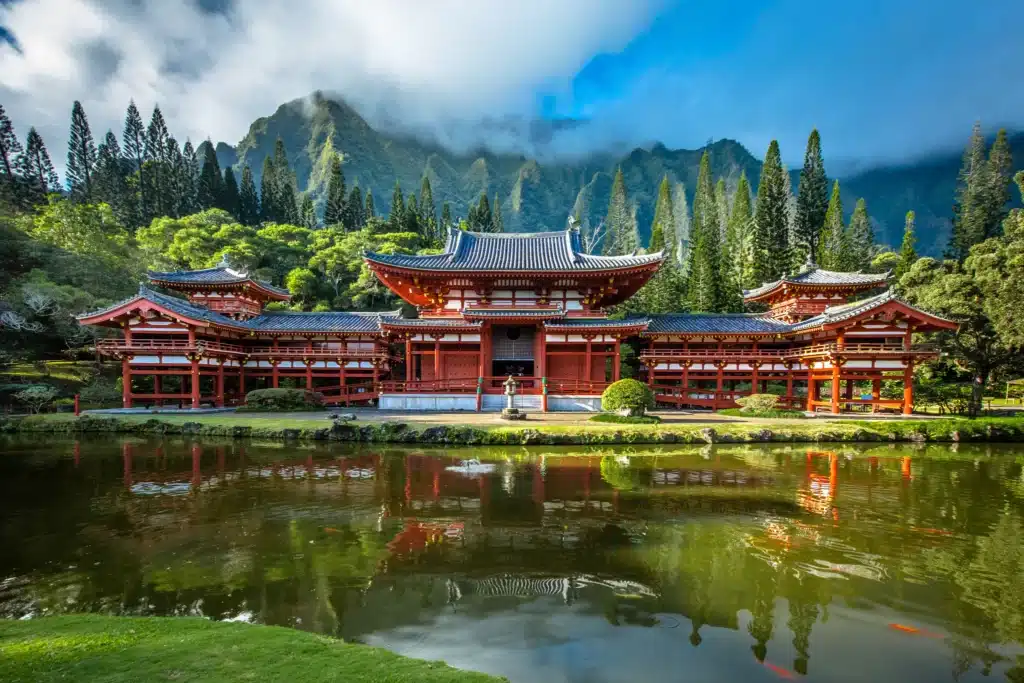
Local Customs And Etiquette
Respect for the local culture is important in Hawaii. Here are some things to keep in mind:
- Aloha Spirit: This is the coordination of mind and heart, and is expressed by treating others with deep care, respect, and humility.
- Lei Greetings: It is considered rude to refuse a lei if it is offered to you, or to remove it in the presence of the person who gave it to you.
- Sacred Sites: Many places in Hawaii have spiritual significance for the native Hawaiian people. Always respect these sites and follow any posted rules.
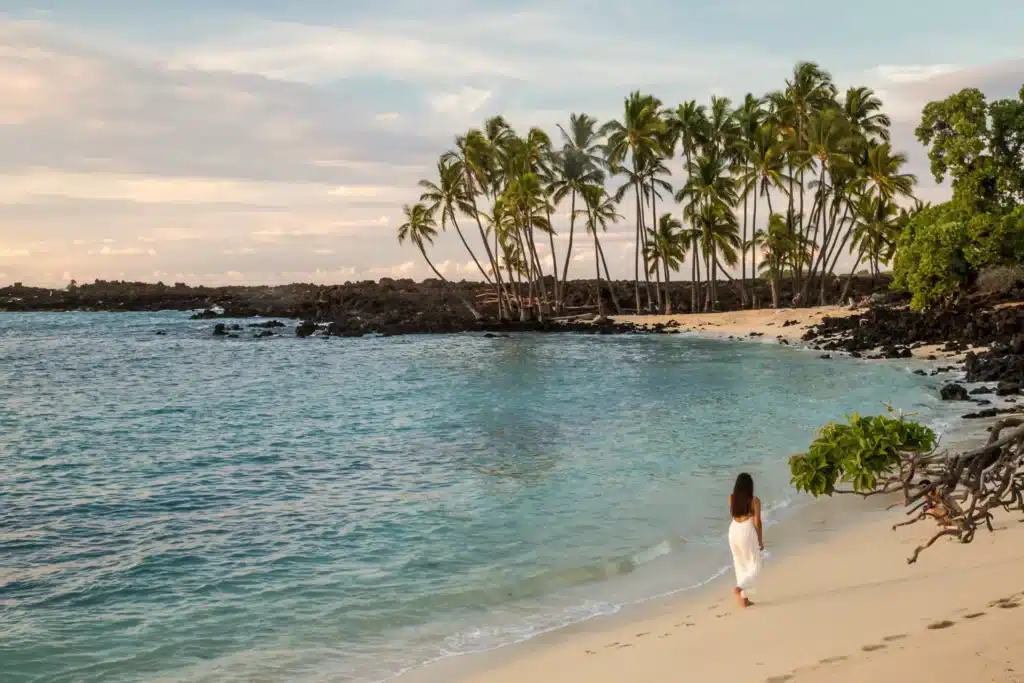
Travel Checklist
Before you leave for your trip to Hawaii, make sure to:
- Check your travel documents: Make sure your passport is valid (for international travelers), and you have all necessary IDs and reservation confirmations.
- Check the weather: While Hawaii’s weather is generally consistent, it’s always a good idea to check closer to your departure date.
- Notify your bank: Let your bank know that you’ll be traveling to avoid any issues with your credit or debit cards.
- Pack accordingly: Use the essential packing list to ensure you don’t forget anything important.
- Check in for your flight: Do this 24 hours before your departure time.
Accommodations
Choosing the right place to stay can significantly enhance your Hawaiian vacation. From luxury resorts with breathtaking ocean views to cozy boutique hotels nestled in lush tropical landscapes, each island offers a variety of accommodations to suit all tastes and budgets.
Big Island’s Best Hotels
Big Island’s accommodations provide guests with a variety of unique experiences, from rooms overlooking an active volcano to oceanfront cabanas. Top picks include the ‘Four Seasons Resort Hualalai’, the ‘Mauna Kea Beach Hotel’, and the ‘Hilton Waikoloa Village’.
Maui’s Best Hotels
Maui’s resorts are renowned for their lavish amenities, stunning settings, and world-class service. The island’s top accommodations include the ‘Four Seasons Resort Maui at Wailea’, the ‘Andaz Maui At Wailea Resort’, and the ‘Fairmont Kea Lani’.
Oahu’s Best Hotels
Oahu’s accommodations are diverse, ranging from the luxurious high-rise hotels of Waikiki to the more laid-back beachfront rentals on the North Shore. Top choices include the historic ‘Royal Hawaiian’, the ‘Moana Surfrider’, and the ‘Ritz Carlton Residences’.
Kauai’s Best Hotels
Kauai offers an array of accommodations, from luxury resorts in Poipu to charming cottages in Hanalei. Notable accommodations include ‘1 Hotel Hanalei Bay’, ‘Grand Hyatt Kauai Resort and Spa’, and the boutique ‘Koa Kea Hotel & Resort’.
Cuisine & Dining
Hawaiian cuisine is a vibrant fusion of flavors influenced by the many cultures that call these islands home. Each island offers unique dining experiences, from luxurious fine dining establishments to casual beachfront eateries serving fresh local fare.
Big Island’s Best Restaurants
Big Island’s vibrant culinary scene ranges from AAA Four Diamond awarded ‘Brown’s Beach House’ to island dining at ‘Hau Tree at Mauna Kea’, and Japanese-inspired ‘CanoeHouse’.
Maui’s Best Restaurants
Maui’s gastronomic paradise features sushi from ‘Vana Paia’, California-Hawaiian fusion at ‘Wolfgang Puck’s Spago’, and contemporary Japanese fusion at ‘Morimoto Maui’.
Oahu’s Best Restaurants
On Oahu, ‘La Mer’ offers Neoclassic French cuisine, while ‘natuRe Waikiki’ highlights Island French cuisine, and ‘UMI by Vikram Garg’ presents an international array.
Kauai’s Best Restaurants
Kauai’s dining variety includes ‘Aina Kauai Restaurant’s’ Japanese fusion, oceanfront ‘Oasis on the Beach’, and Hawaii-flavored ‘Eating House 1849’ by Chef Roy Yamaguchi.
Attractions
Each Hawaiian island offers a unique array of attractions, from lush rainforests and active volcanoes to historical sites and stunning beaches. Let’s dive into the top attractions on each island:
Big Island’s Best Attractions
Big Island showcases natural wonders from the active Hawaii Volcanoes National Park to lush Akaka Falls State Park, cultural insights at Pu’uhonua O Hōnaunau National Historical Park, and the celestial Mauna Kea Observatory.
Maui’s Best Attractions
Maui entices with the scenic Road to Hana, breathtaking sunrises at Haleakala National Park, historic Lahaina District, and hiking in Iao Valley State Park.
Oahu’s Best Attractions
Oahu’s attractions range from the poignant Pearl Harbor National Memorial, lively Waikiki Beach, vibrant snorkeling at Hanauma Bay, to panoramic views from Diamond Head.
Kauai’s Best Attractions
Kauai, the Garden Isle, boasts rugged Na Pali Coast State Wilderness Park, panoramic Waimea Canyon State Park, scenic Hanalei Bay, and recreational Wailua River State Park.
Tours & Activities
Hawaii offers a vast array of activities and tours that cater to adventure seekers, nature lovers, and culture enthusiasts alike. From thrilling water activities to land tours that immerse you in Hawaii’s stunning landscapes, there’s something for everyone.
Big Island’s Best Tours
From the stunning overhead perspectives offered by helicopter tours to sea-based adventures like sunset cruises and whale watching, there is no shortage of ways to explore the island’s natural beauty.
Maui’s Best Tours
Whether it’s soaring over the island’s stunning features like Haleakala Crater and the Road to Hana via helicopter, exploring the ocean through whale watching or snorkeling excursions, Maui ensures a rich, well-rounded experience.
Oahu’s Best Tours
Between nature, culture, and adventure, there’s something for everyone. Visitors can enjoy breathtaking aerial views of iconic sights like Diamond Head, Pearl Harbor, and Waikiki Beach via helicopter tours, or venture out on the ocean with a sunset cruise or snorkeling tour in Hanauma Bay.
Kauai’s Best Tours
Whether it’s taking to the skies in a helicopter to experience Kauai’s breathtaking landscapes, exploring the Na Pali Coast via boat tour, attending a traditional luau, or hiking the legendary Kalalau Trail, Kauai offers myriad ways for visitors to connect with its unique charm.
Transportation
Navigating the Hawaiian Islands involves various modes of transportation. From flying between islands to cycling around town, understanding your options can help make your travel experience smoother and more enjoyable.
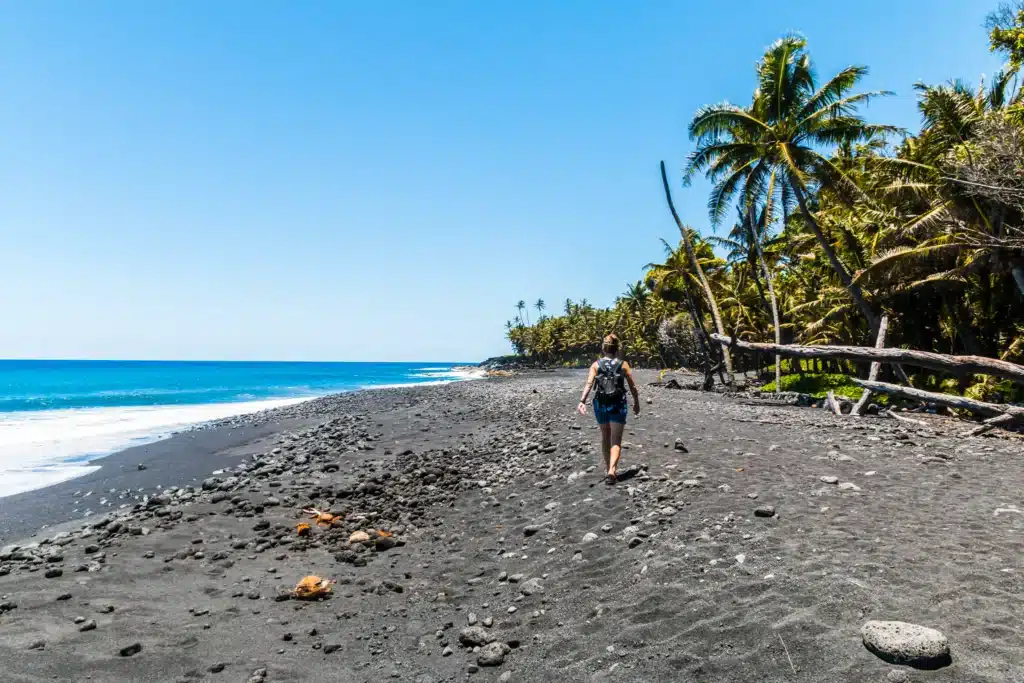
Inter-Island Travel
Flights are the most efficient way to travel between islands. Hawaiian Airlines, Southwest Airlines, and Mokulele Airlines operate regular inter-island services. There are also ferry services between some islands, notably the Maui-Lanai and Maui-Molokai ferries.
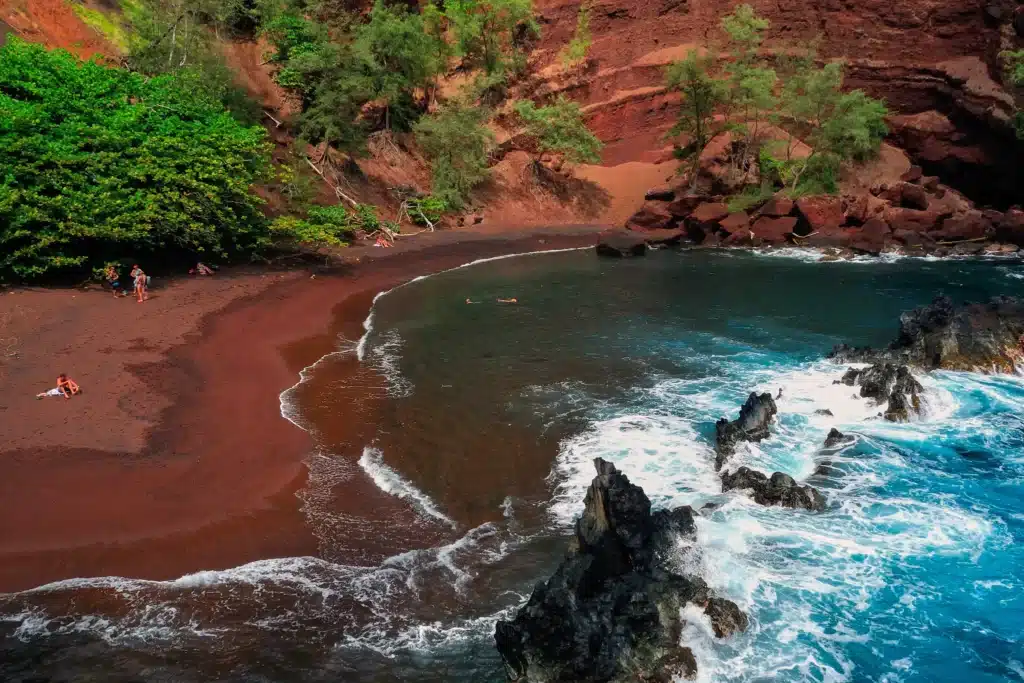
Public Transportation
Each island has its own public bus service. TheBus on Oahu has the most extensive network, covering Honolulu and other key areas. Maui Bus, Kauai Bus, and Hele-On Bus in Big Island have limited coverage but can be useful for getting to certain destinations.
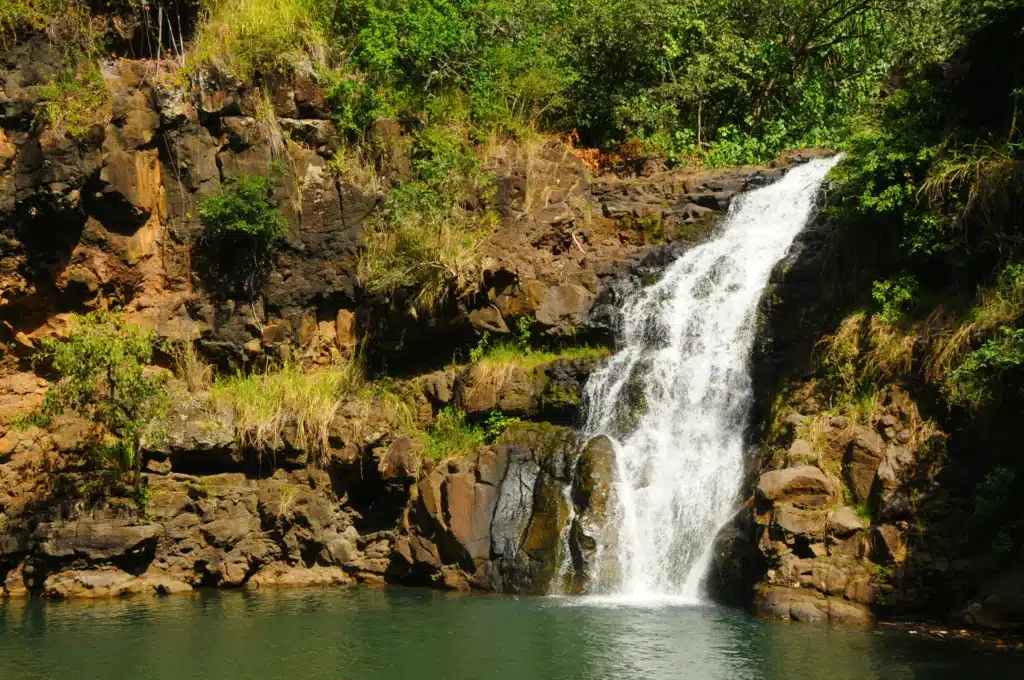
Car Rentals
Renting a car is the most flexible way to explore the islands at your own pace. Major rental companies operate at airports and key tourist areas. It’s advisable to book in advance, especially during peak tourist seasons.
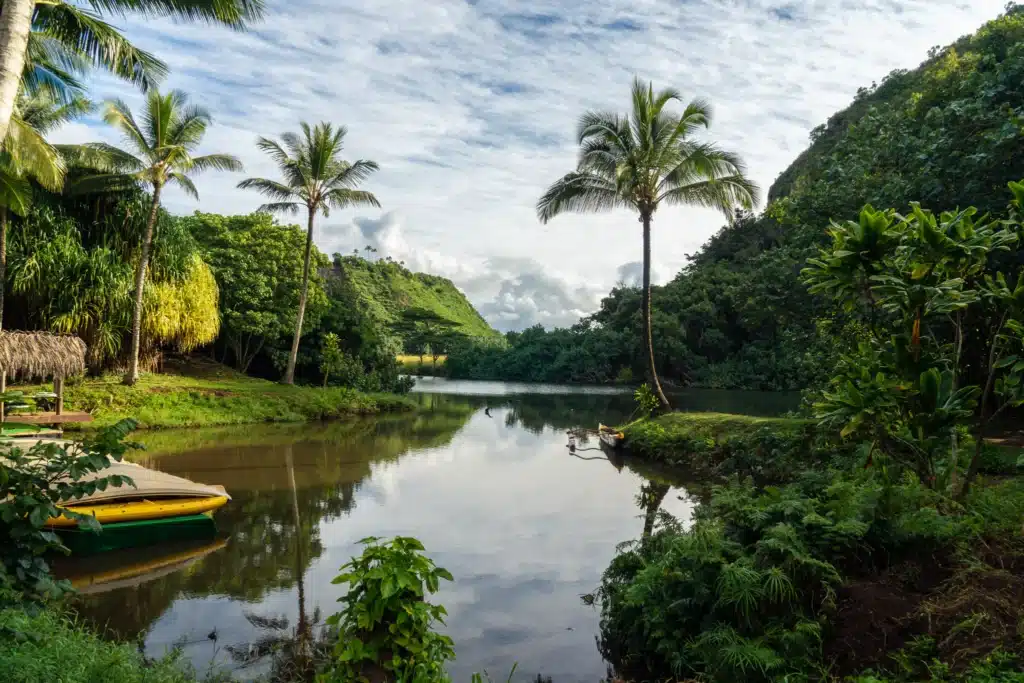
Cycling And Walking
Cycling can be a great way to explore the more urban areas like Honolulu and Lahaina, and there are many beautiful hiking trails across the islands. Always ensure you have maps and are aware of local conditions and regulations.
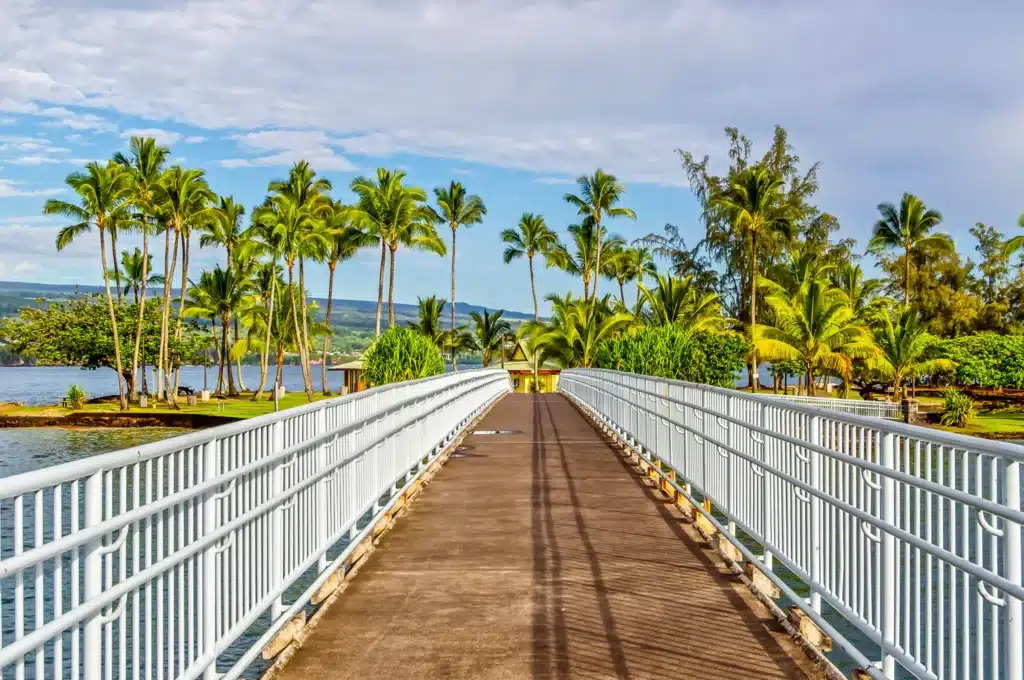
Transportation Tips
Here are some tips for getting around Hawaii:
- Book Early: Car rentals can sell out during high seasons. Booking flights and ferries in advance can also save money.
- Bus Schedules: Public buses don’t run as frequently as in larger cities, so check the schedules and plan accordingly.
- Road Conditions: Be aware of road conditions, particularly if you’re driving on less-developed roads. Some attractions may require a 4-wheel drive vehicle.
- Cycling Safety: Always wear a helmet and follow local traffic laws. Keep in mind that some areas have hilly terrain and roads can be busy.
- Walking: Be prepared for Hawaii’s warm climate if you’re walking long distances. Carry water and sun protection.
Culture & History
Hawaii boasts a rich cultural heritage and fascinating history that are deeply entwined with its stunning natural landscapes. From ancient Polynesian traditions to pivotal historical events, understanding Hawaii’s culture and history can greatly enhance your appreciation of the islands.
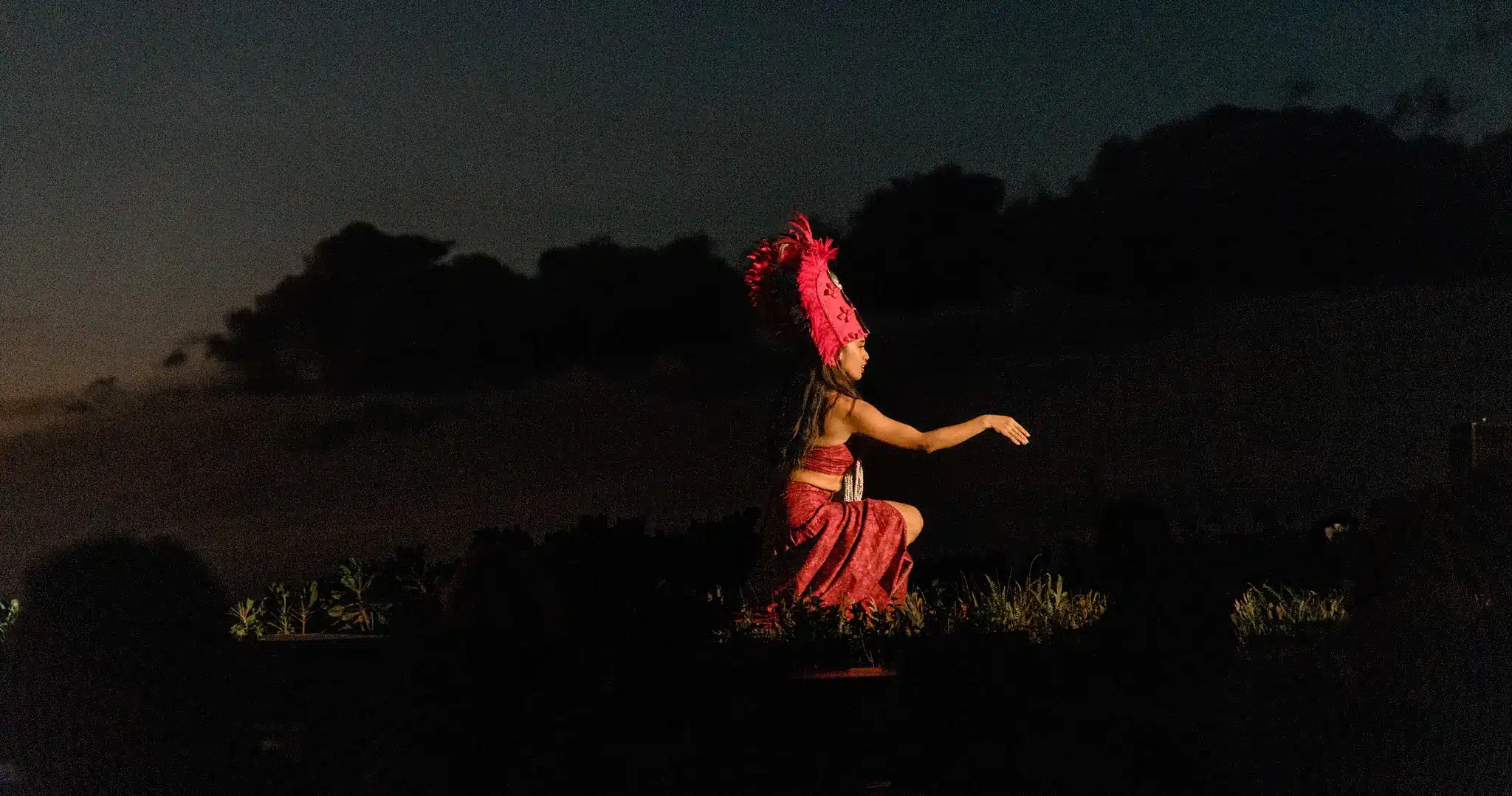
Native Hawaiian Culture
The Native Hawaiian culture is a vibrant tapestry woven with the threads of spirituality, social hierarchy, and traditional practices:
- Aloha Spirit: The concept of Aloha is central to Hawaiian culture, encompassing love, peace, compassion, and a mutual understanding of respect between people and the land (‘āina).
- Hula and Mele: Traditional Hawaiian dance and chant, often performed at luaus, are ways of storytelling and preserving history.
- Kapu System: The ancient Hawaiians followed a complex system of laws and societal rules known as the kapu system.
- Arts and Crafts: Native Hawaiian arts include lauhala weaving, lei making, kapa (bark cloth) making, and tattooing.
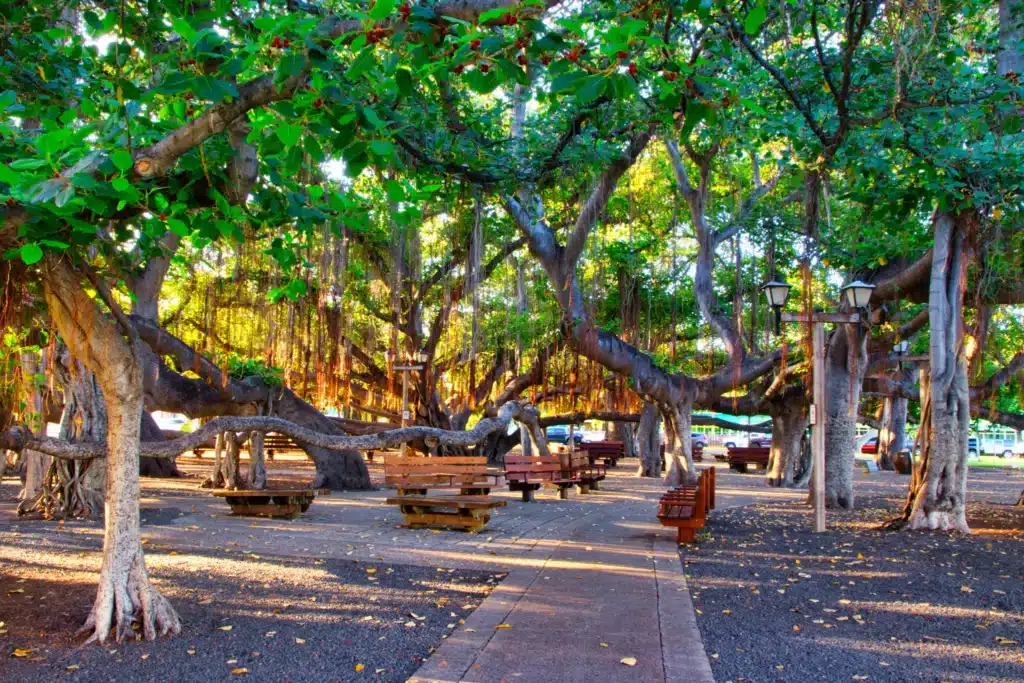
History Of Hawaii
Hawaii’s history spans from the arrival of Polynesians, through the era of the Hawaiian Kingdom, to becoming a U.S. state:
- Polynesian Arrival: Polynesians from the Marquesas Islands were the first to inhabit Hawaii, arriving around 400 A.D. They were later joined by Tahitians.
- Unified Kingdom: King Kamehameha I united the Hawaiian Islands into one royal kingdom in 1810 after years of conflict.
- Overthrow and Annexation: In 1893, Queen Lili’uokalani was overthrown by a group of businessmen and sugar planters. Hawaii was annexed by the United States in 1898.
- Statehood: Hawaii became the 50th U.S. state on August 21, 1959.
Hawaii’s Culture & History
Engage with the nuances of local customs and delve deep into a rich cultural tapestry woven by centuries of history.
Environment
Hawaii’s environment is a unique blend of biodiversity and endemic species, yet it faces several challenges due to increased human activities. As visitors, understanding these environmental aspects can help us contribute positively.
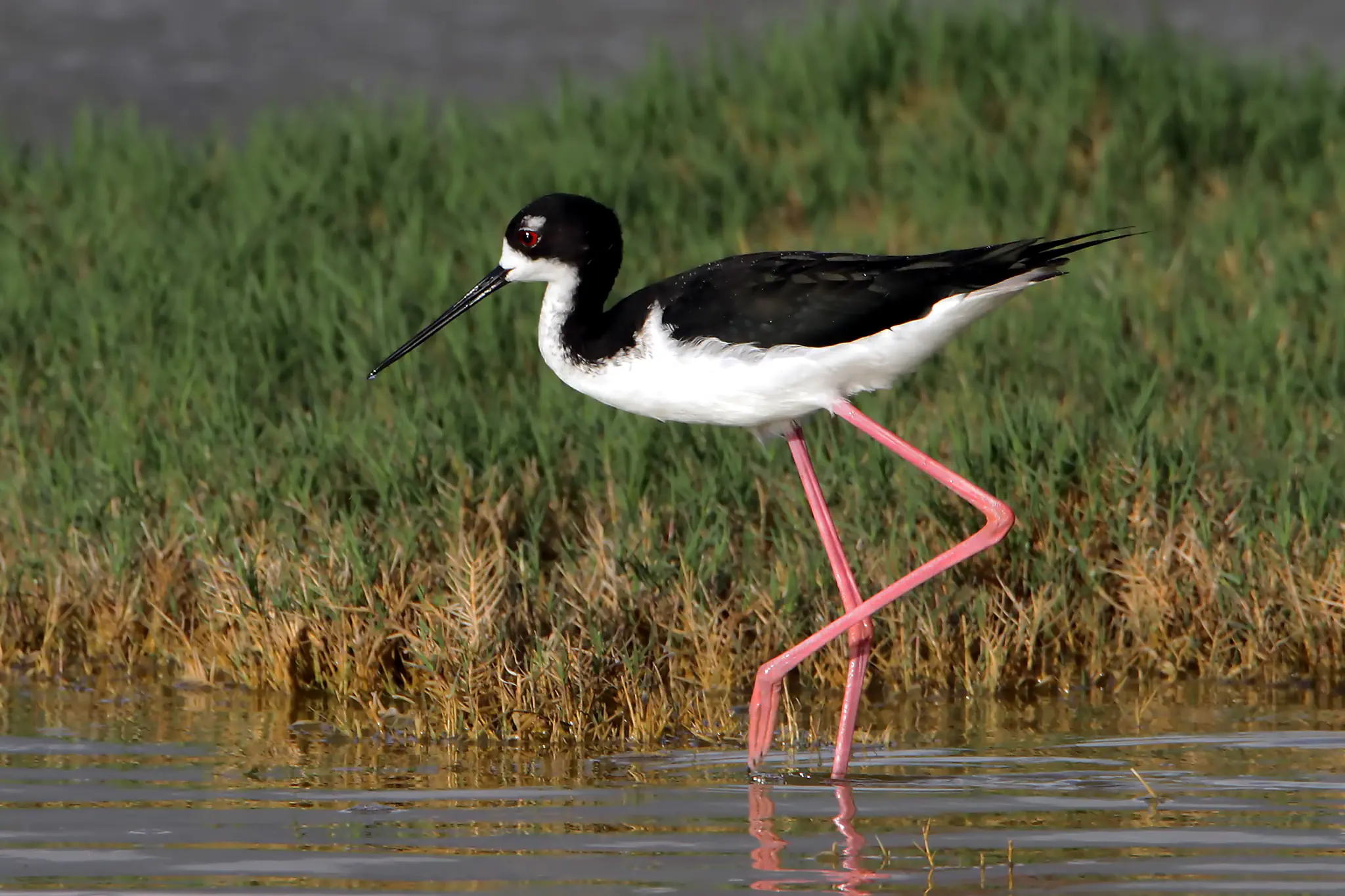
Hawaiian Flora And Fauna
Hawaii’s isolation has led to the evolution of a multitude of endemic species:
- Flora: Notable native plants include the Hawaiian silversword, ‘ōhi’a lehua, and the hala tree. The islands are also famous for hibiscus and orchids.
- Fauna: Endemic animals include the Hawaiian monk seal, green sea turtle, and various bird species like the Hawaiian honeycreeper. The waters around Hawaii are home to numerous marine life forms, including humpback whales.
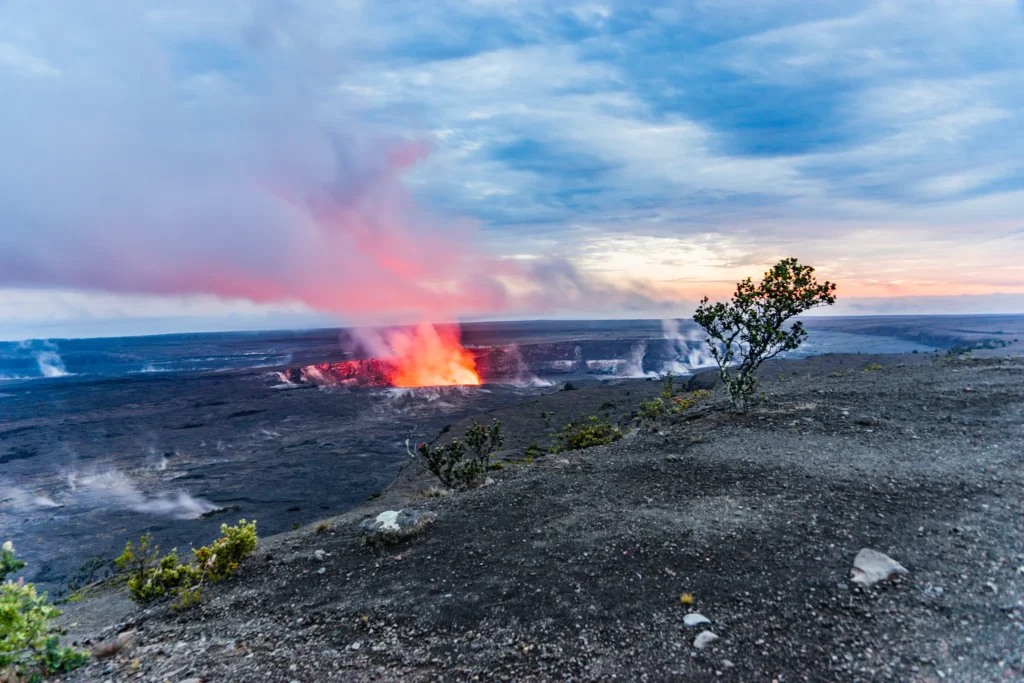
Environmental Challenges
Hawaii faces several environmental issues:
- Invasive Species: Non-native plants and animals threaten the survival of native species.
- Climate Change: Rising sea levels and increased storm intensity pose risks to Hawaii’s ecosystems and communities.
- Pollution: Land-based pollution, including plastic waste, can harm marine environments and the broader ecosystem.
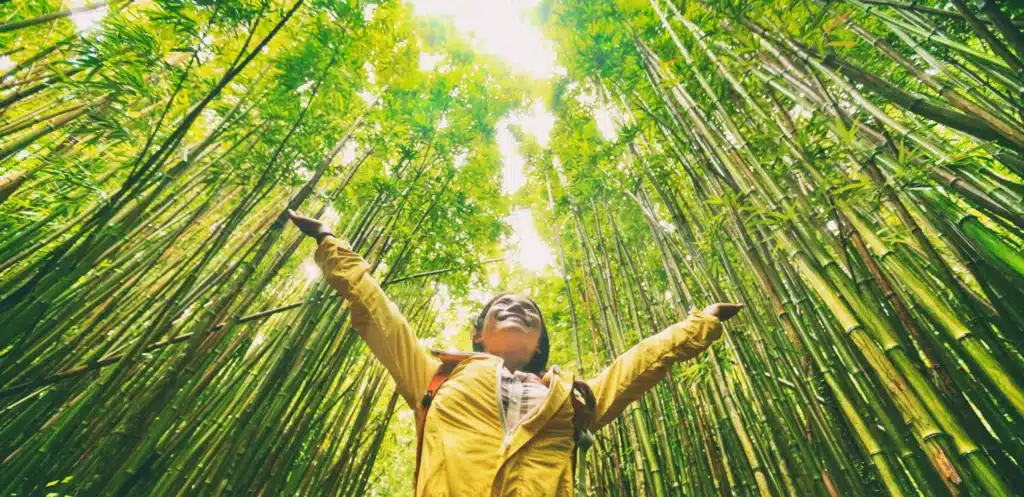
How To Be An Eco-Friendly Tourist
As a visitor, you can help preserve Hawaii’s unique environment:
- Respect Wildlife: Keep a safe distance from all wildlife, especially endangered species like the Hawaiian monk seal.
- Leave No Trace: Follow the “leave no trace” principles – take only photographs, leave only footprints.
- Minimize Plastic Usage: Use a refillable water bottle, bring your own shopping bags, and refuse single-use plastic whenever possible.
- Stay on Marked Trails: When hiking, always stay on marked trails to avoid damaging sensitive habitats.
- Choose Eco-friendly Tour Operators: Support businesses that practice sustainable tourism.
Hawaii’s Environment
Gain a deeper understanding of the unique ecosystems that make these islands a true paradise on Earth.
Safety & Health
While Hawaii is generally a safe destination, being mindful of health and safety precautions can help ensure a worry-free vacation. From respecting the ocean to protecting yourself from the sun, here’s what you need to know.
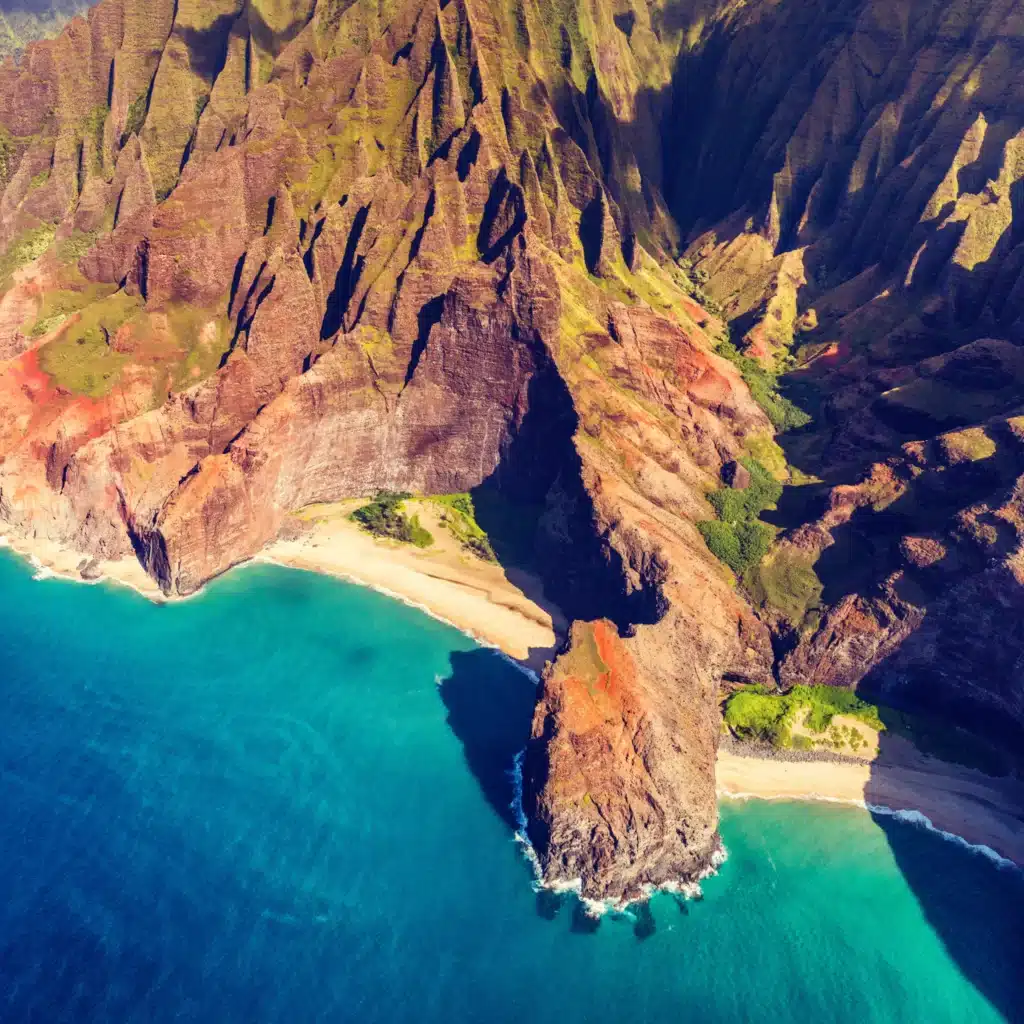
Health Precautions
Maintaining your health during your vacation is essential:
- Travel Insurance: Consider obtaining travel insurance that covers medical emergencies.
- Stay Hydrated: Hawaii’s warm climate, especially when coupled with physical activity, can lead to dehydration. Drink plenty of water throughout the day.
- Dengue Fever and Zika Virus: While rare, these diseases can be present in Hawaii. Use mosquito repellent and wear long sleeves and pants when possible.
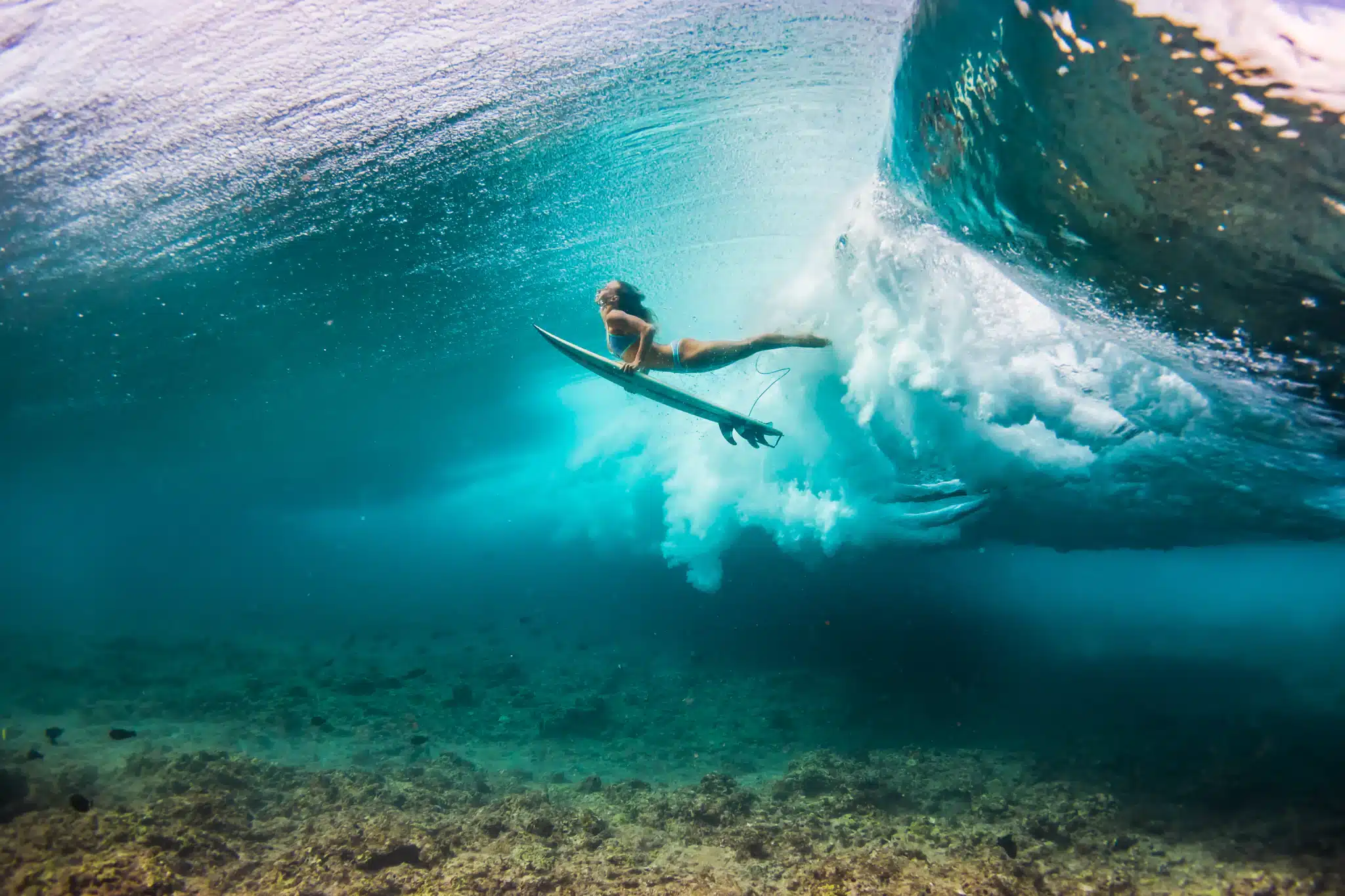
Ocean Safety
Respect for the ocean is a key part of Hawaiian culture and an essential aspect of safety:
- Rip Currents: Be aware of the possibility of rip currents, especially on beaches without lifeguards.
- Marine Life: Keep a safe distance from marine life, including coral reefs. It’s illegal to touch or harass sea turtles and monk seals.
- Surfing and Water Sports: If you’re new to surfing or other water sports, consider taking a lesson from a certified instructor
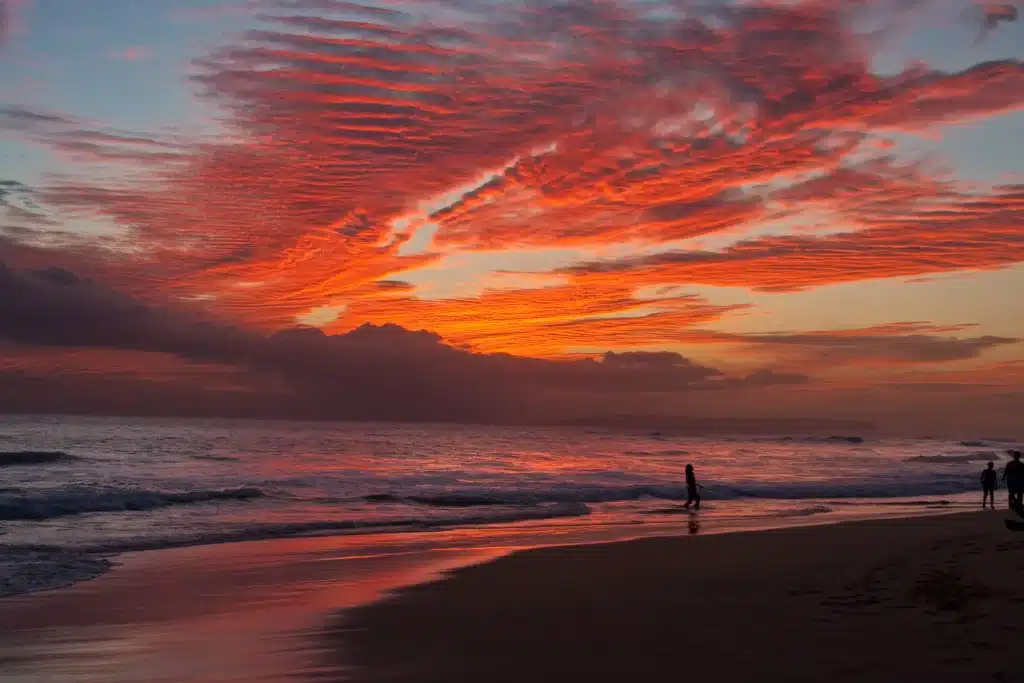
Sun Protection
Hawaii’s tropical location means strong sun exposure:
- Sunscreen: Apply a broad-spectrum sunscreen of at least SPF 30, even on cloudy days.
- Cover Up: Wear a hat and UV-blocking sunglasses, and seek shade during the sun’s peak intensity (10 a.m. to 4 p.m.).
- Drink Water: Stay hydrated to help prevent heat-related illnesses.
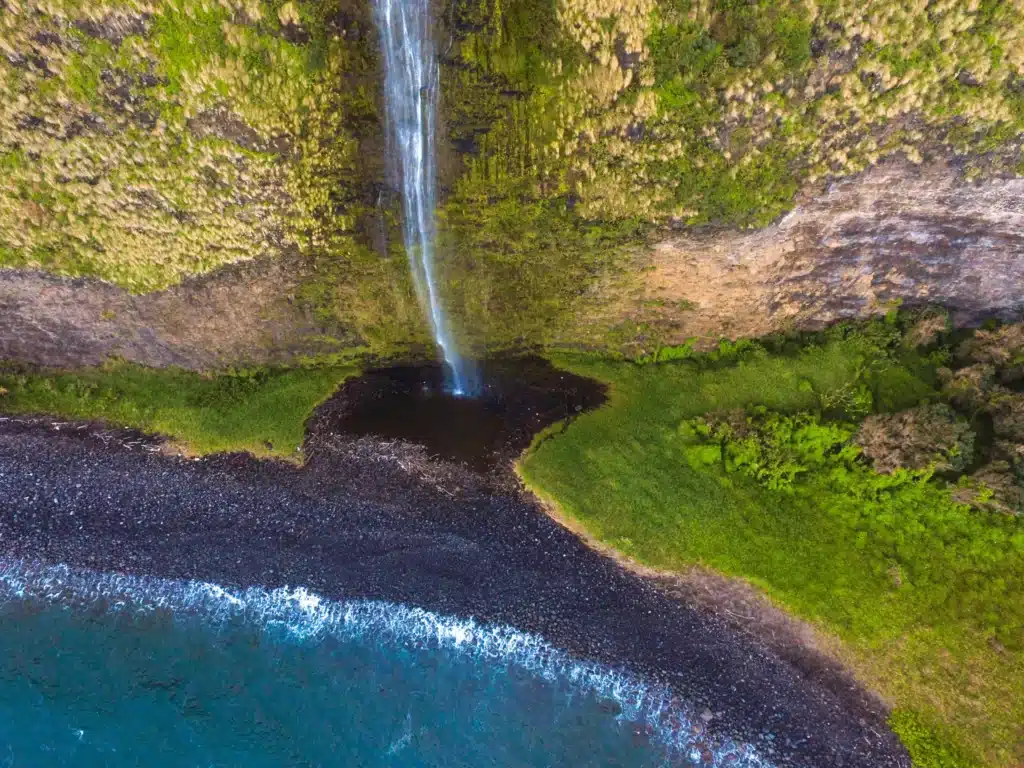
Emergency Contacts
In case of emergency, here are some important contacts:
- Emergency Services: For police, fire, or medical emergencies, dial 911.
- Coast Guard: If you’re on the water and need help, call the U.S. Coast Guard at (800) 323-7233.
- Poison Center: If you need information about poisons, or in case of poisoning, call the Poison Center at (800) 222-1222.
Sustainable Travel
Sustainable travel in Hawaii is all about minimizing our impact on the islands’ delicate ecosystems and contributing positively to local communities. It means traveling with sensitivity, responsibility, and respect.
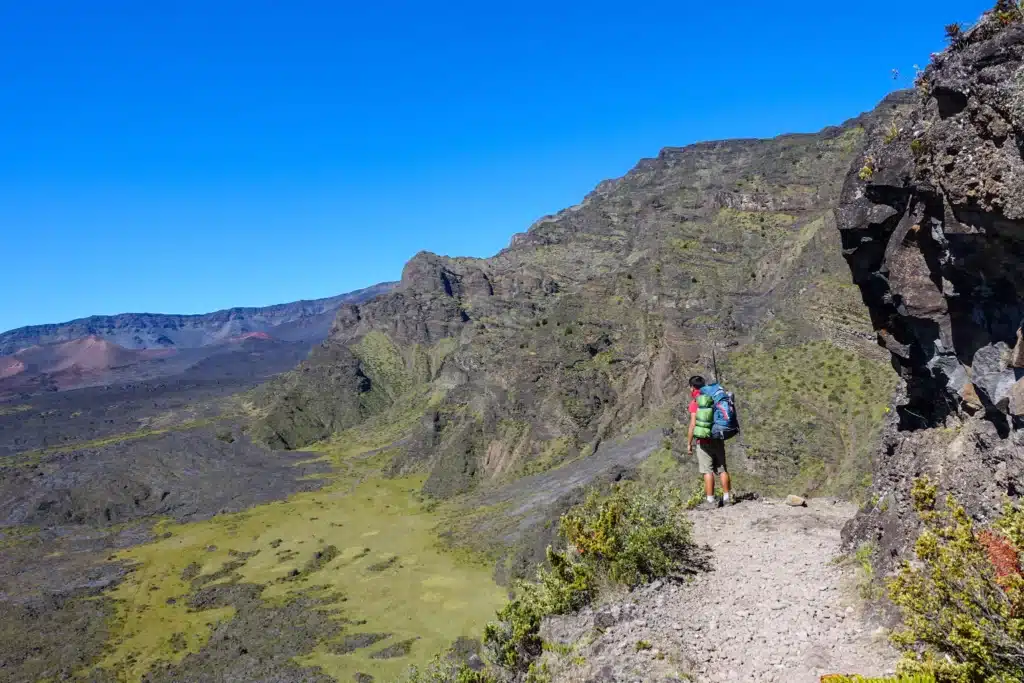
Respect For Nature
Hawaii’s natural beauty is its greatest asset, and it’s our responsibility to protect it:
- Stay on the Path: Always stick to marked trails while hiking to avoid disturbing local flora and fauna.
- Leave No Trace: Never leave trash behind. Pack out everything you pack in.
- Respect Wildlife: Keep a safe distance from animals and never feed them.
- Don’t Disturb the Land: Do not take sand, rocks, or any natural materials from the beaches or parks.
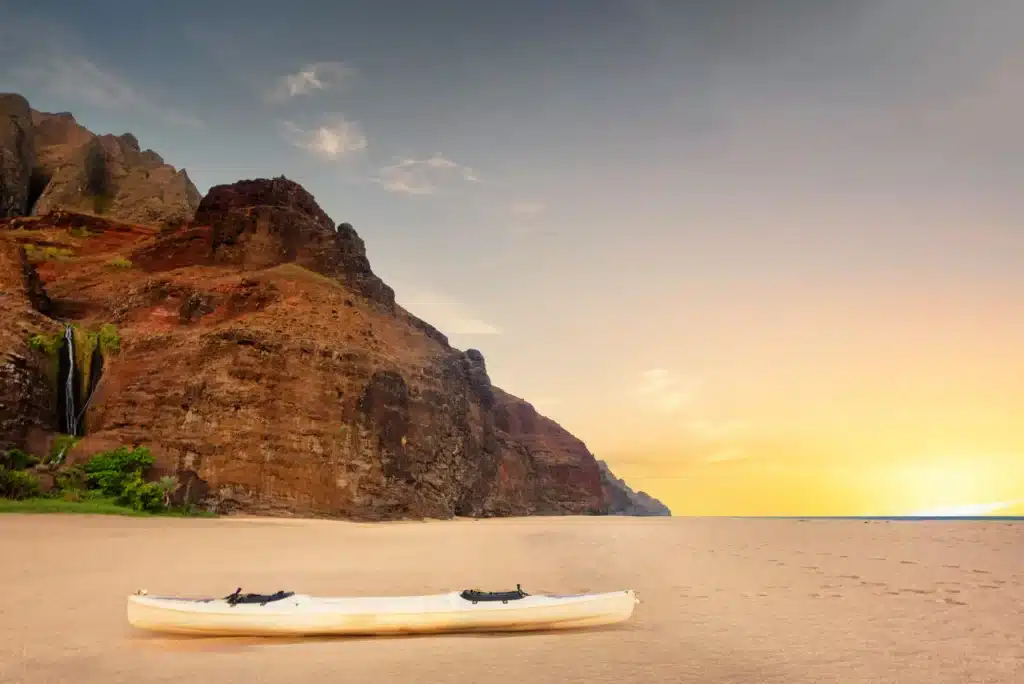
Eco-Friendly Practices
Make your trip greener with these practices:
- Use Public Transportation: Minimize your carbon footprint by using public transport or shared ride services.
- Reuse and Recycle: Refuse single-use items, bring a reusable water bottle and shopping bag, and recycle whenever possible.
- Choose Sustainable Accommodation: Support hotels and resorts that prioritize sustainability and give back to the local community.
- Support Local: Choose local businesses and restaurants to support the local economy.
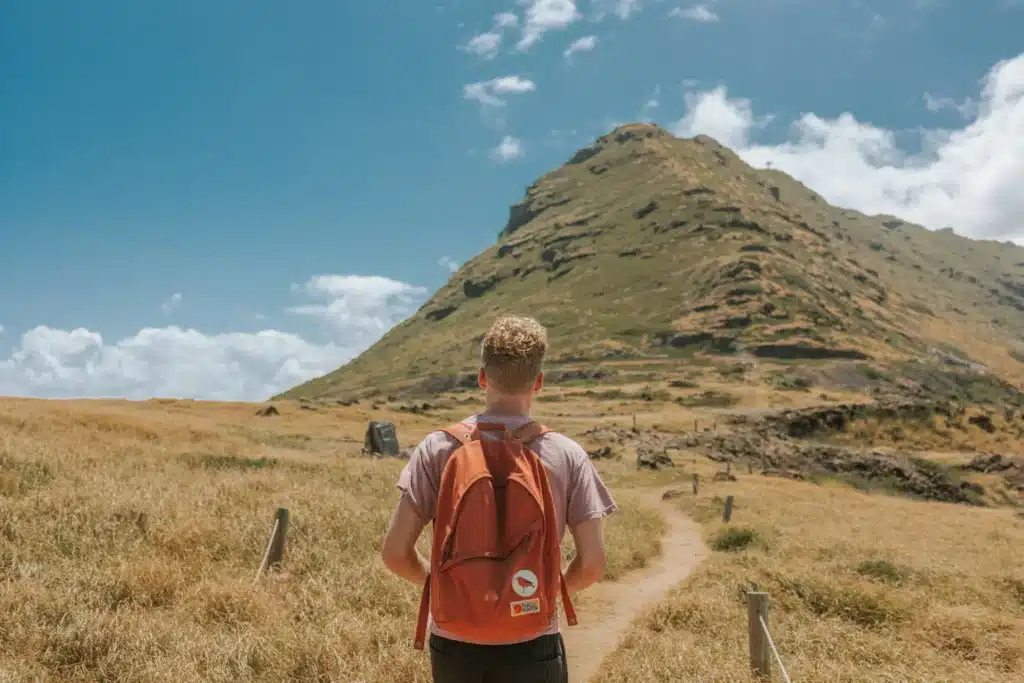
Volunteering Opportunities
Give back to Hawaii during your visit:
- Beach Cleanups: Participate in organized beach cleanups to help protect marine life.
- Forest Restoration: Join local organizations in their efforts to restore native forests.
- Voluntourism: Consider vacation options that incorporate volunteering with local nonprofits or community groups.
Conclusion
Exploring Hawaii offers a unique blend of natural beauty, vibrant culture, and rich history. From its mesmerizing landscapes, warm tropical climate, diverse activities, to its mouthwatering cuisine, the Hawaiian islands truly offer something for everyone.
Join Hawaiians.
Get discounts, trips ideas, exciting news, and much more. Delivered right to your inbox, for free.
